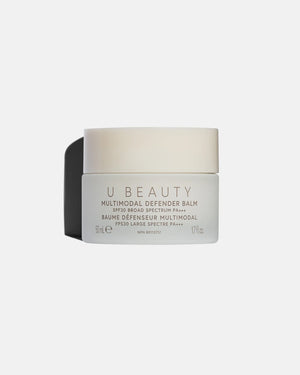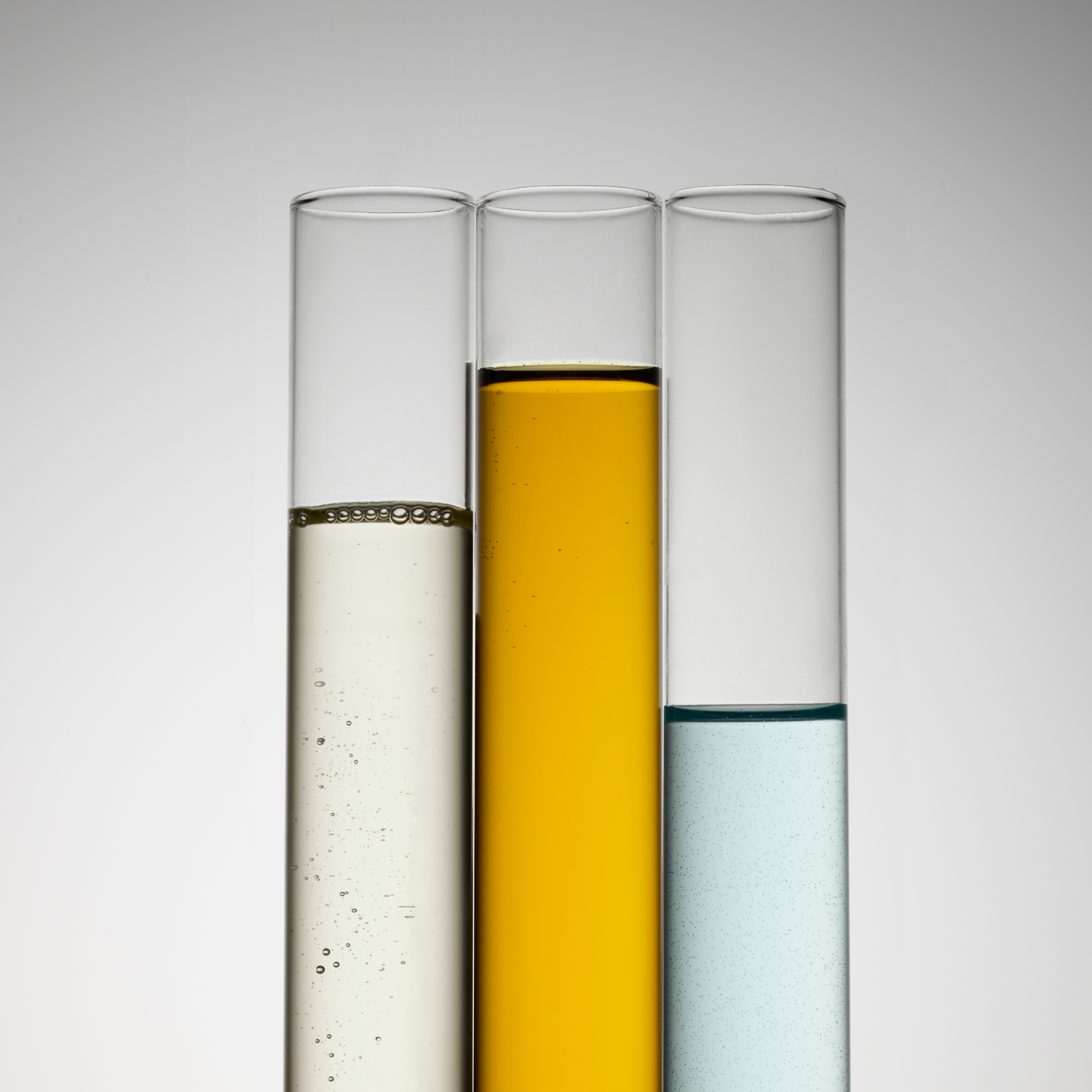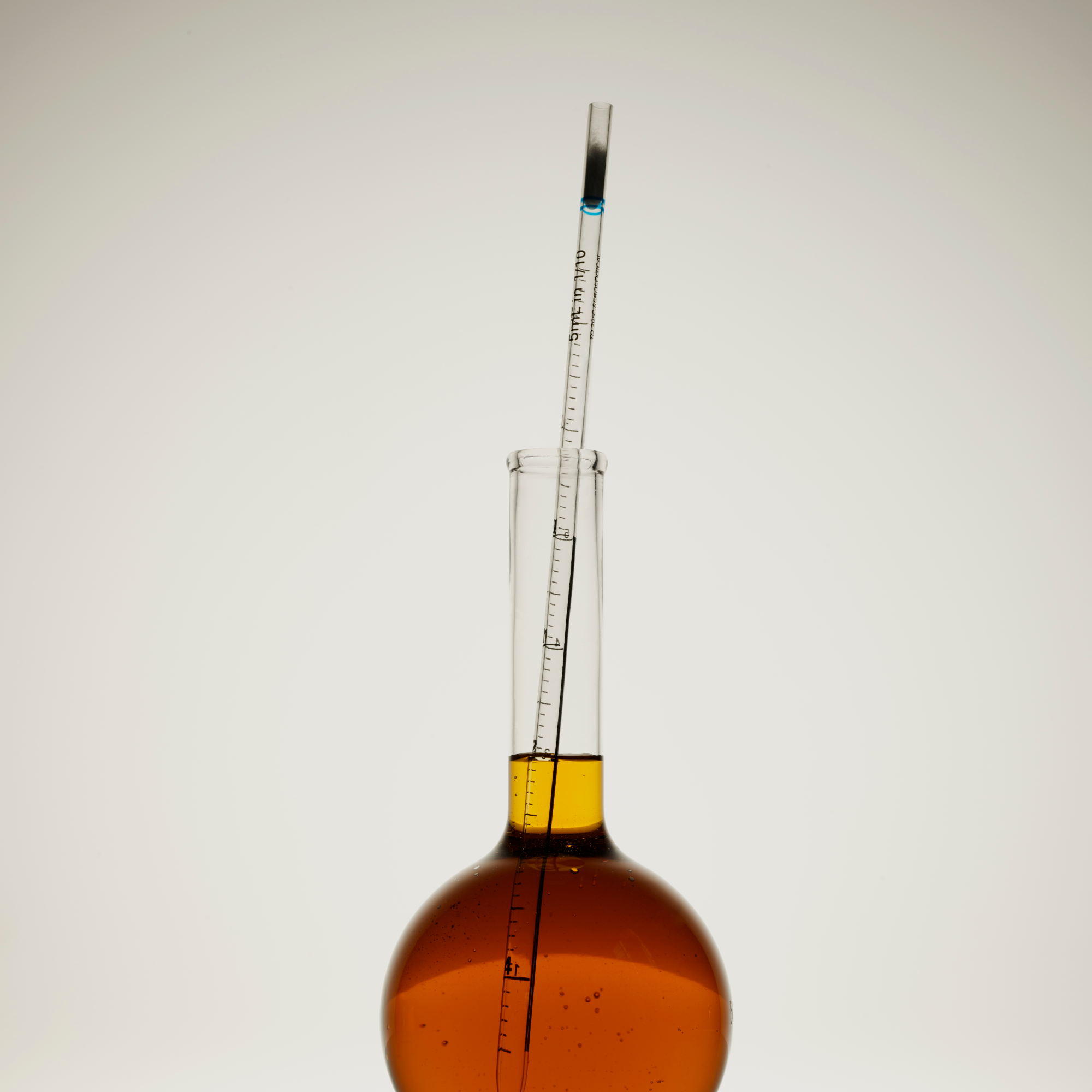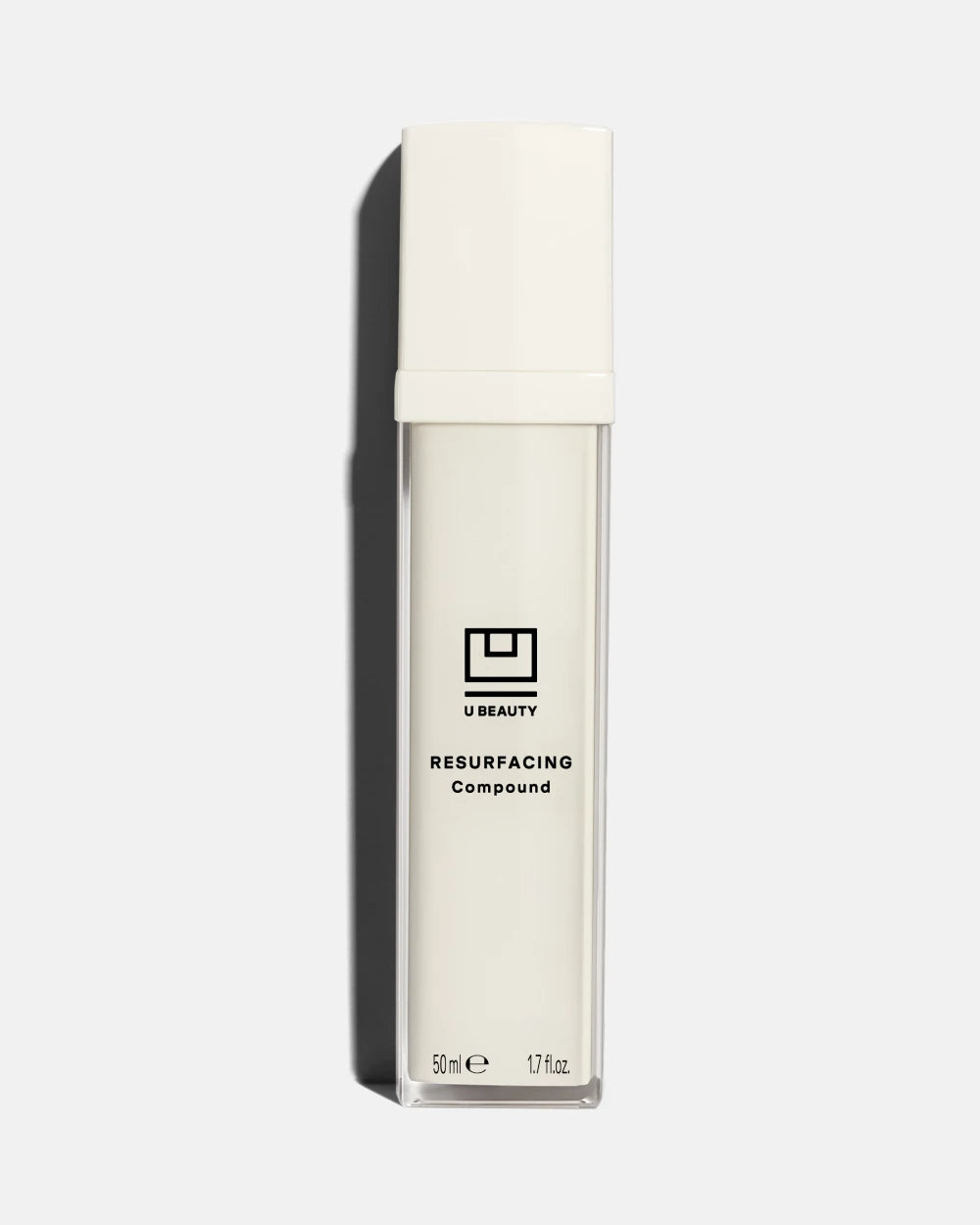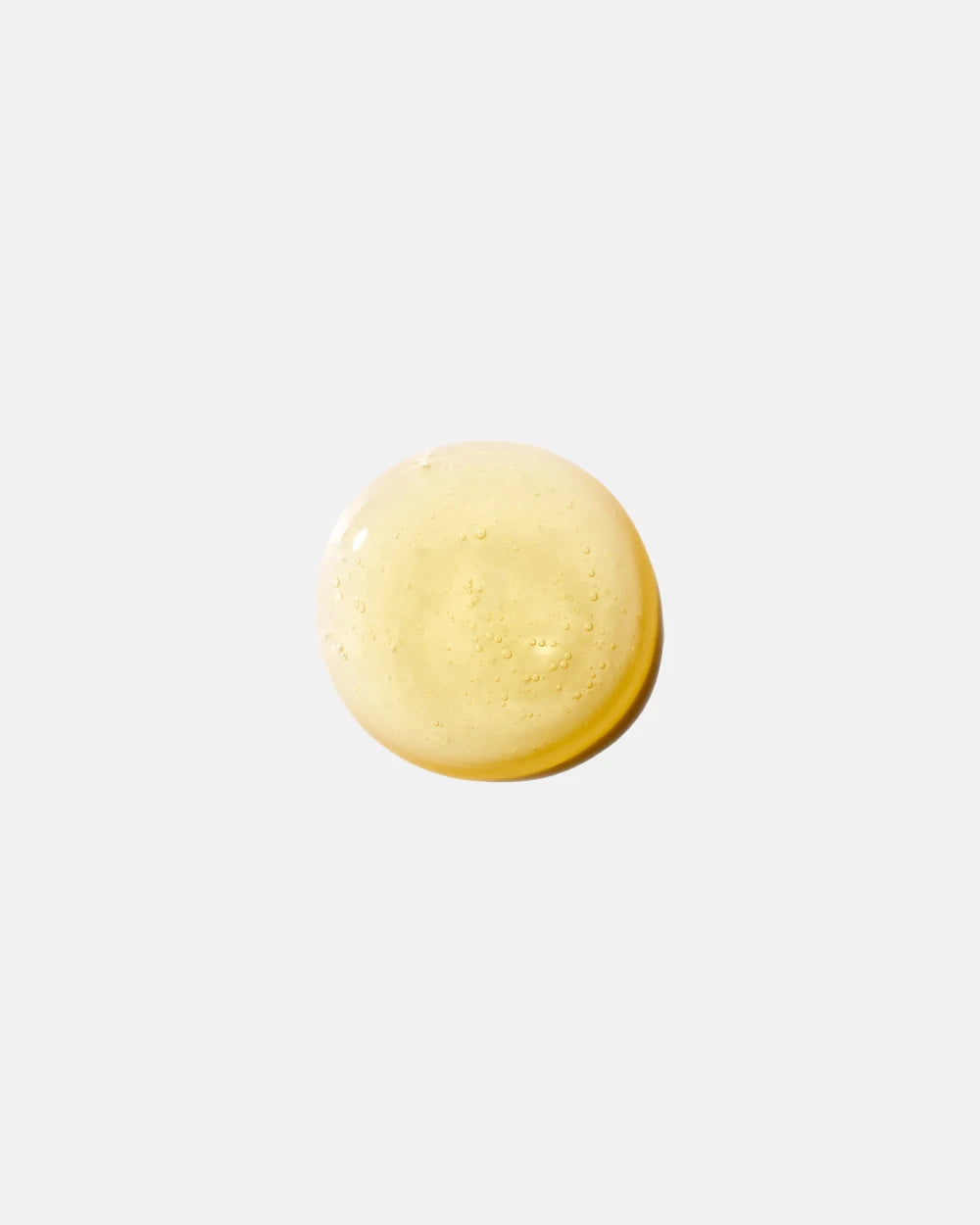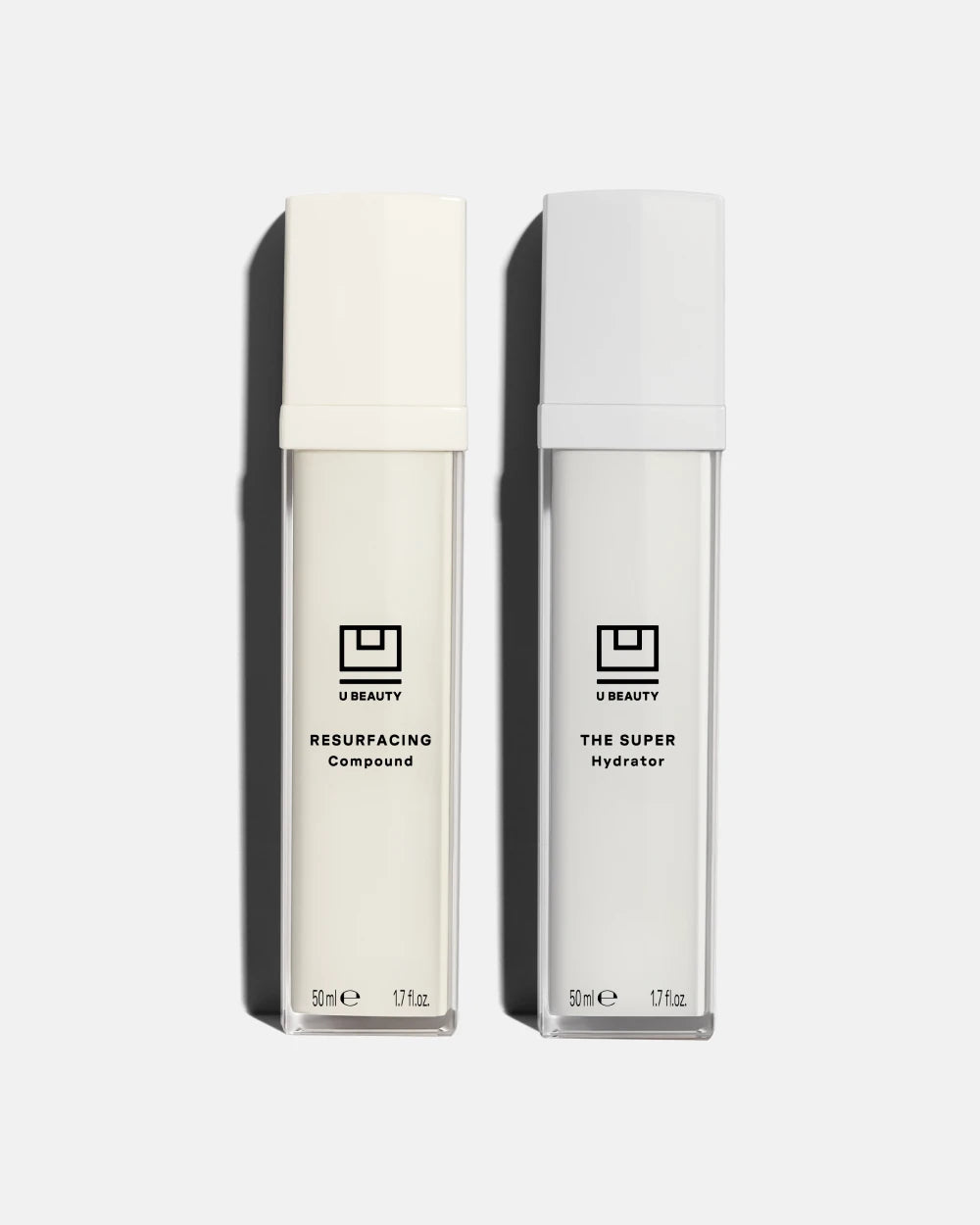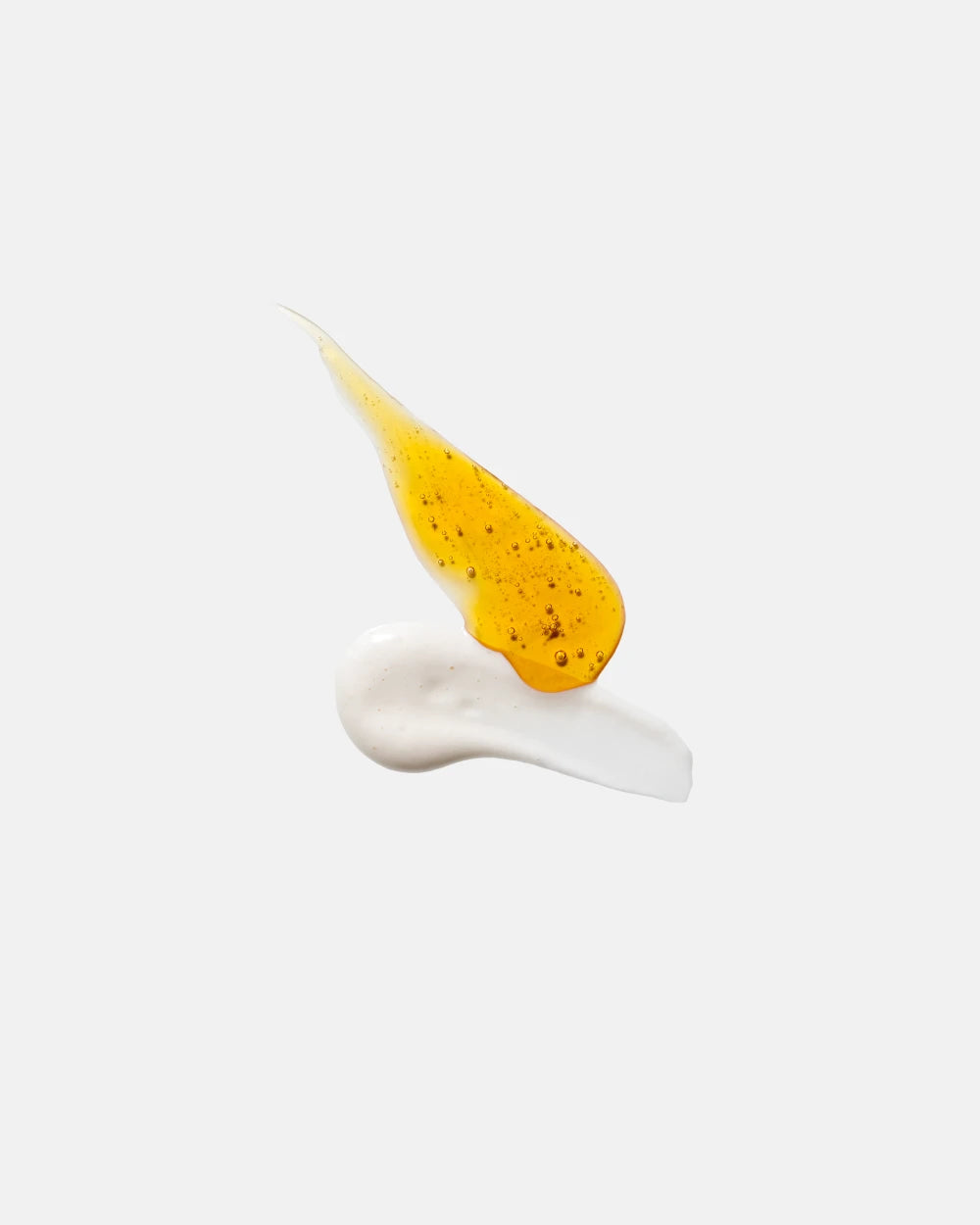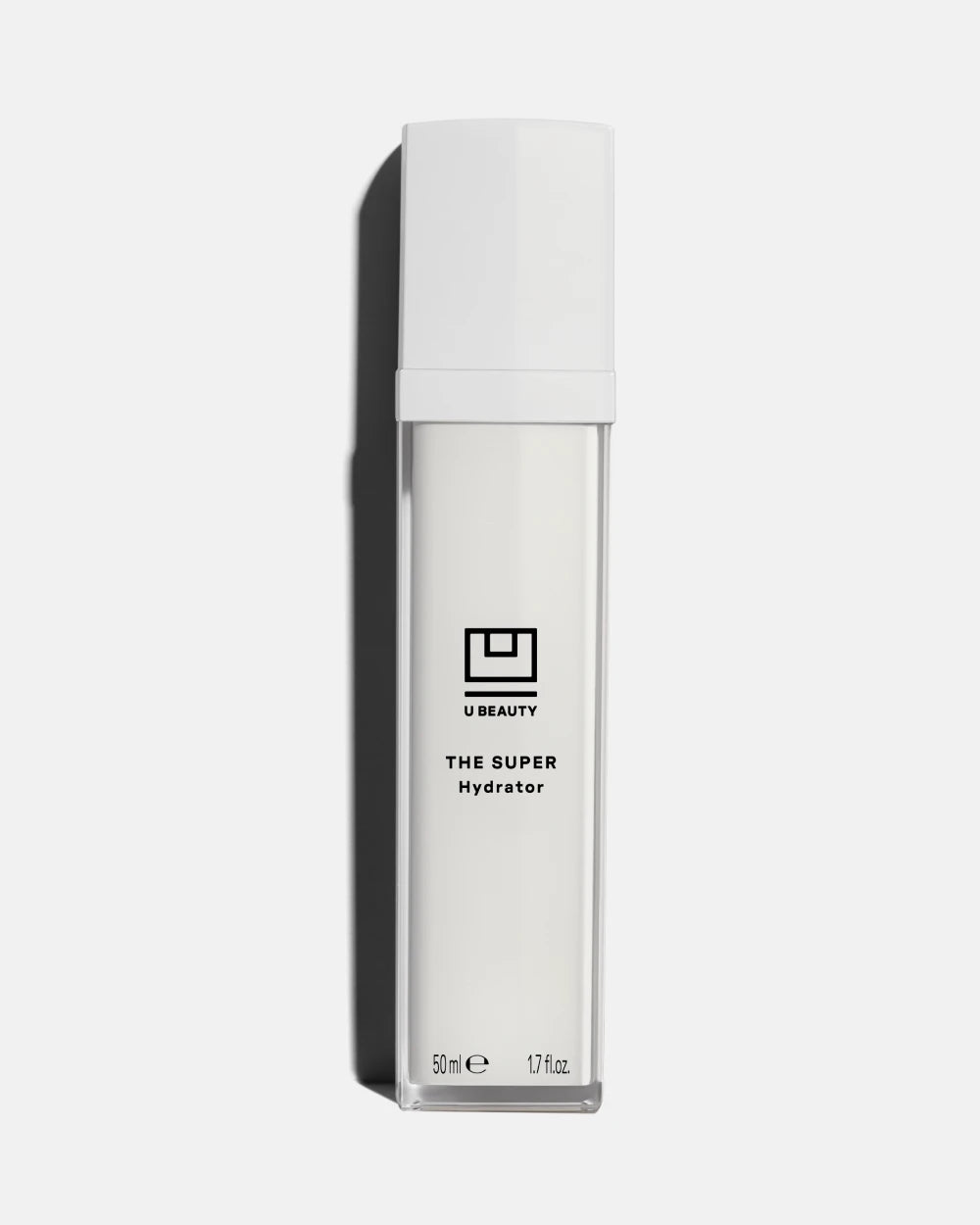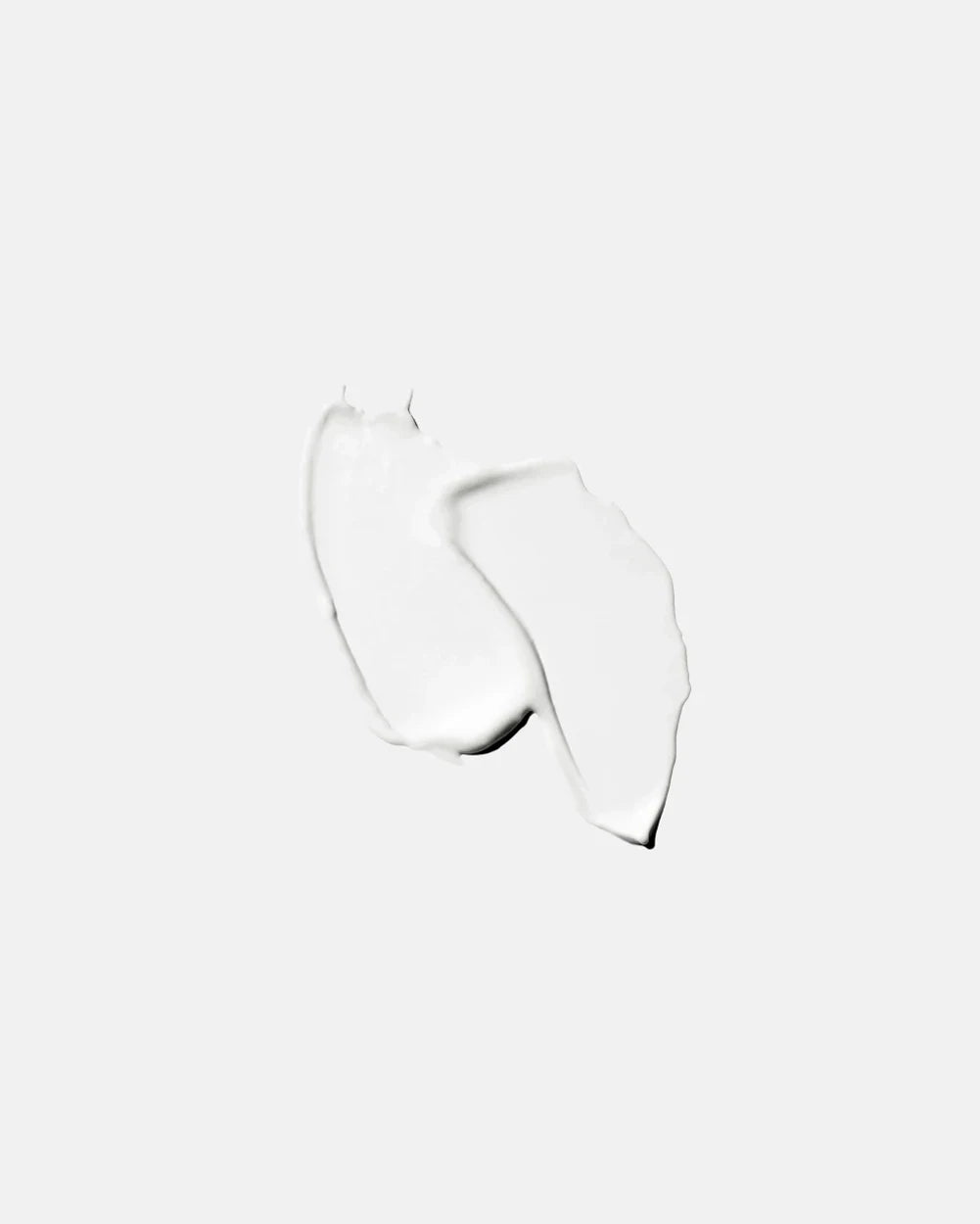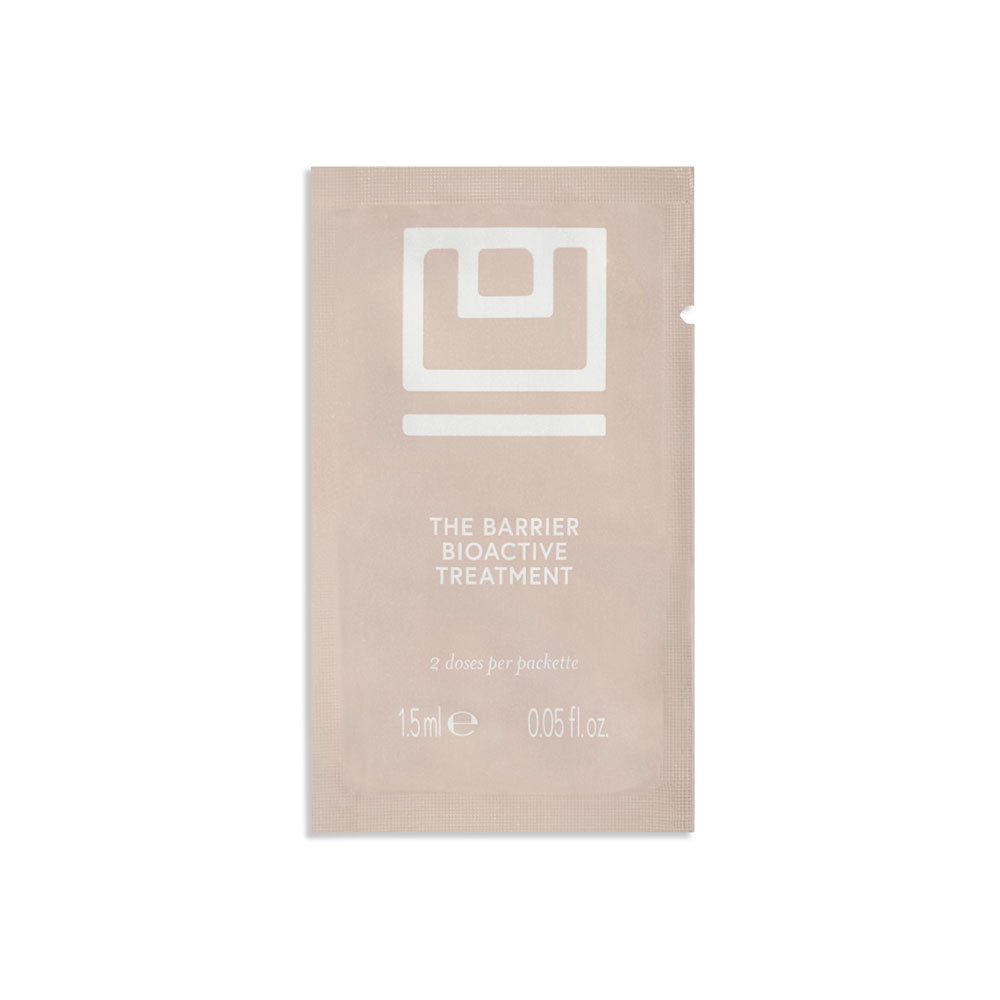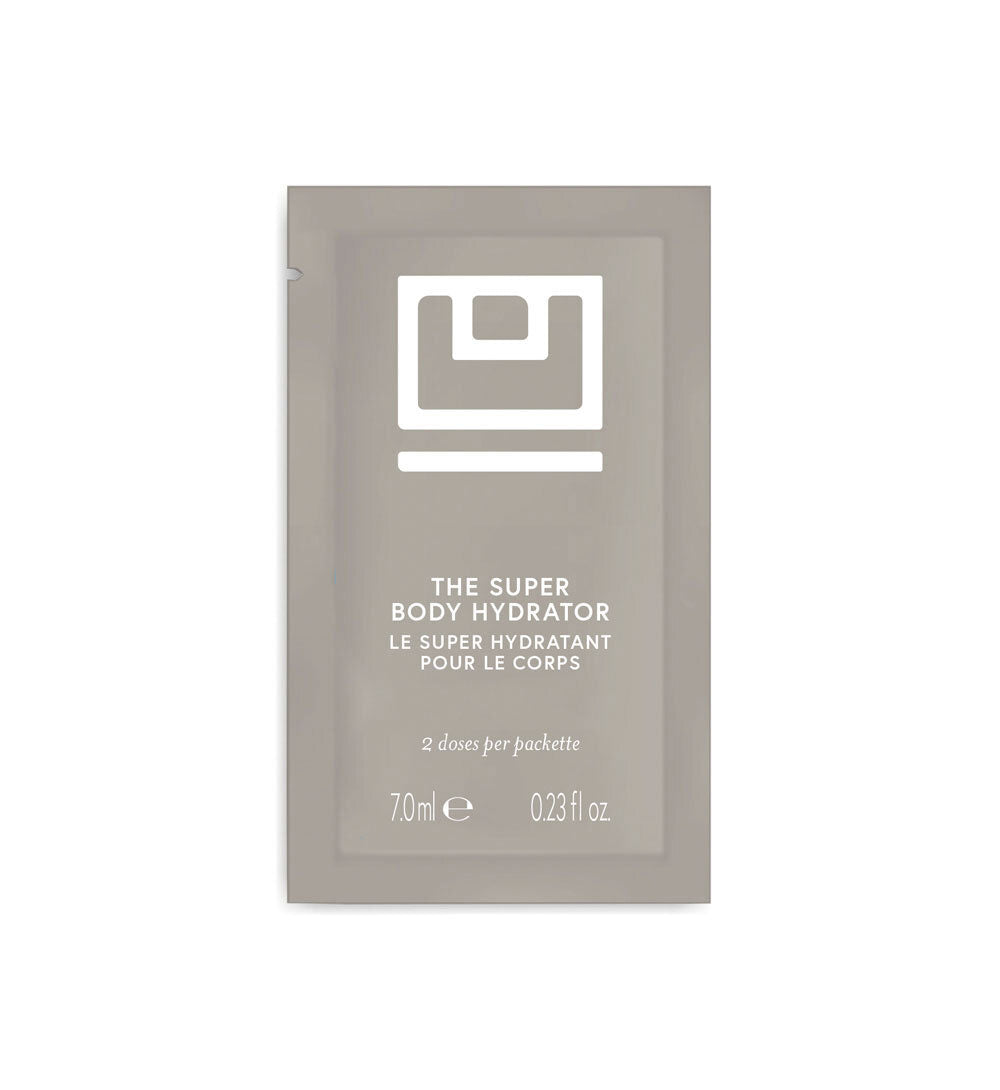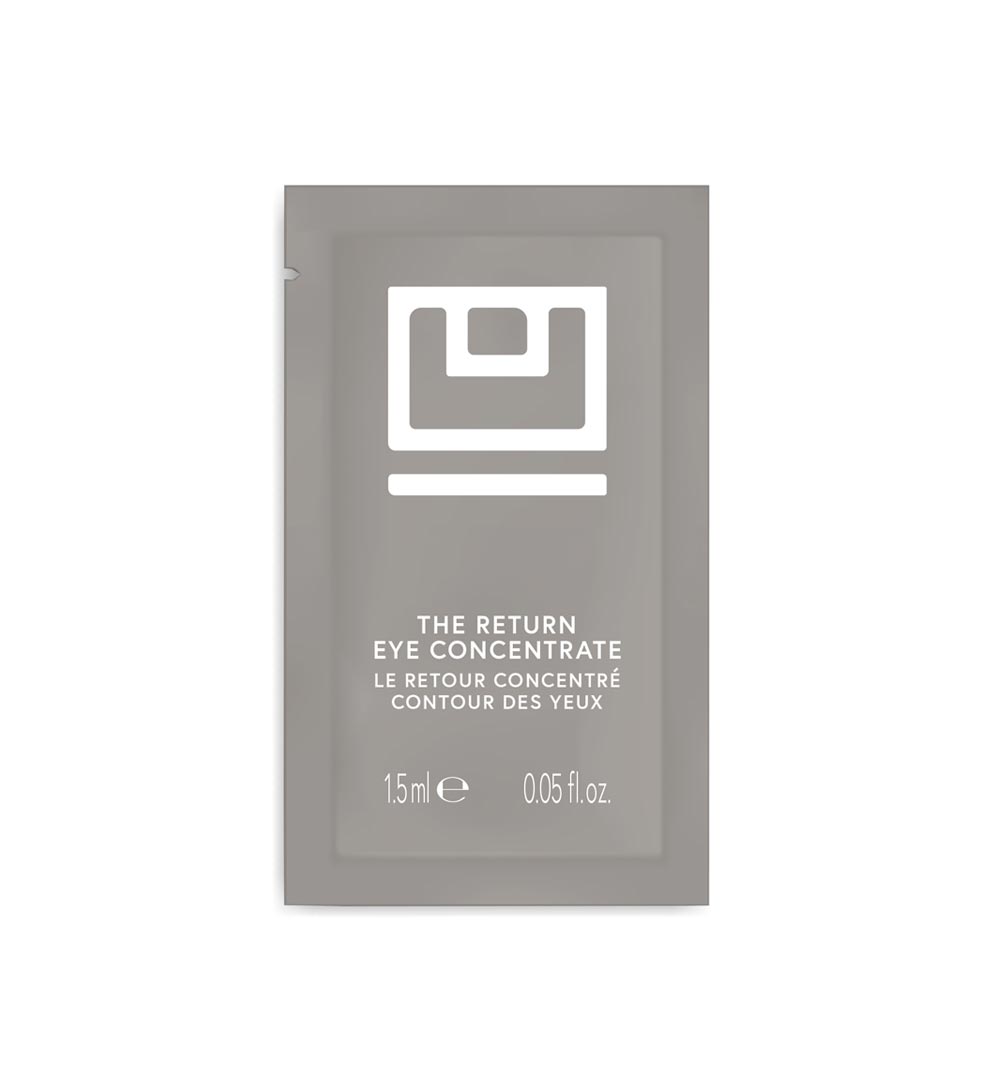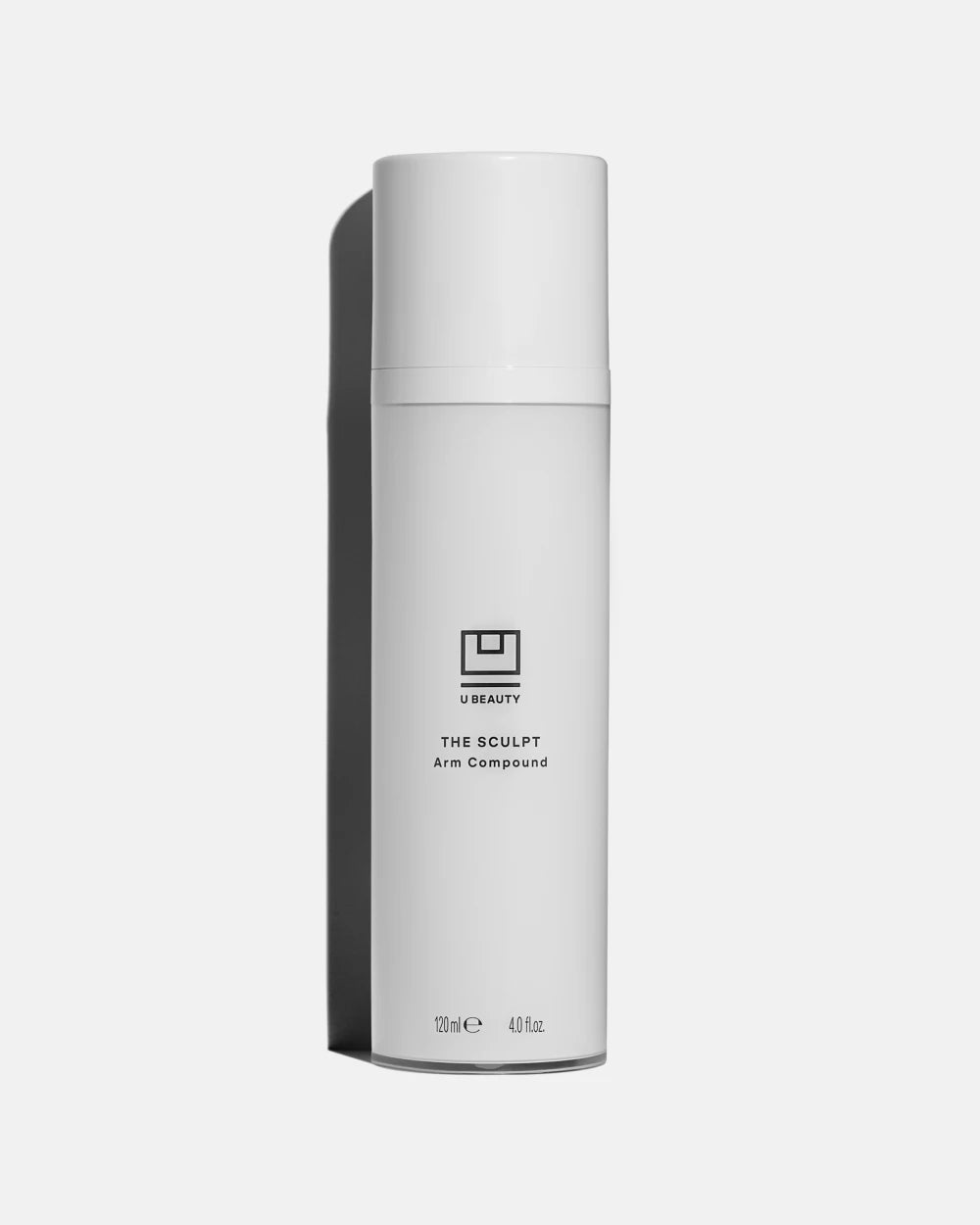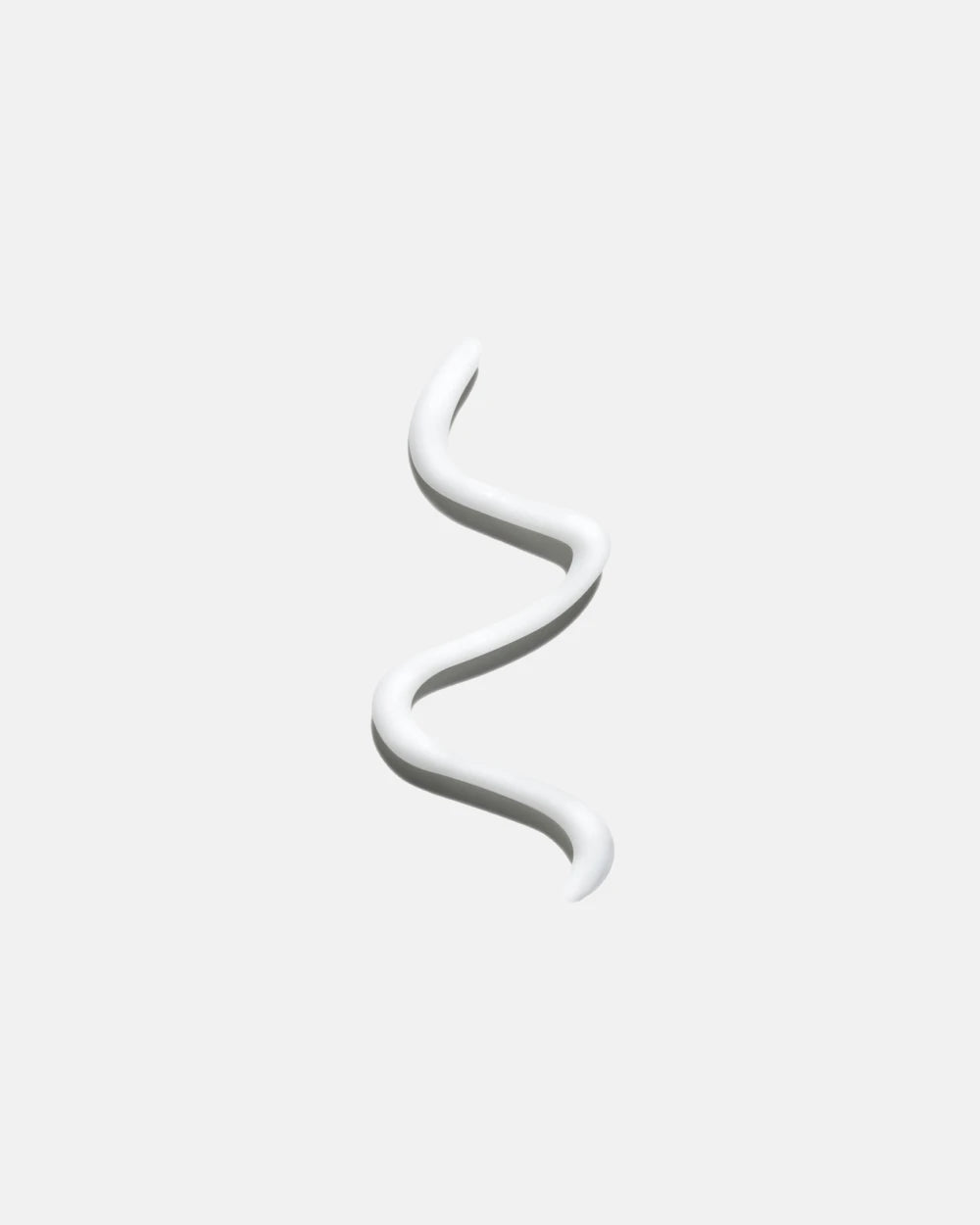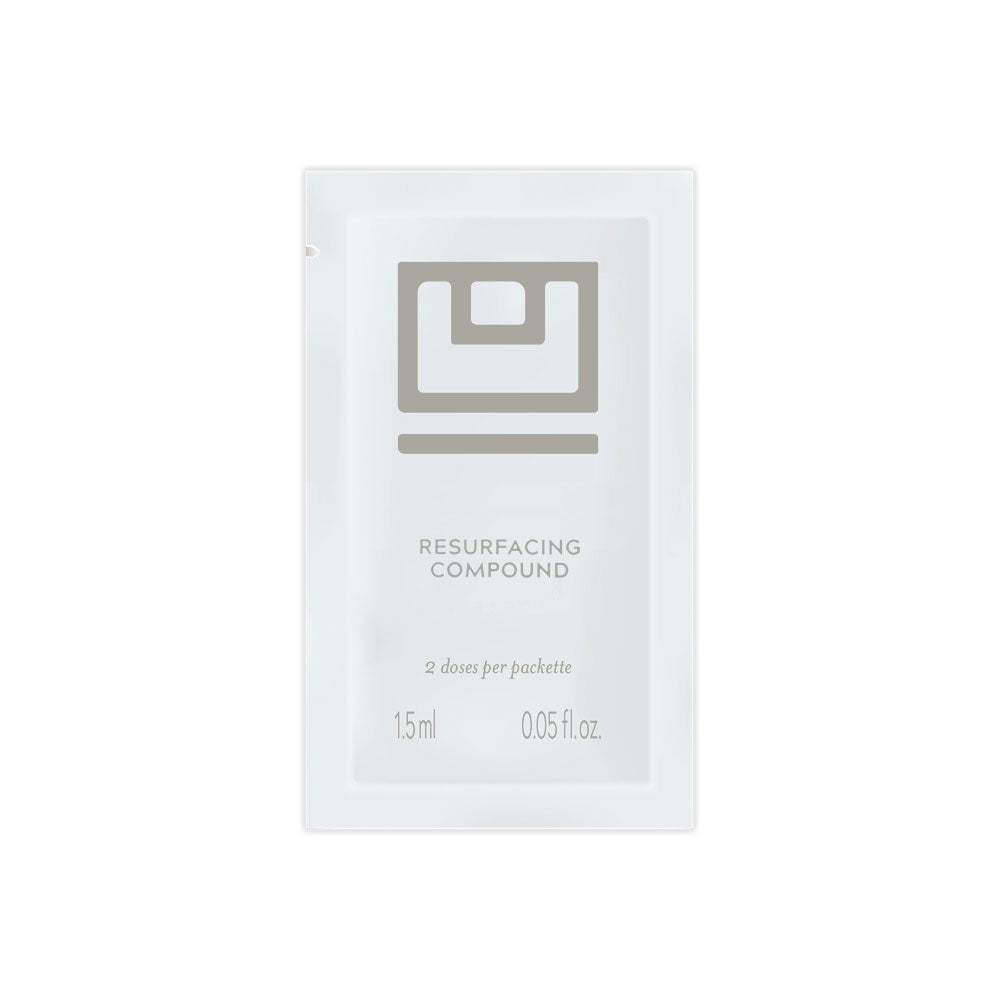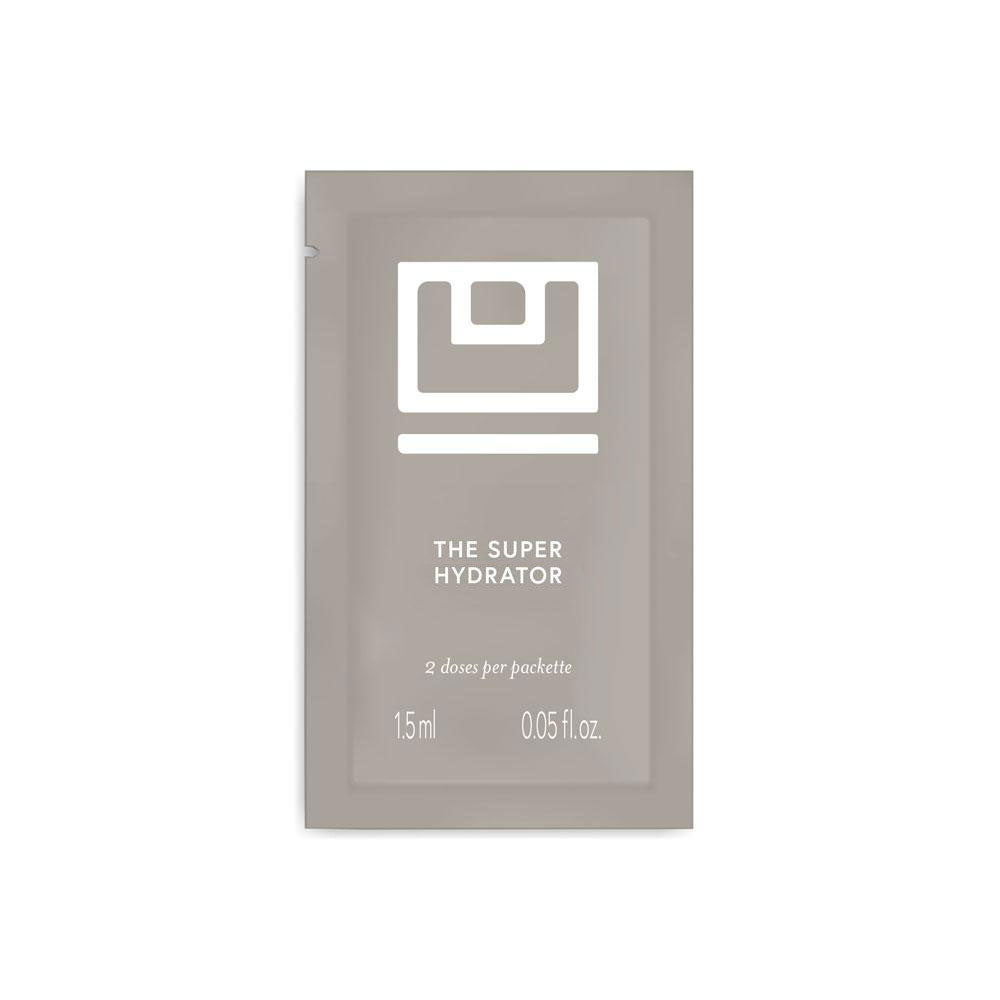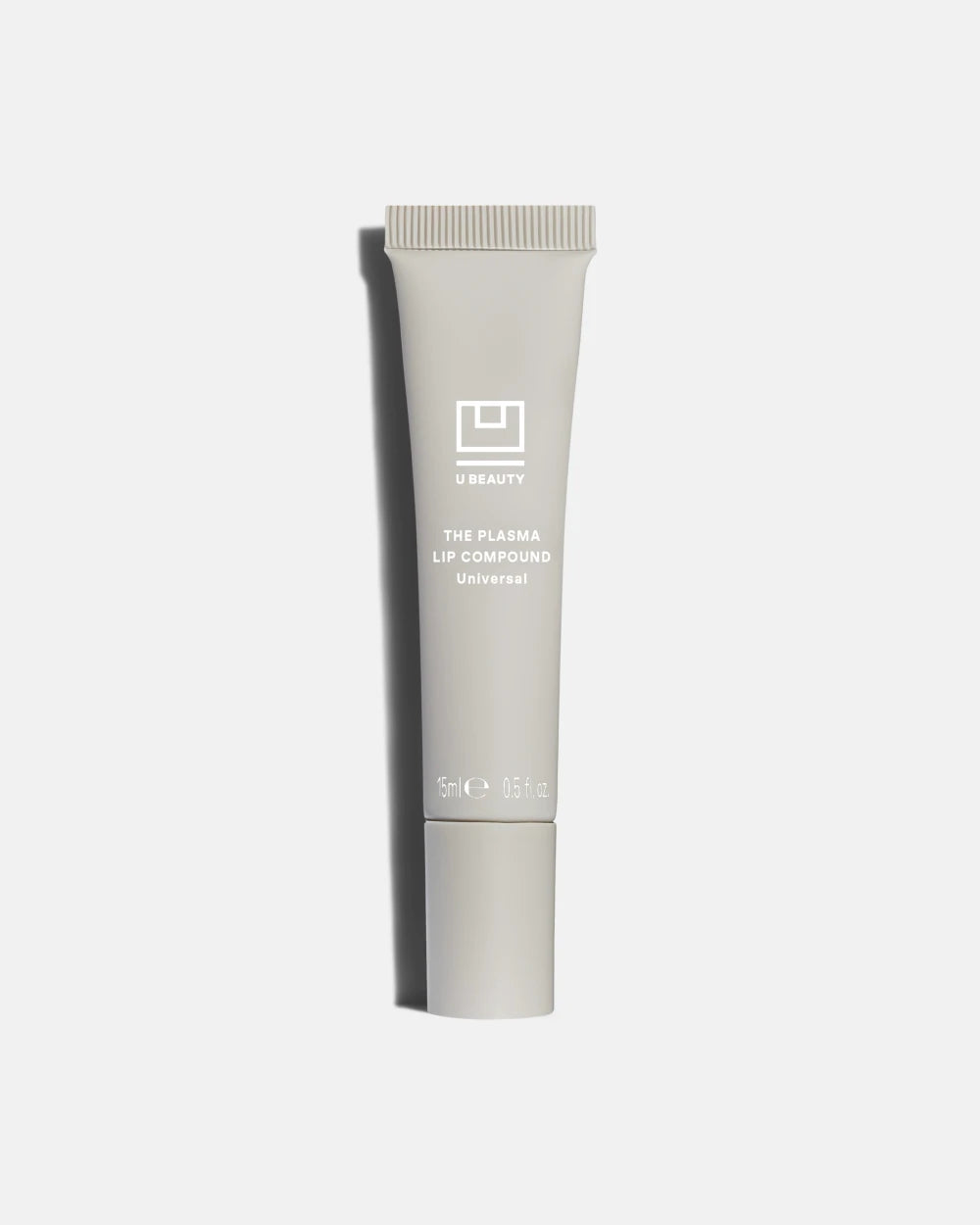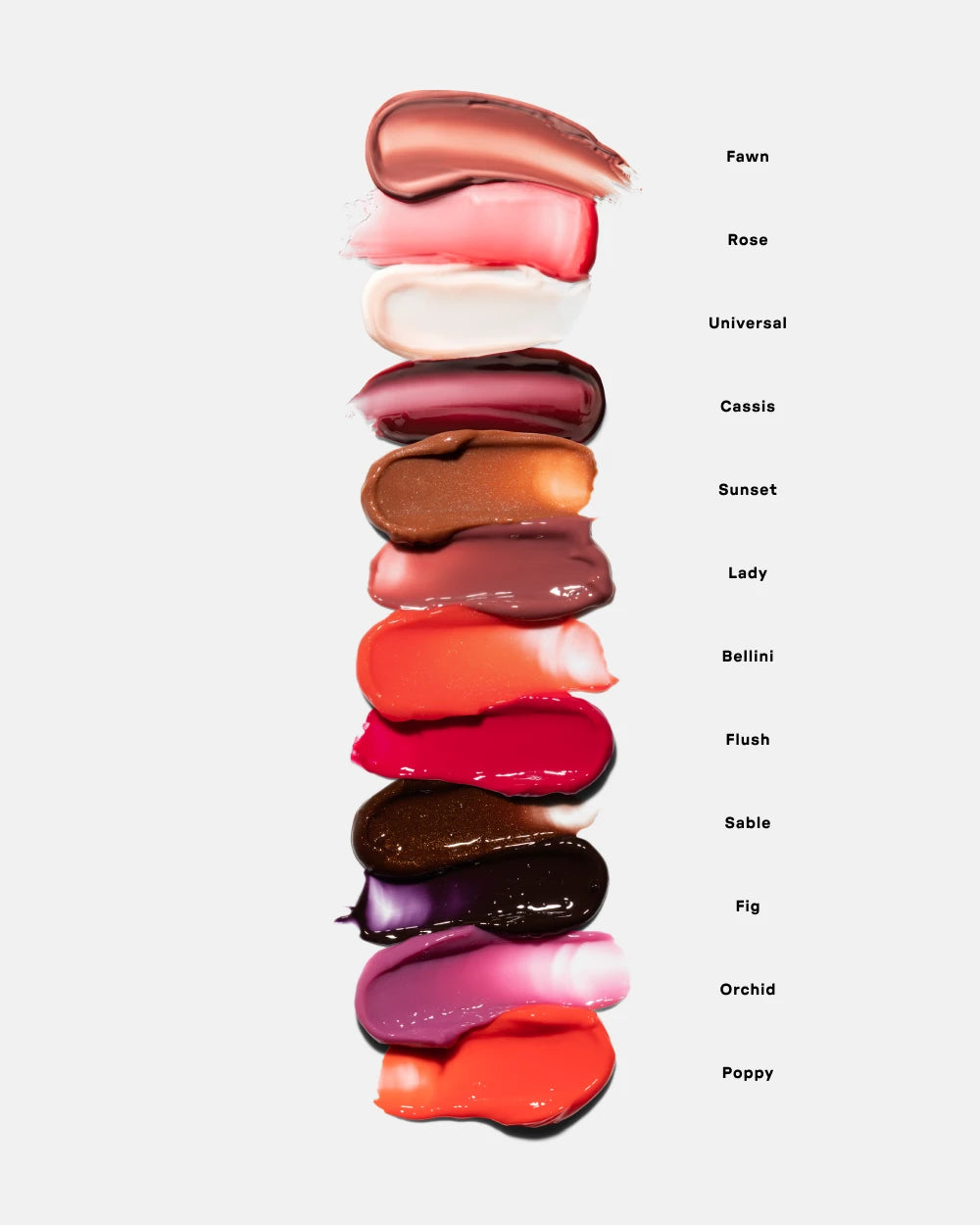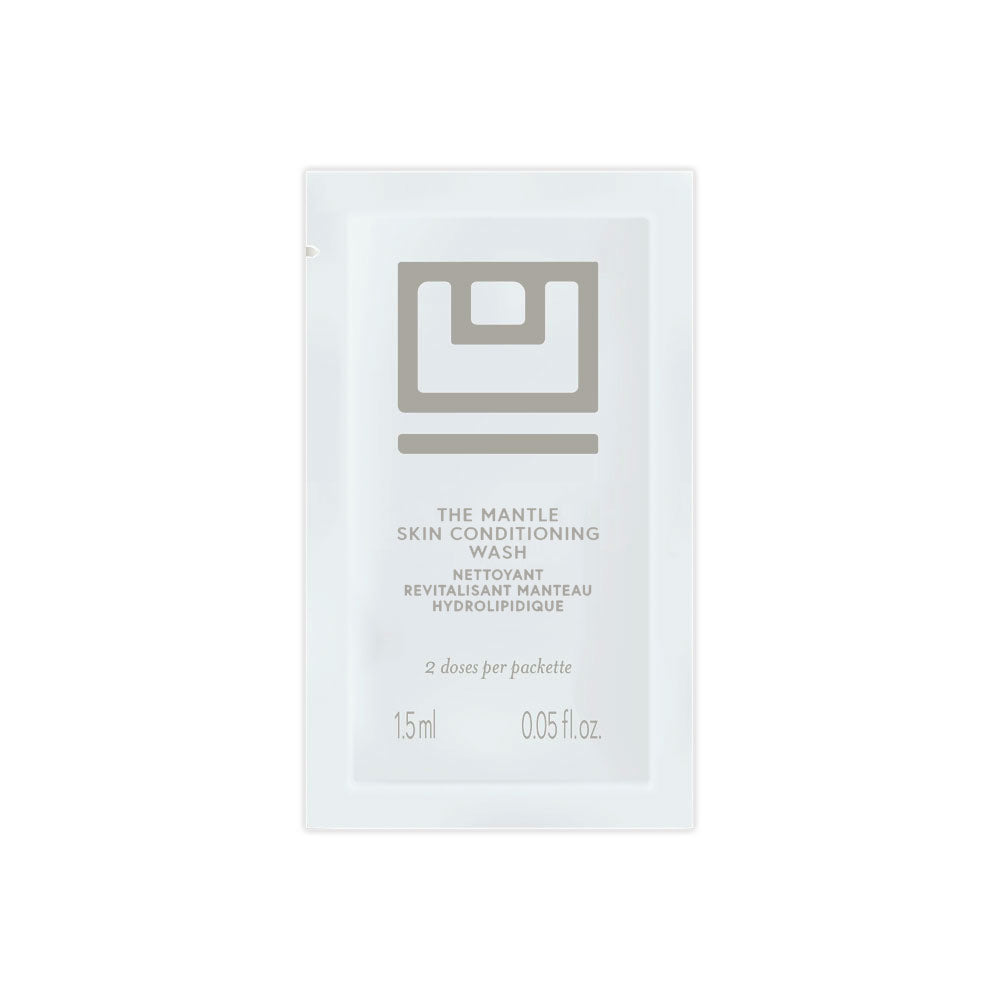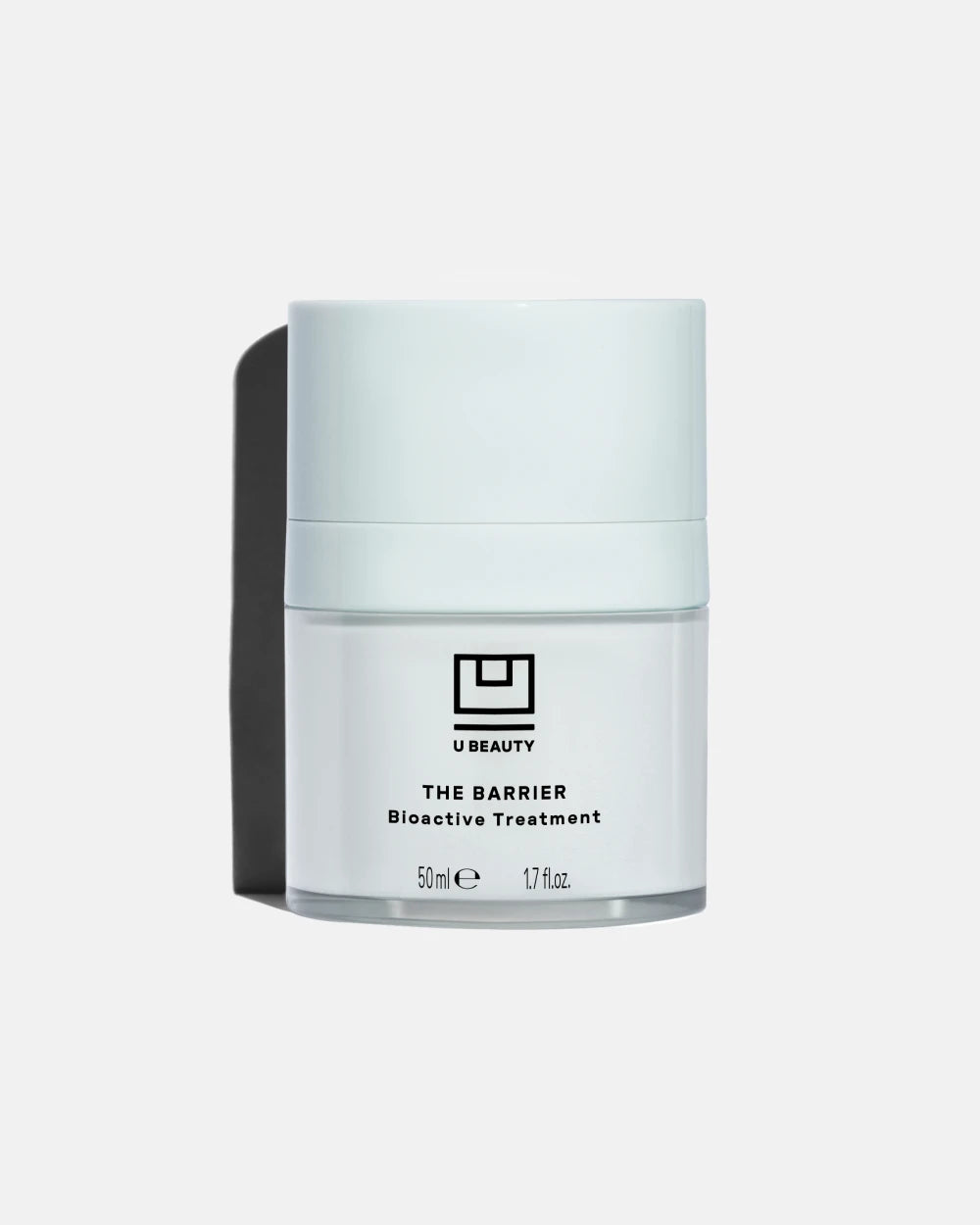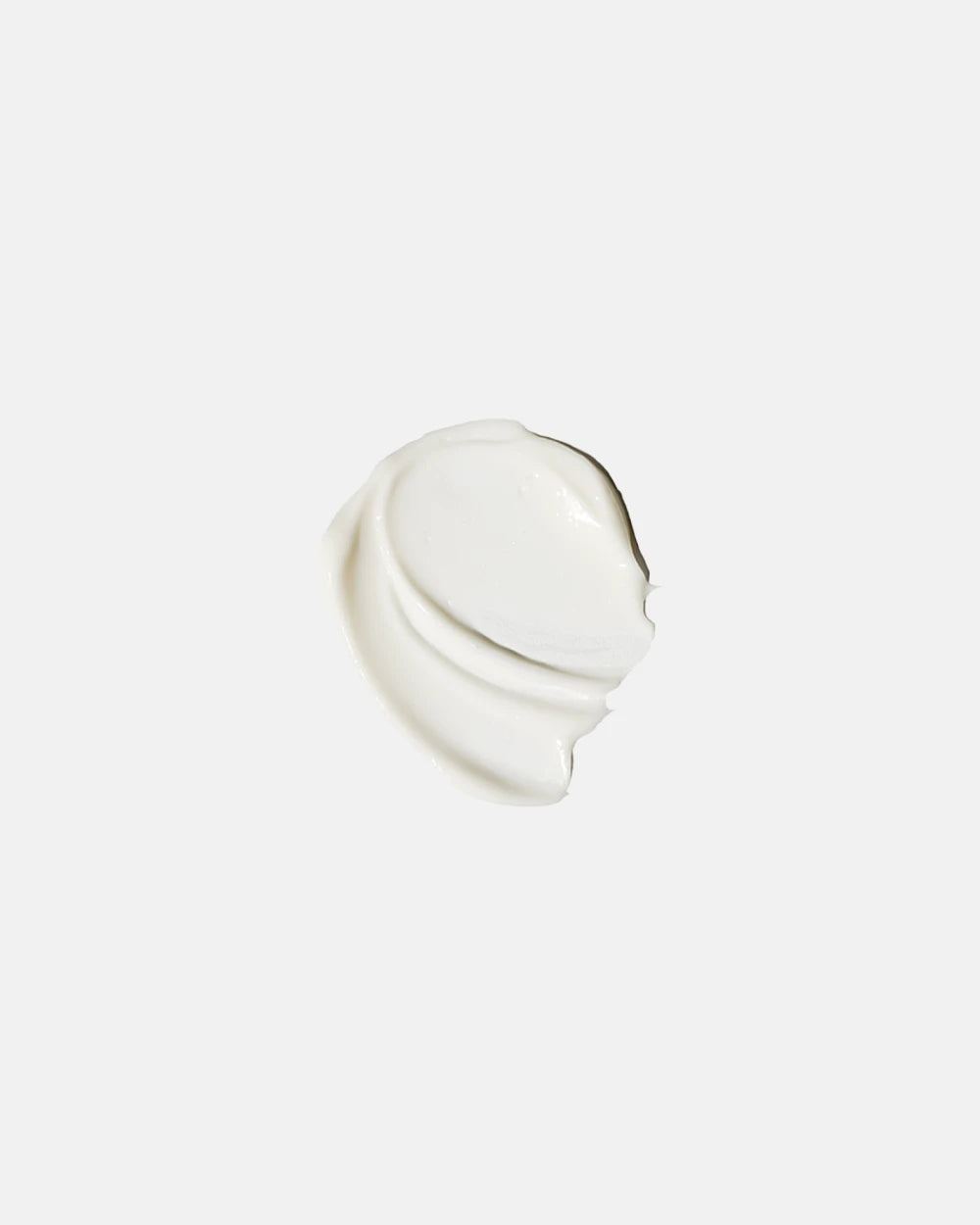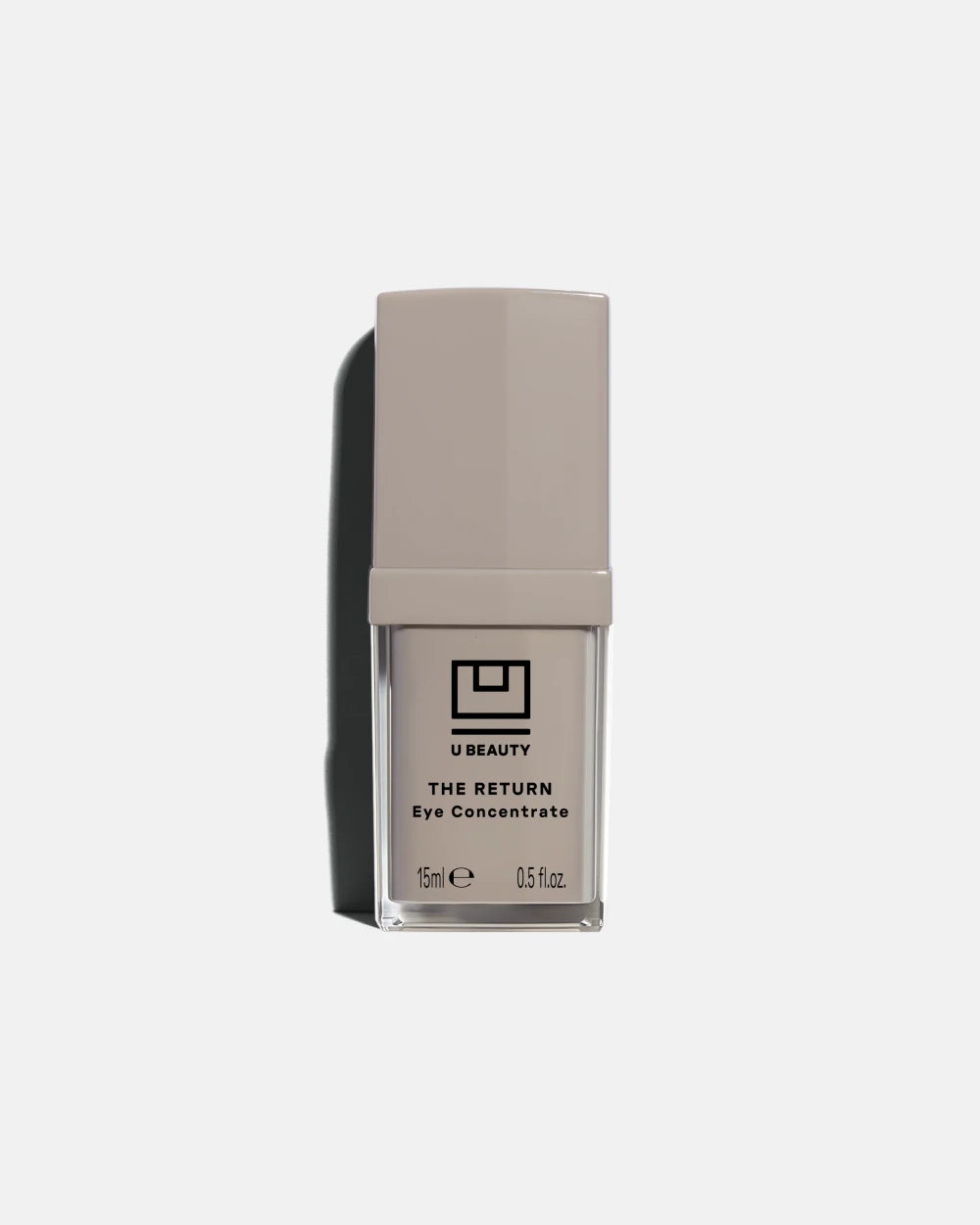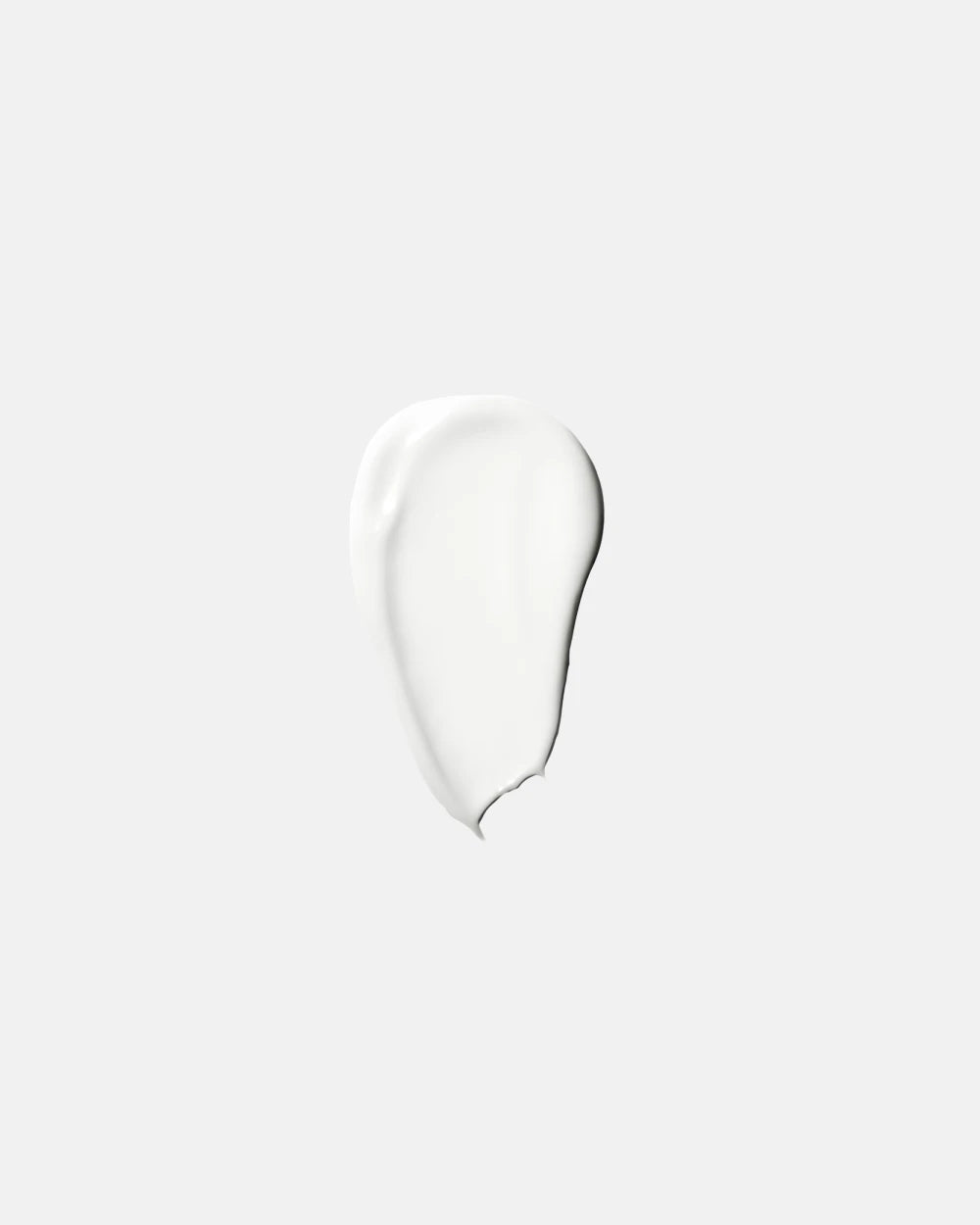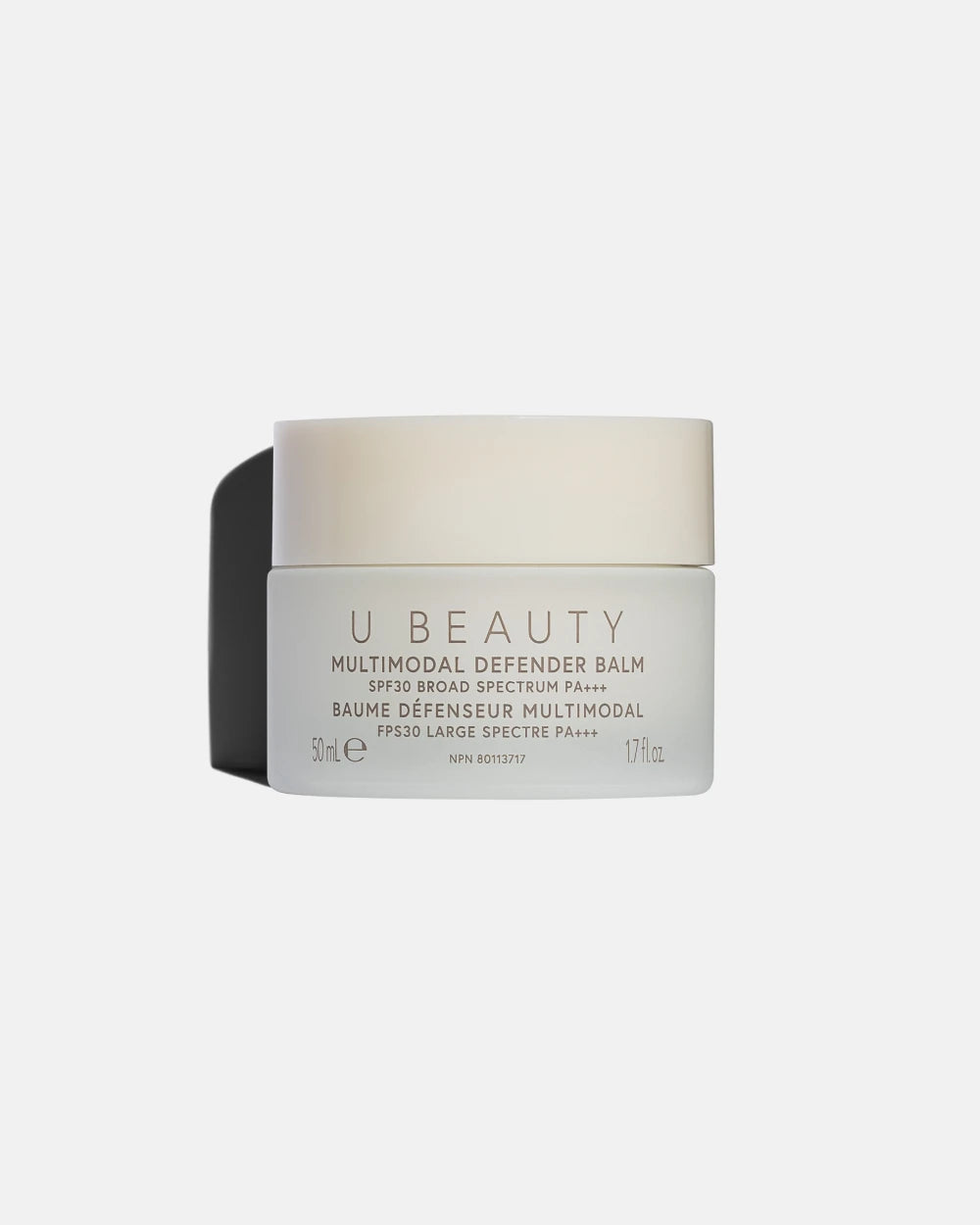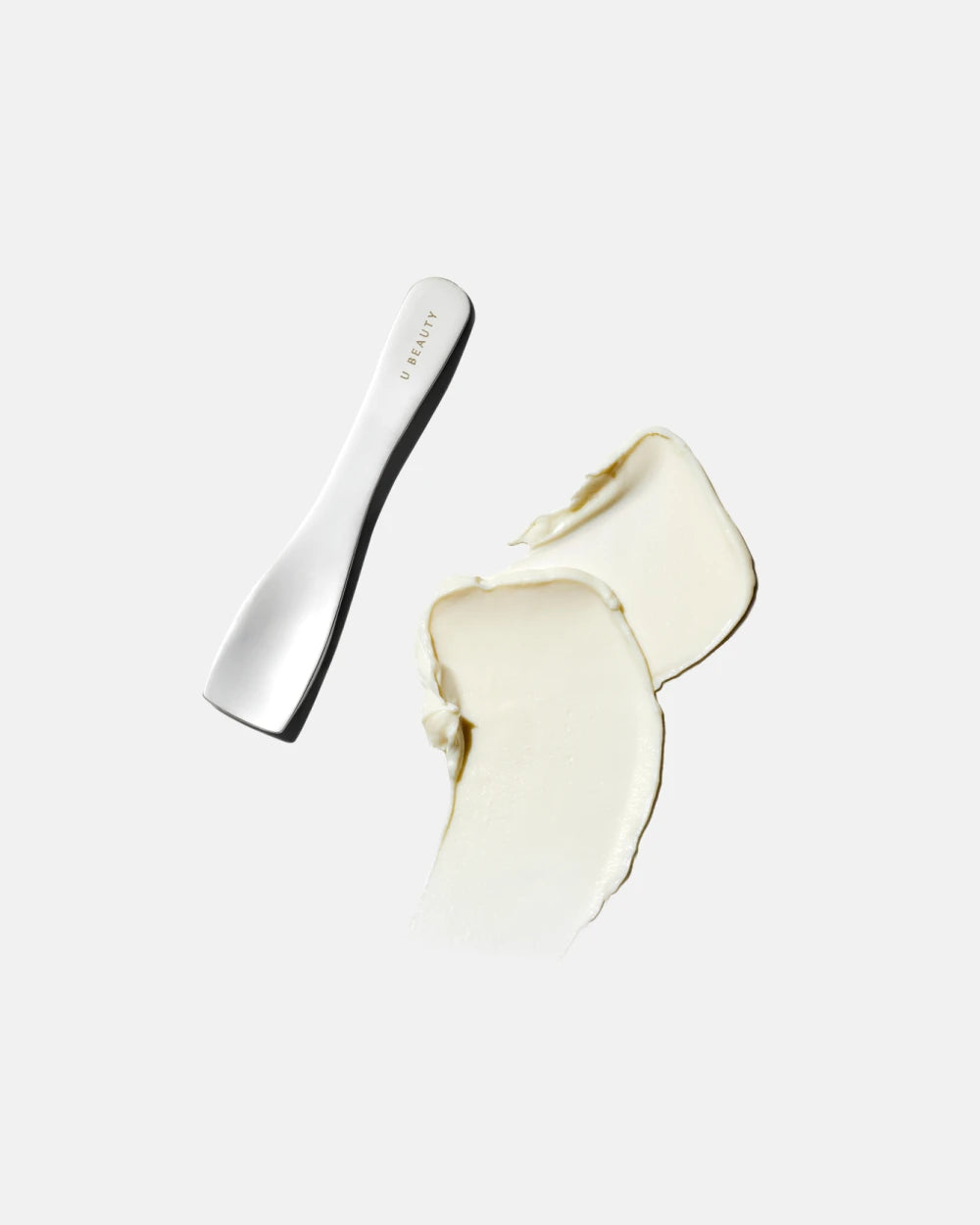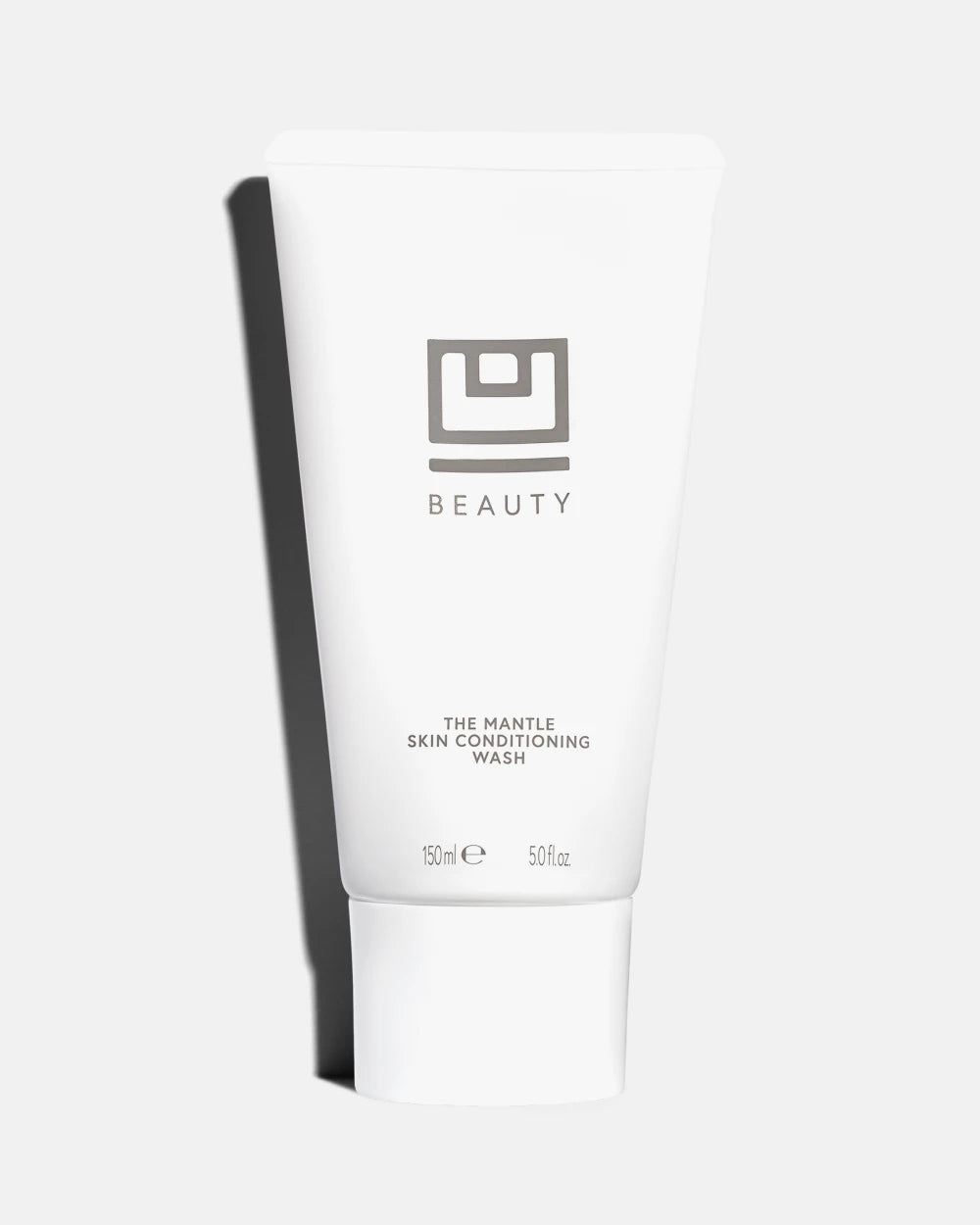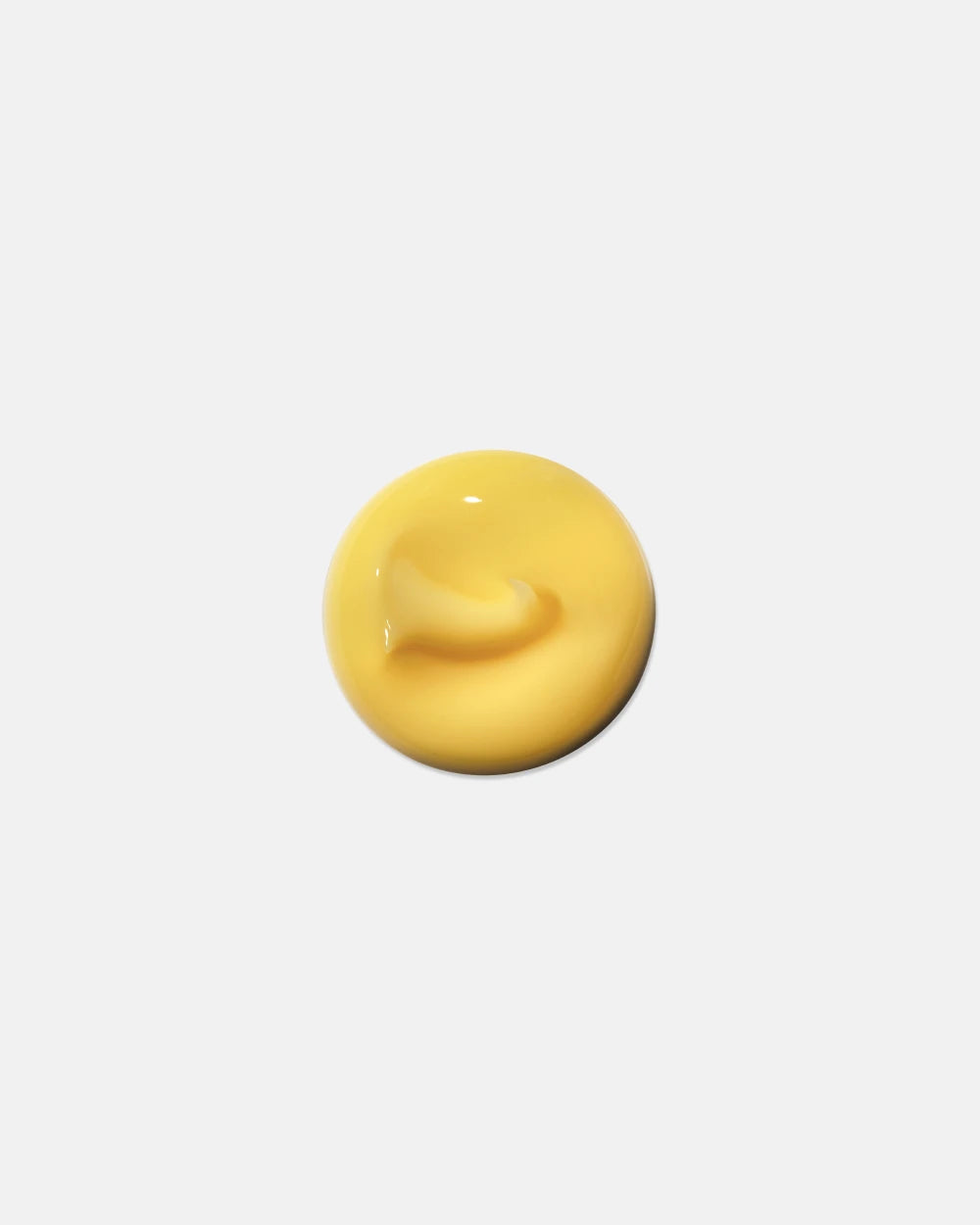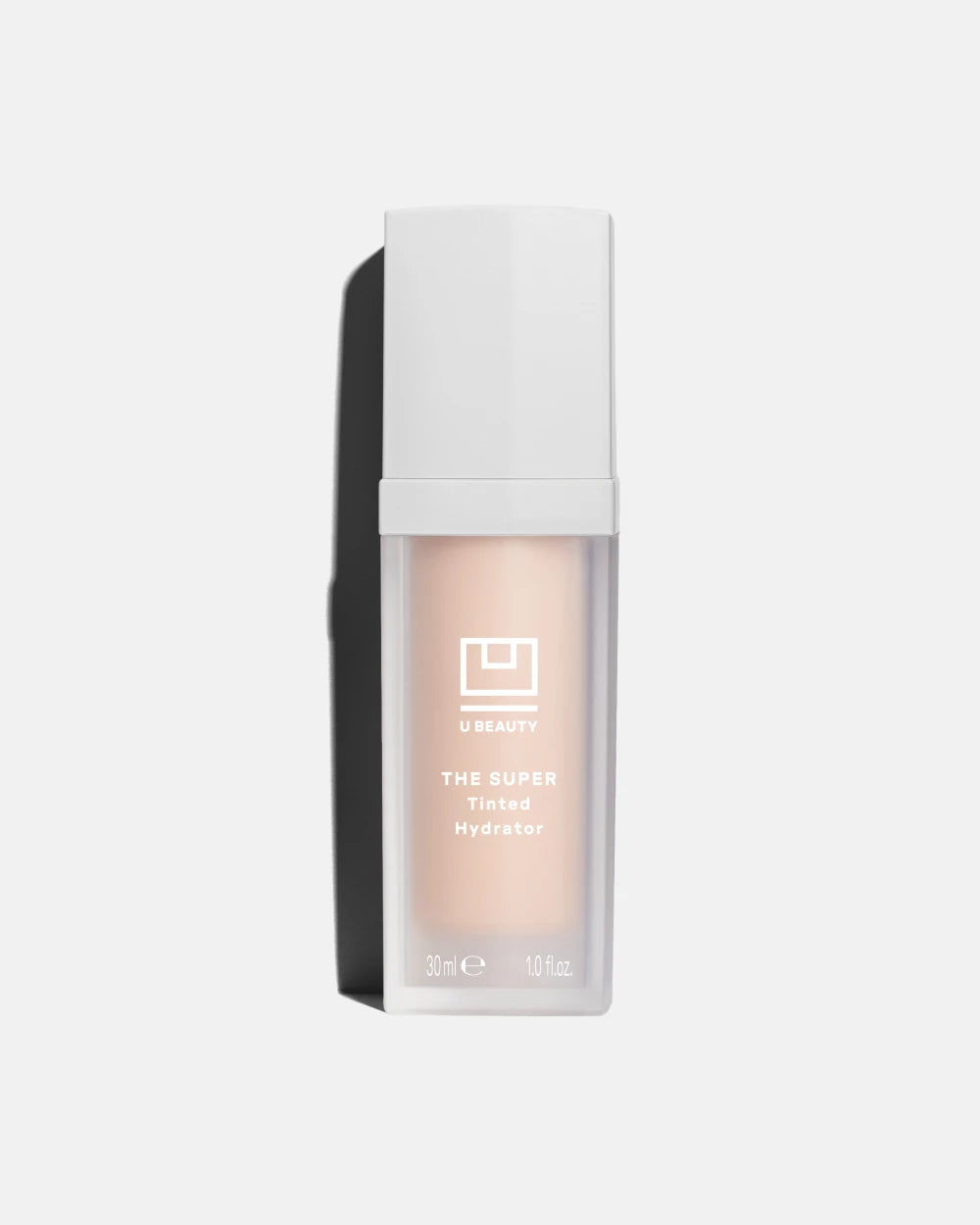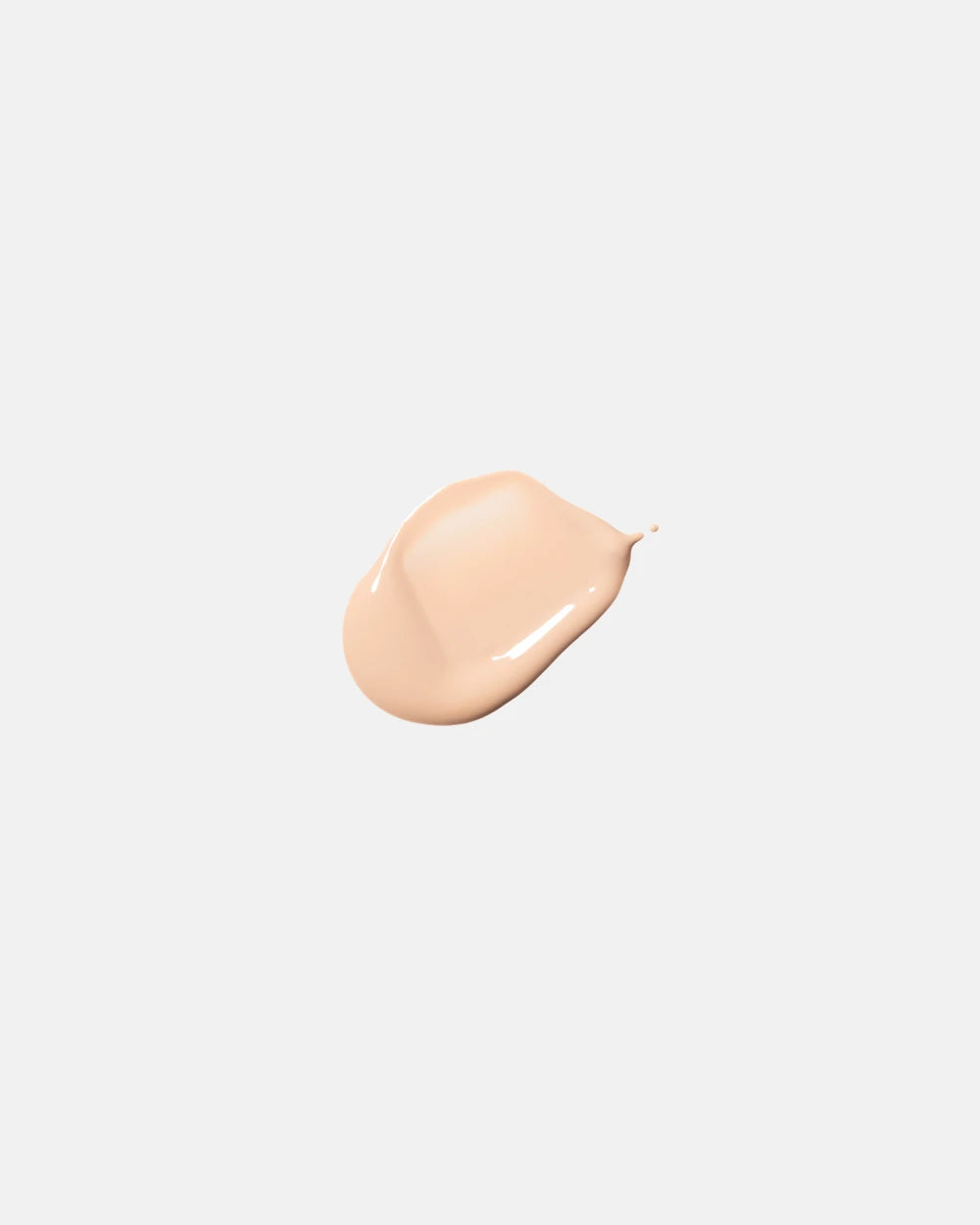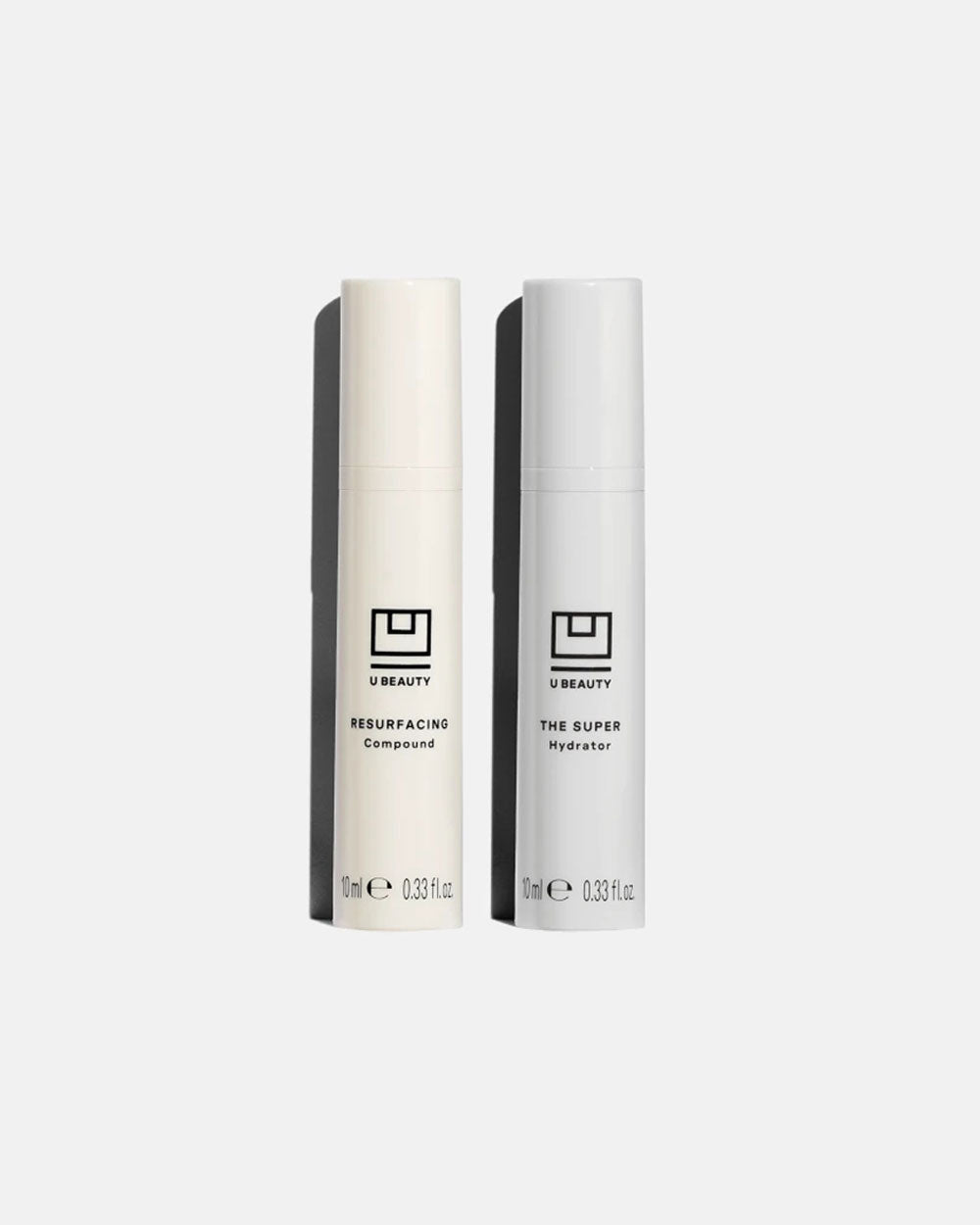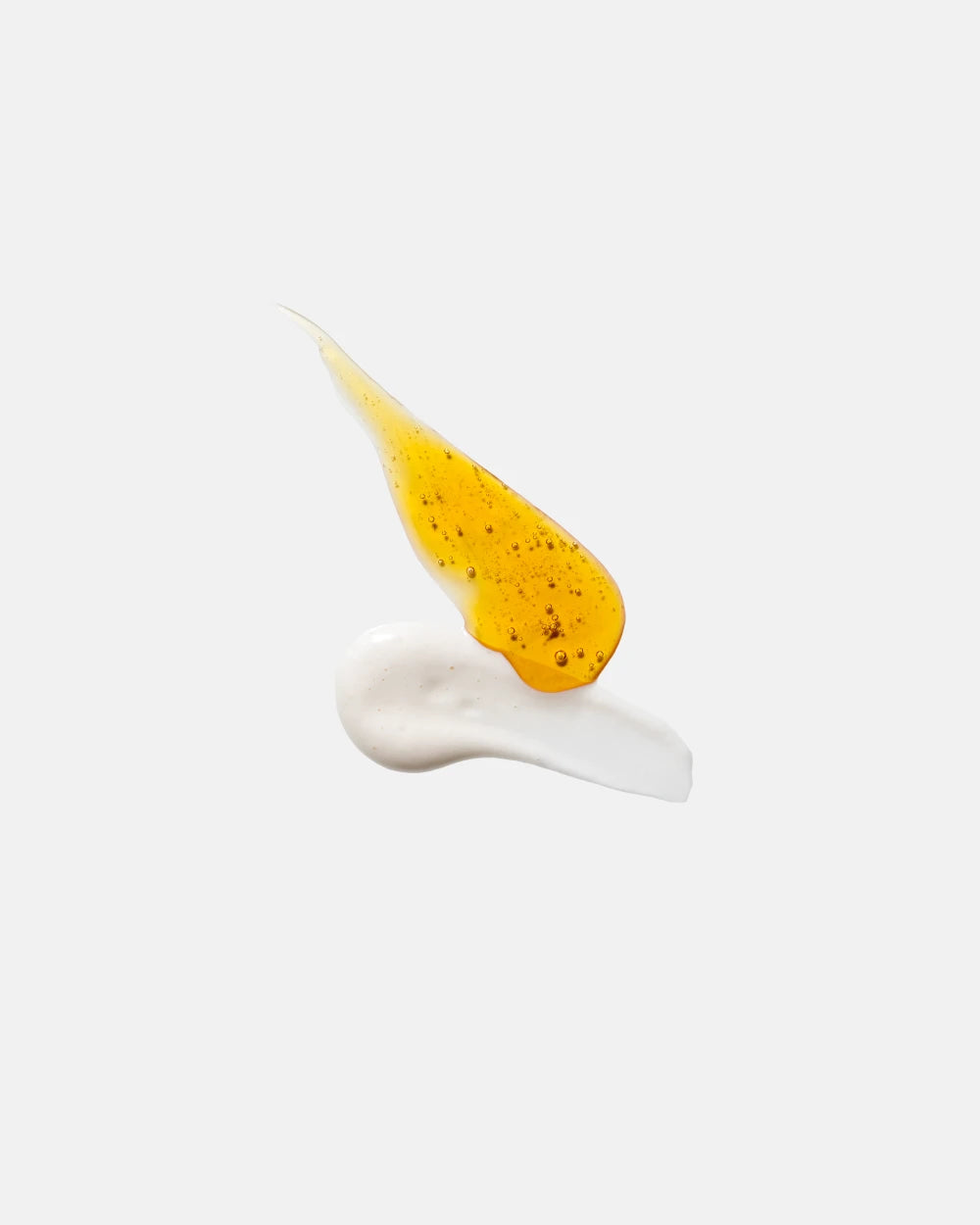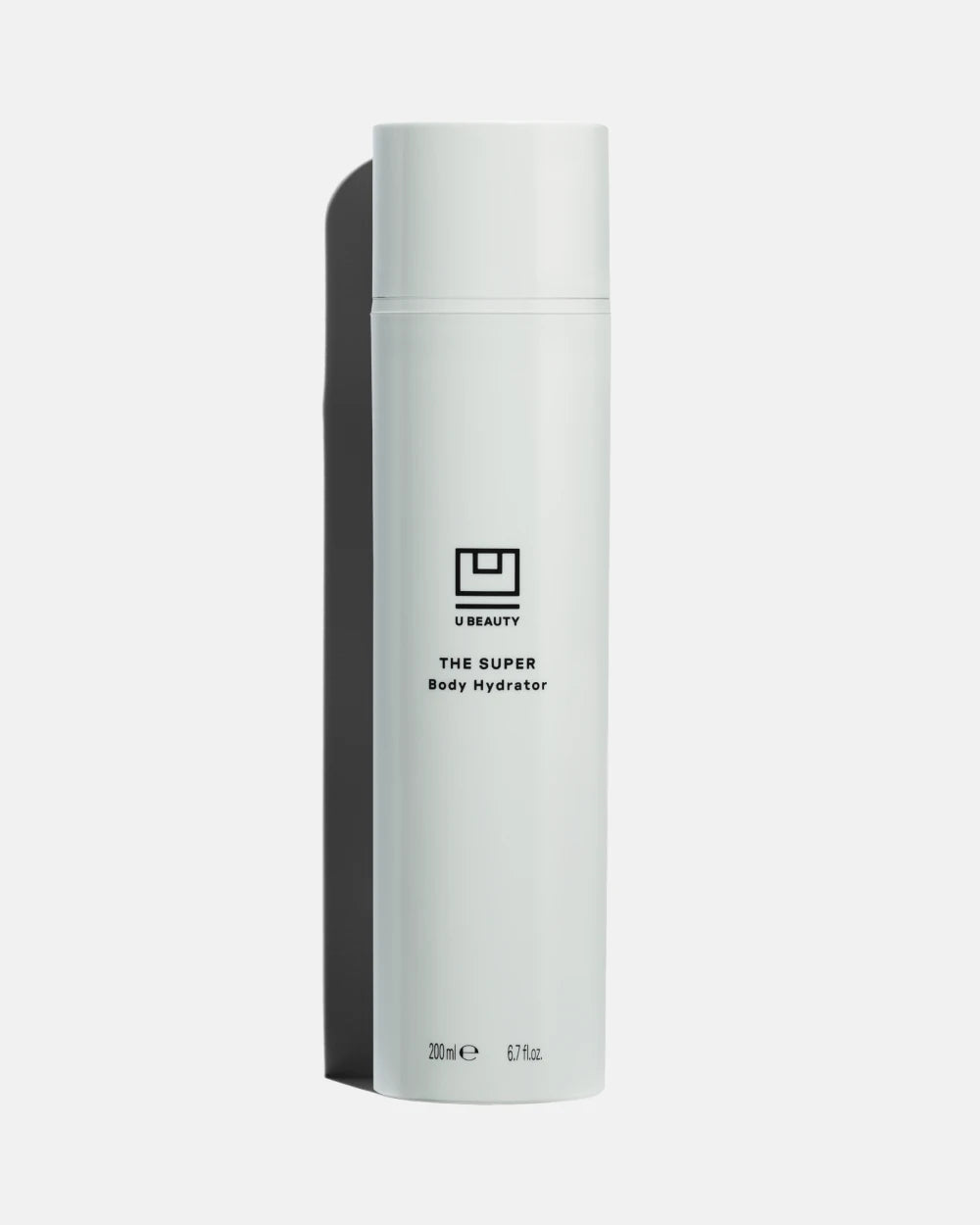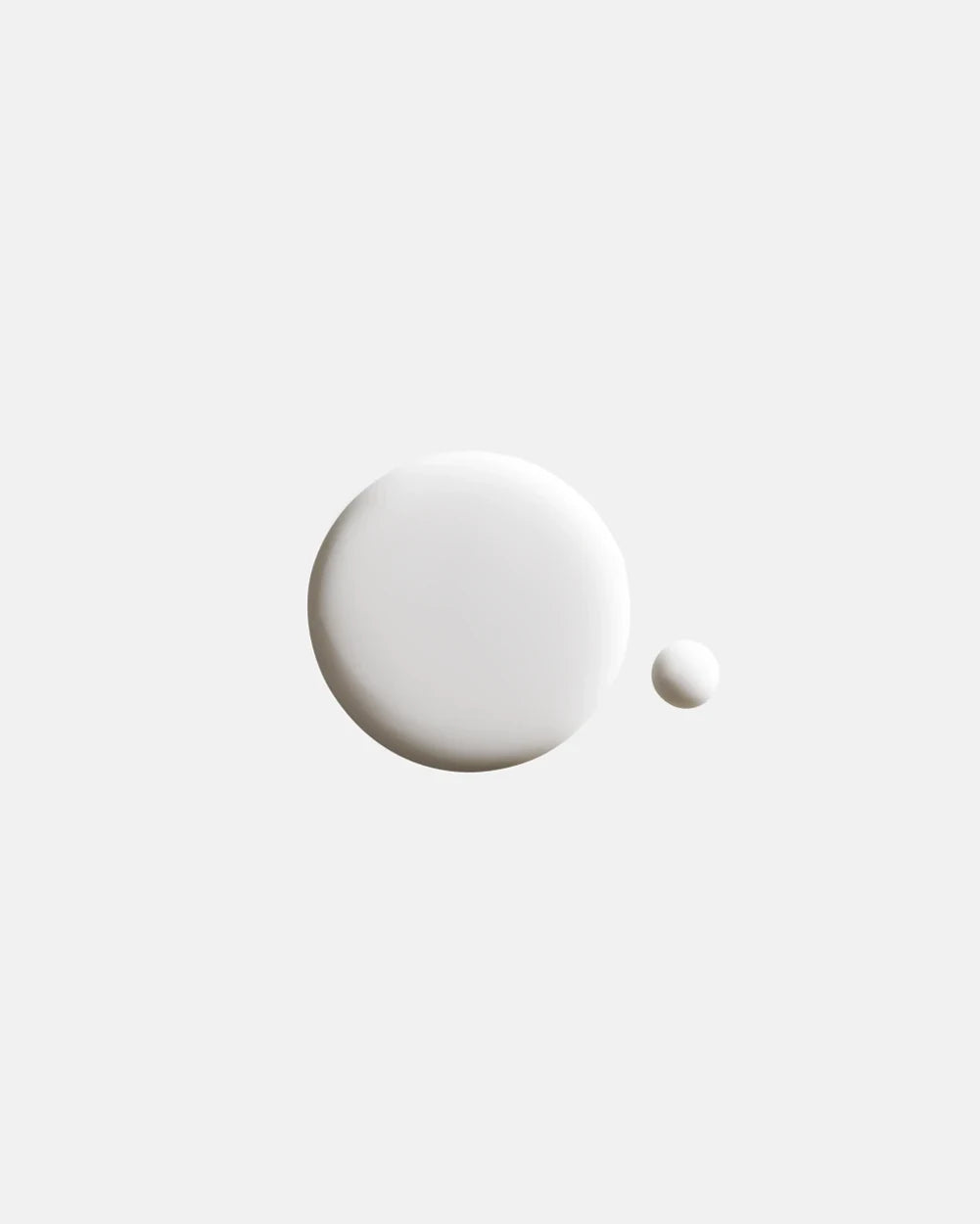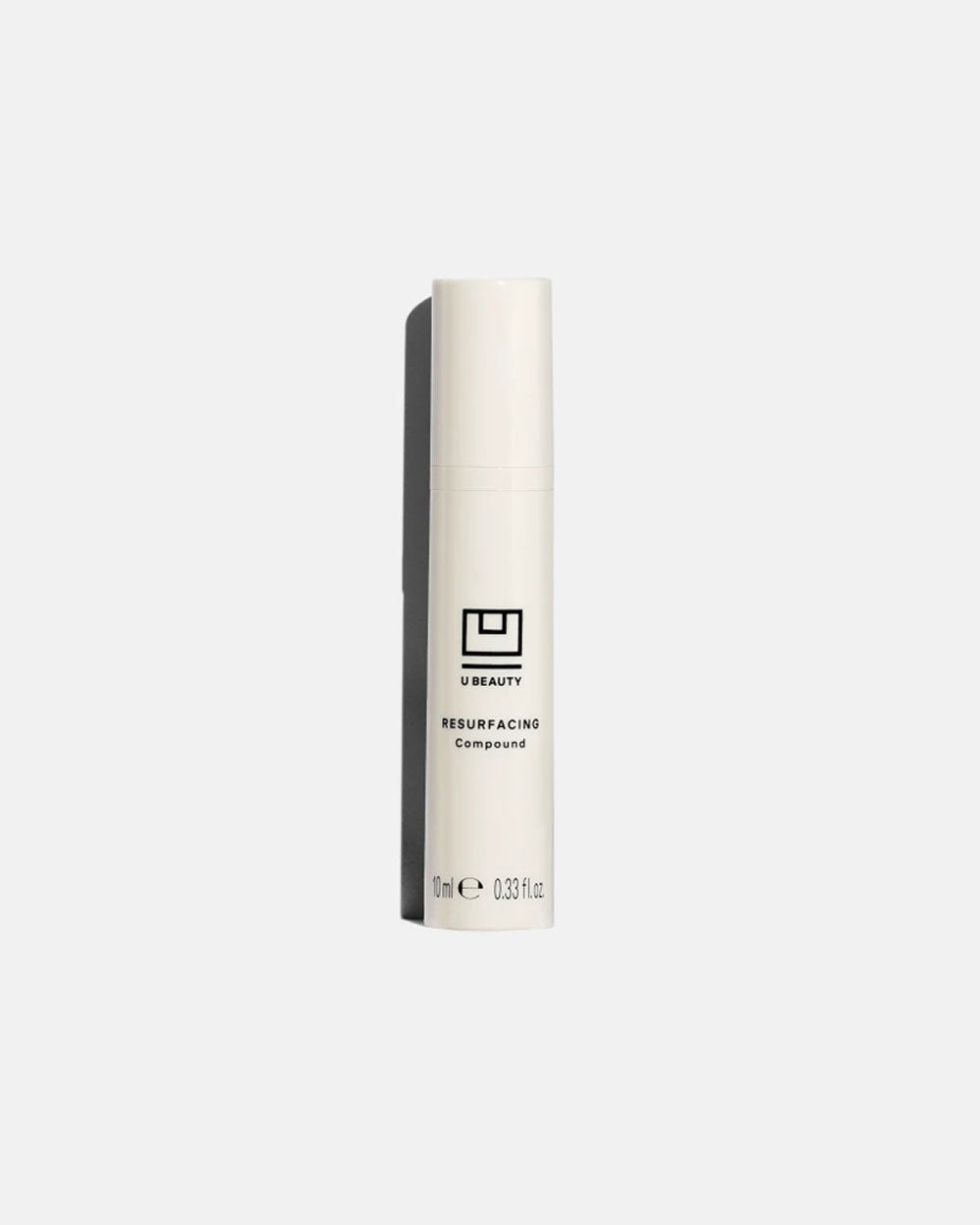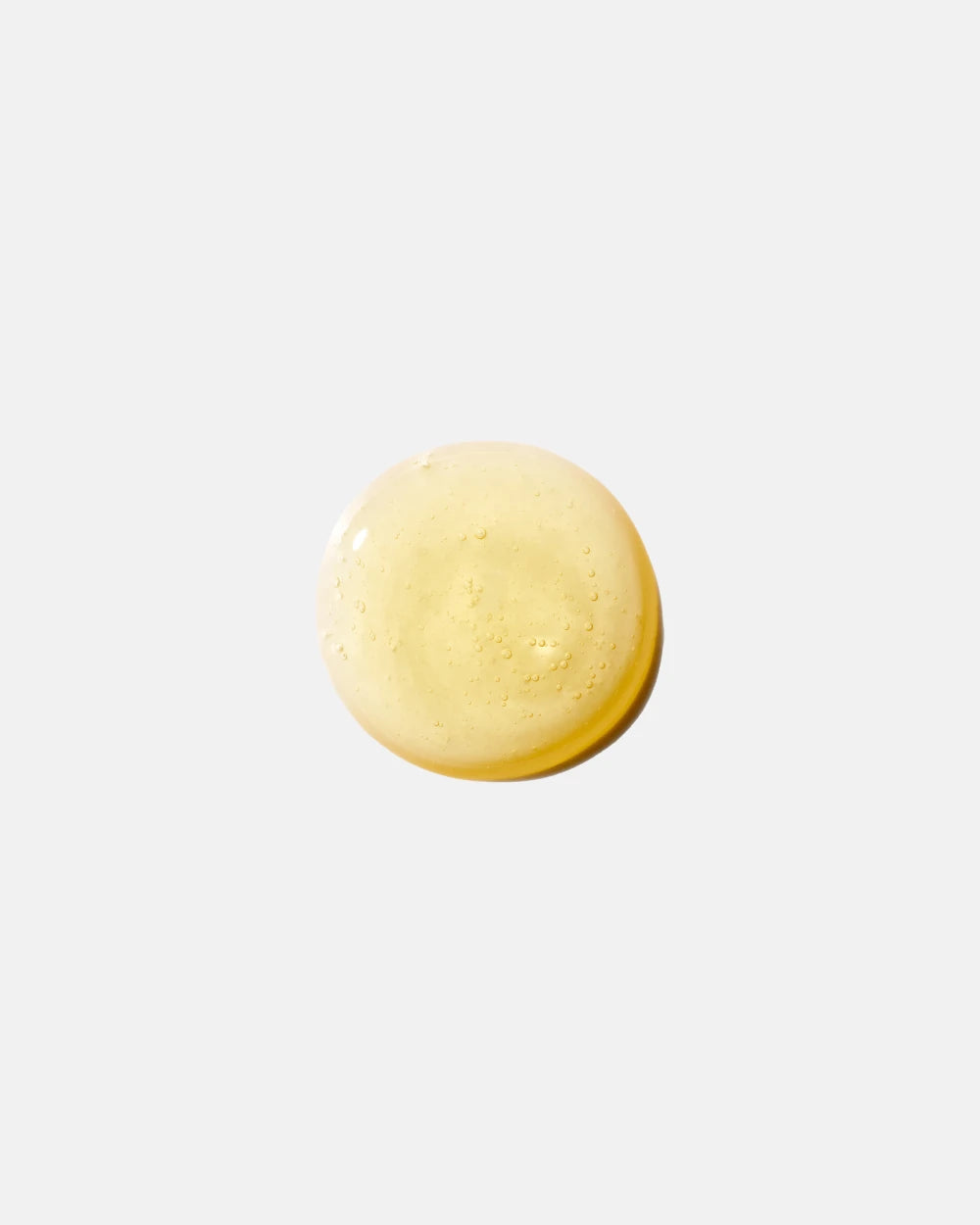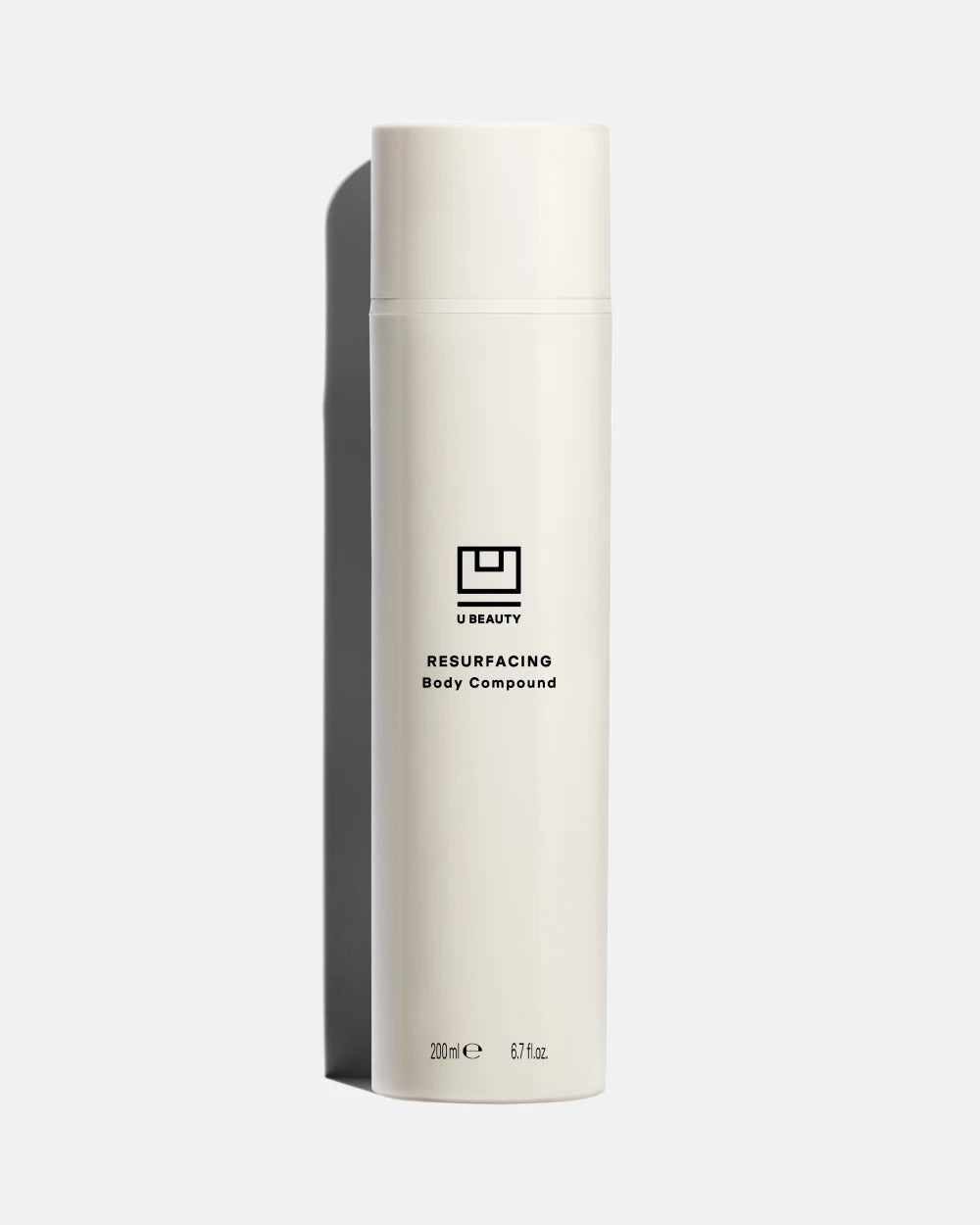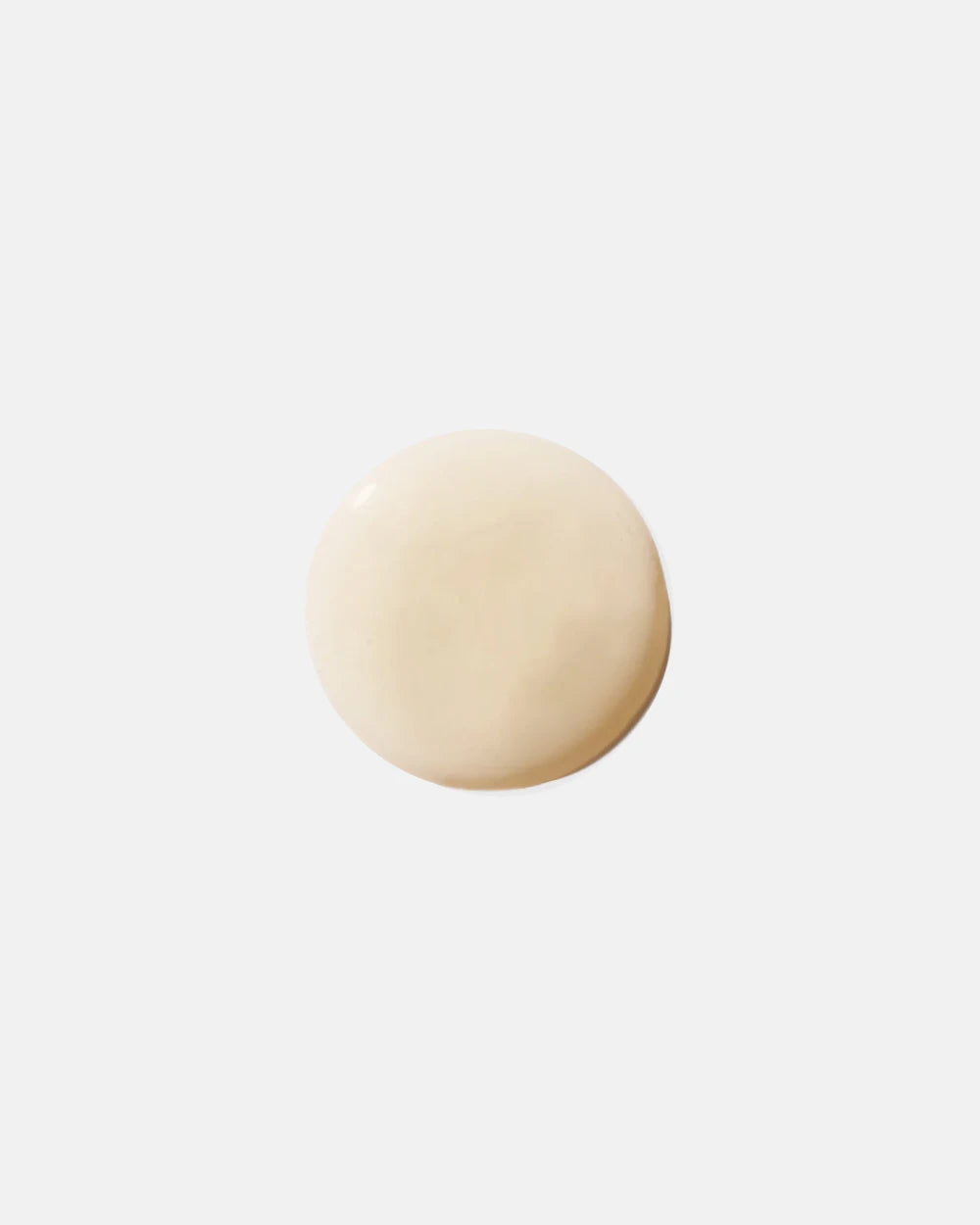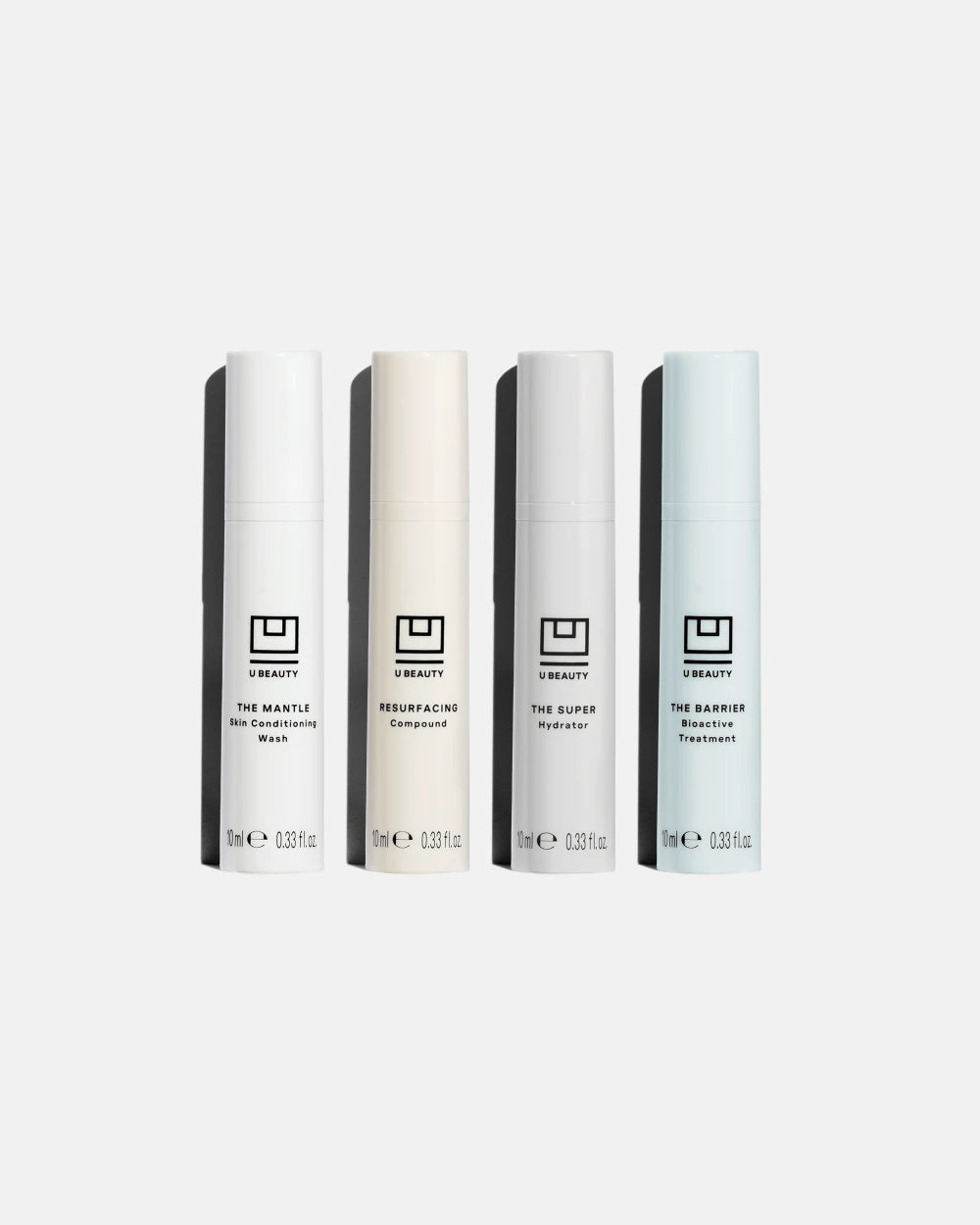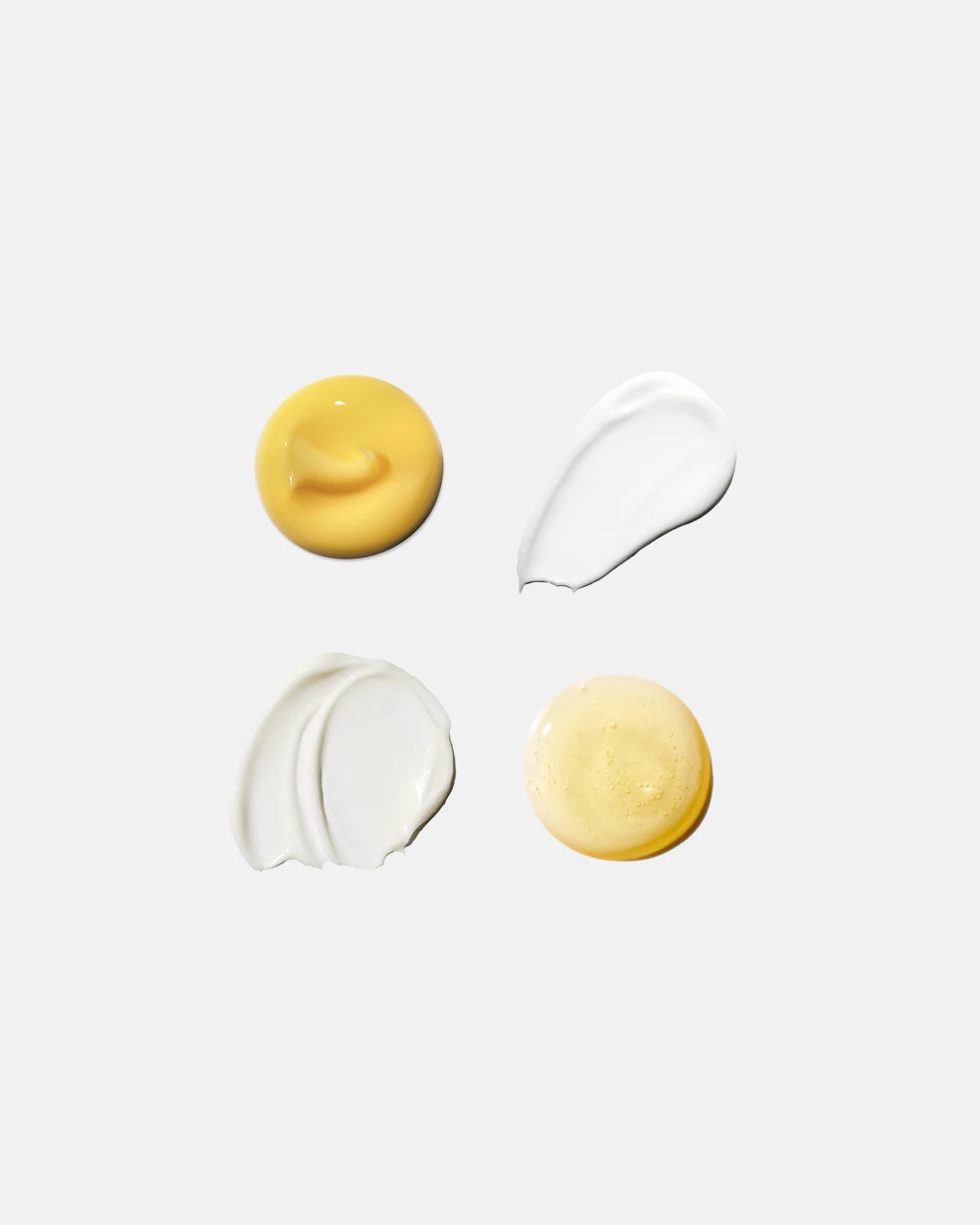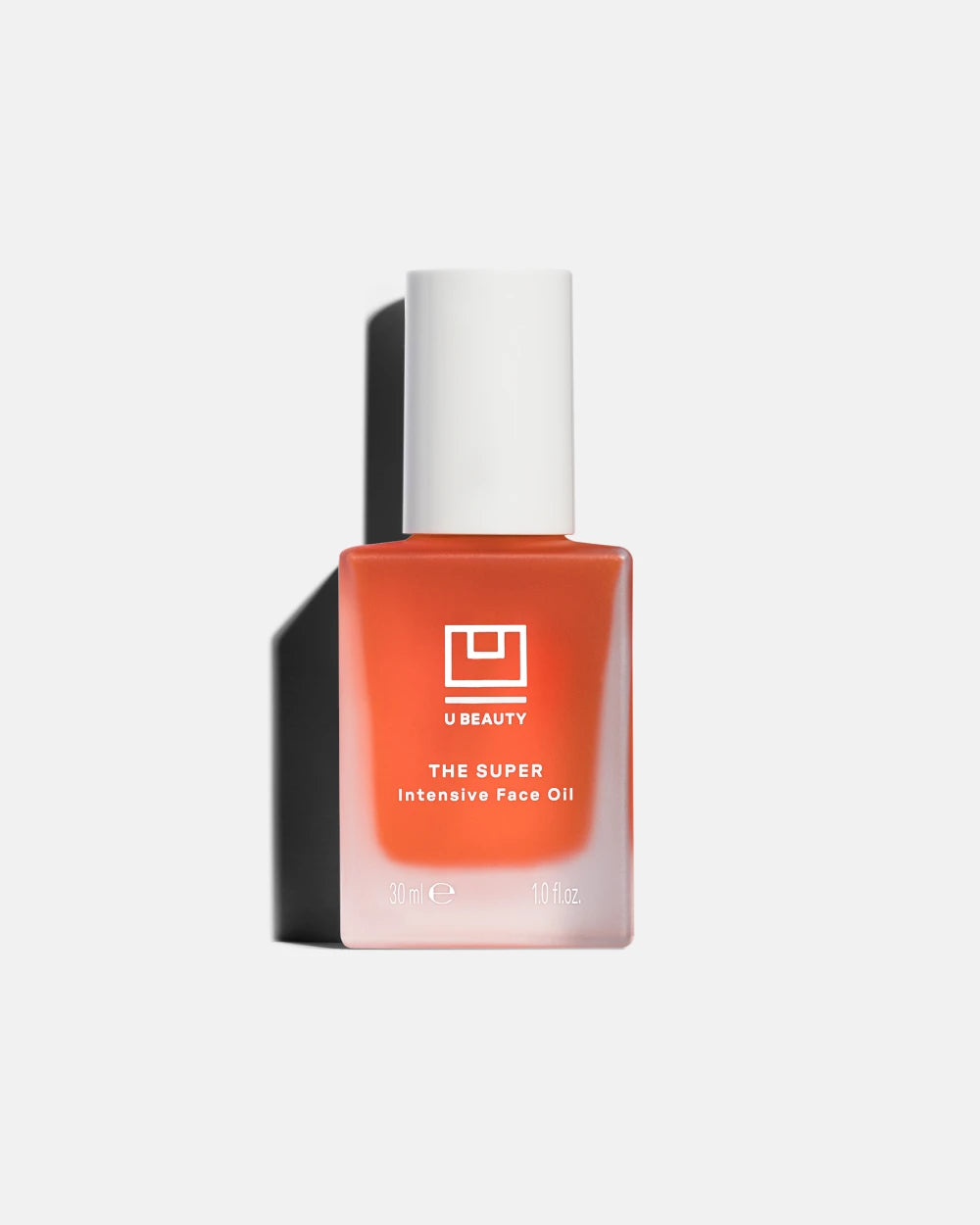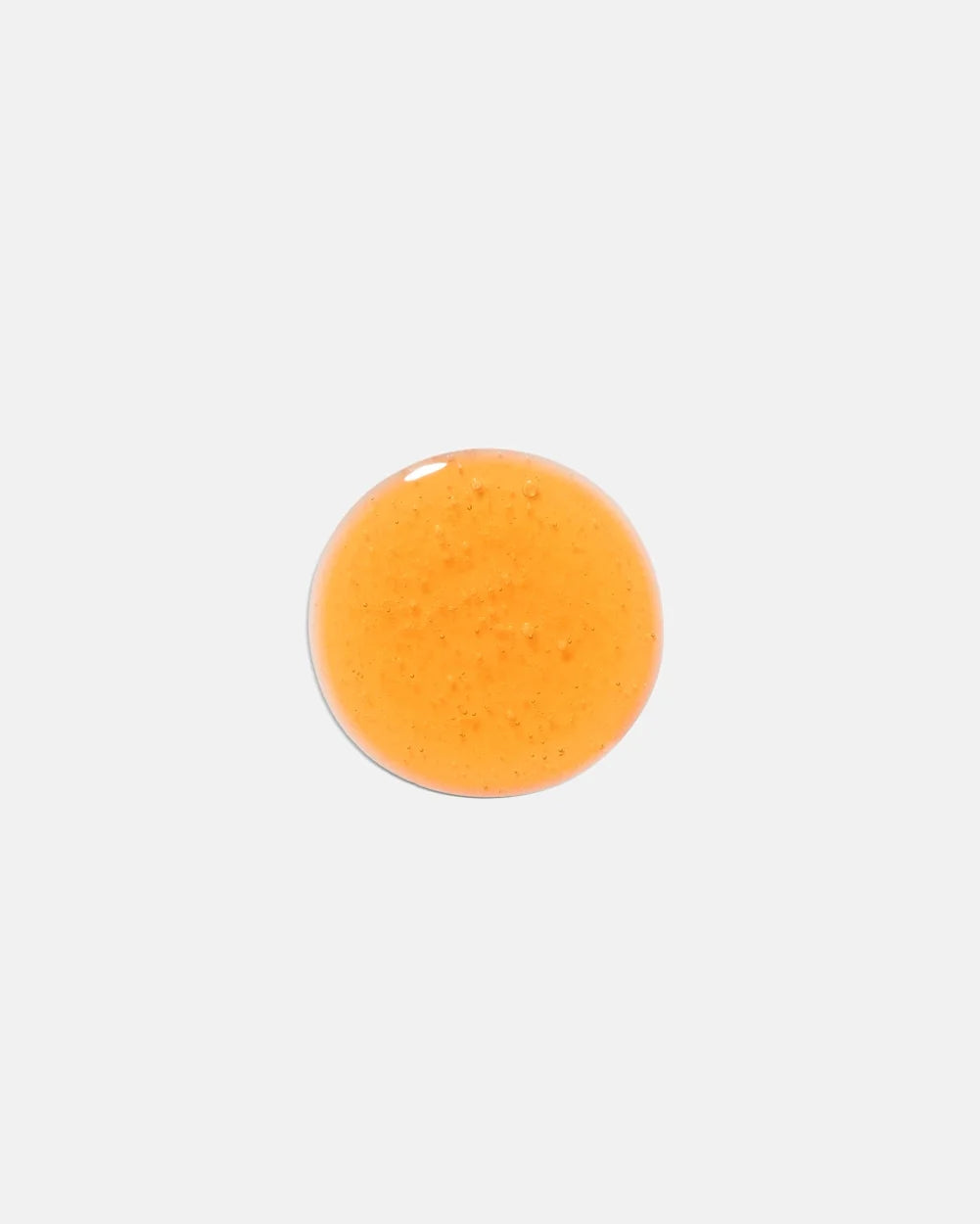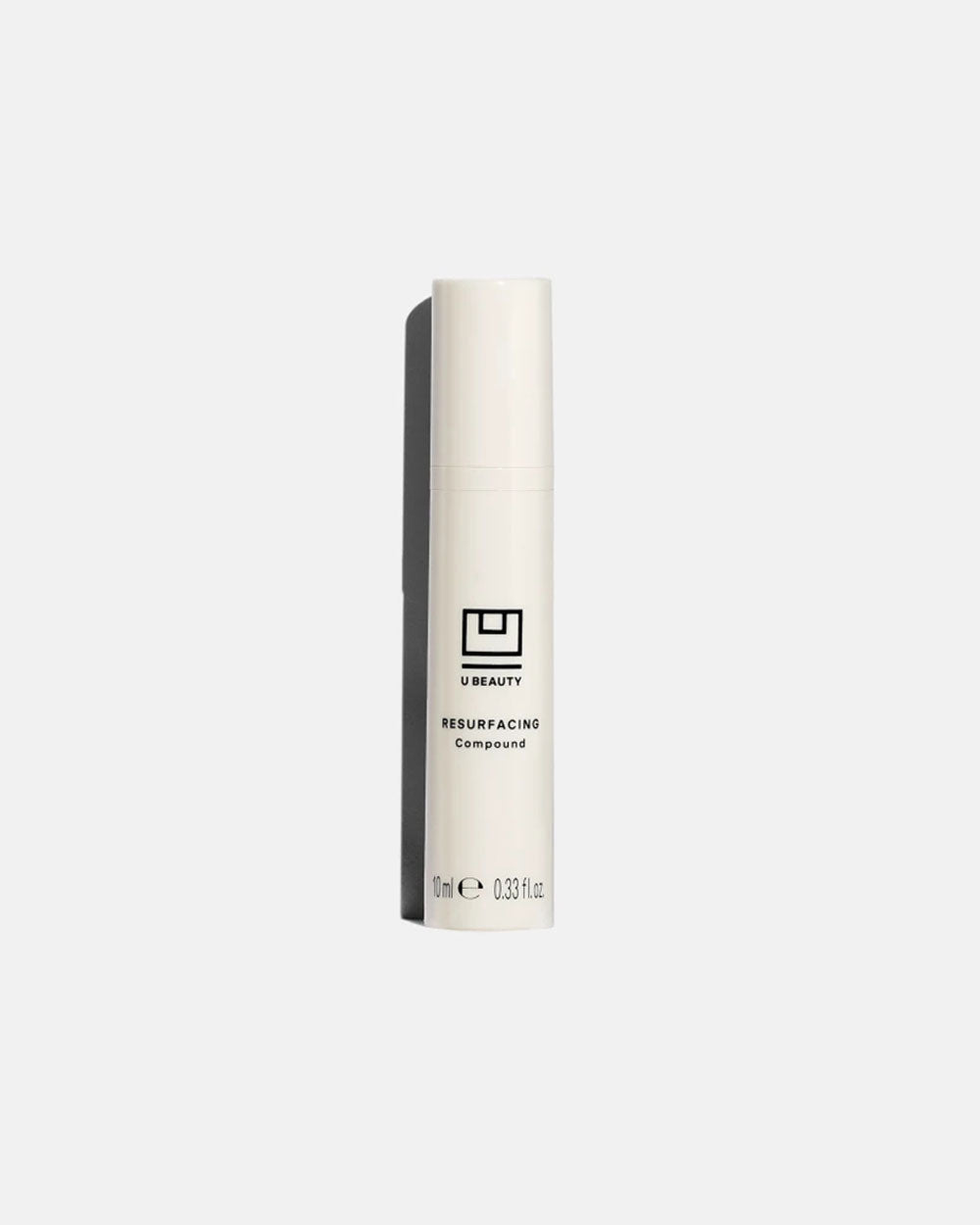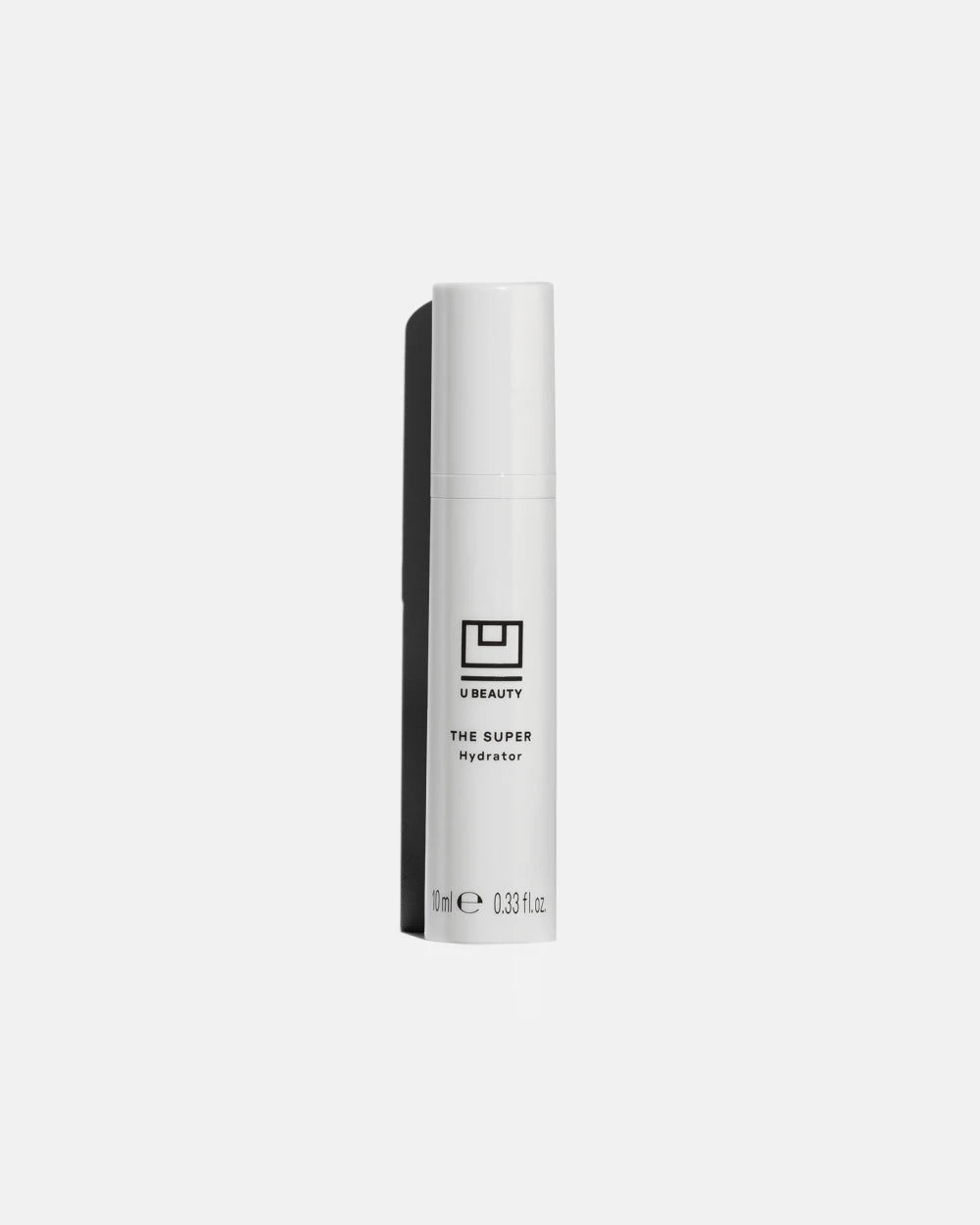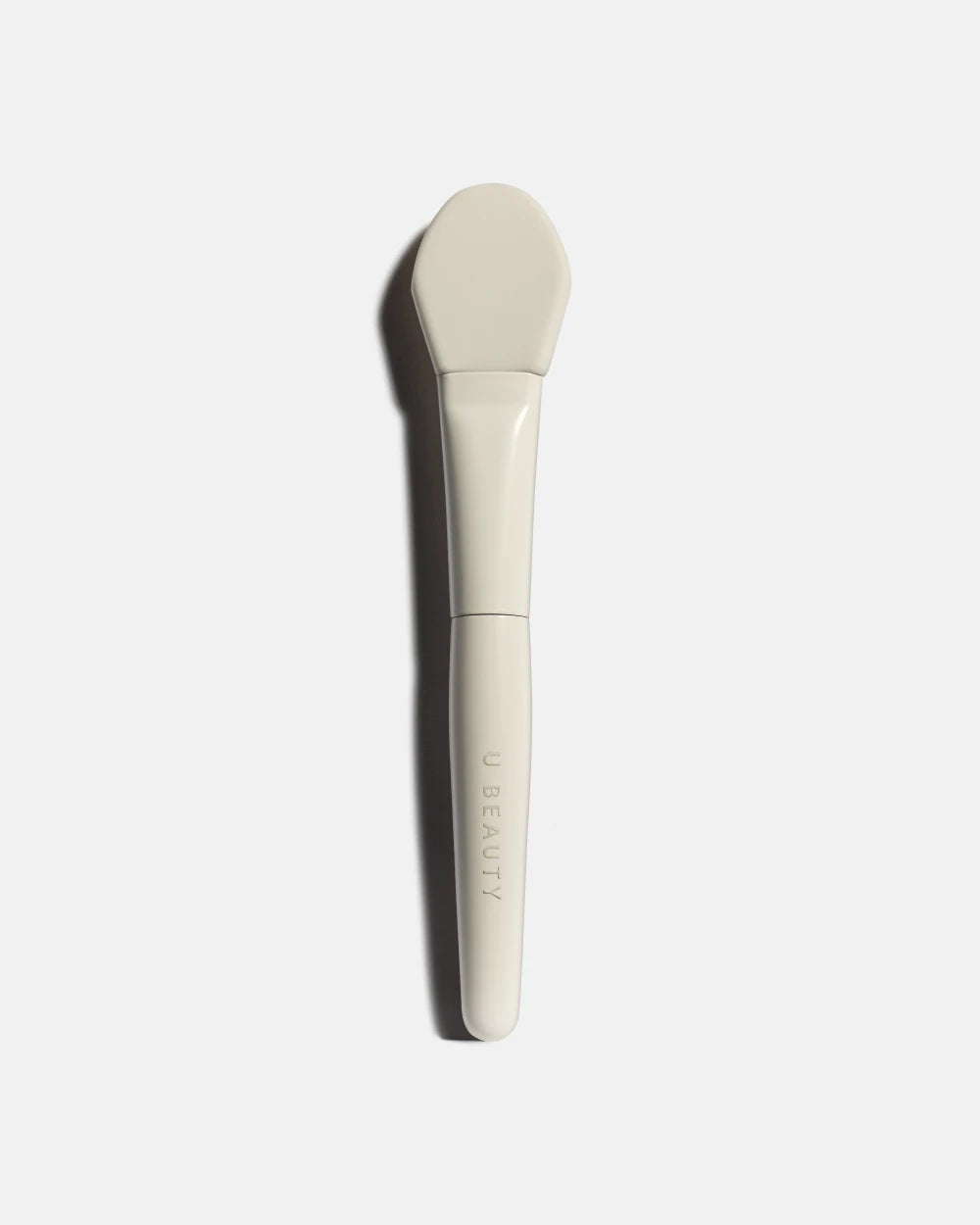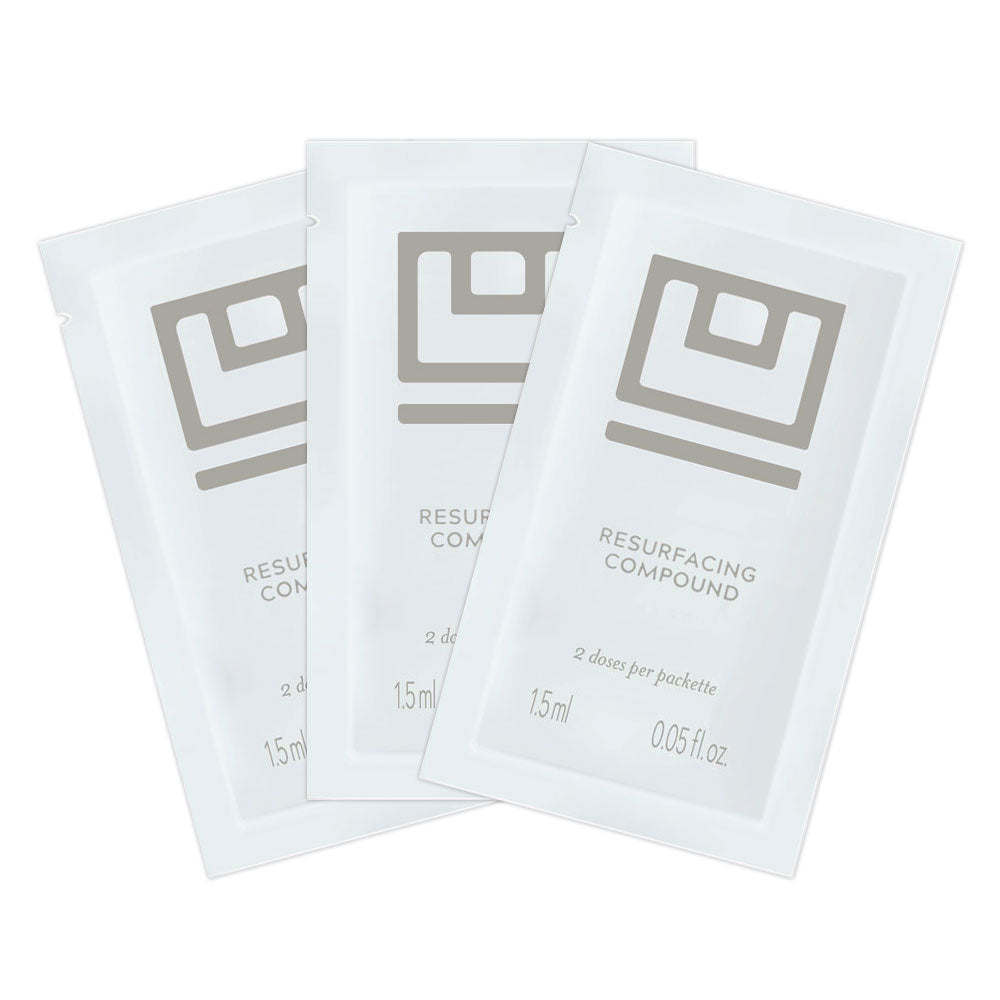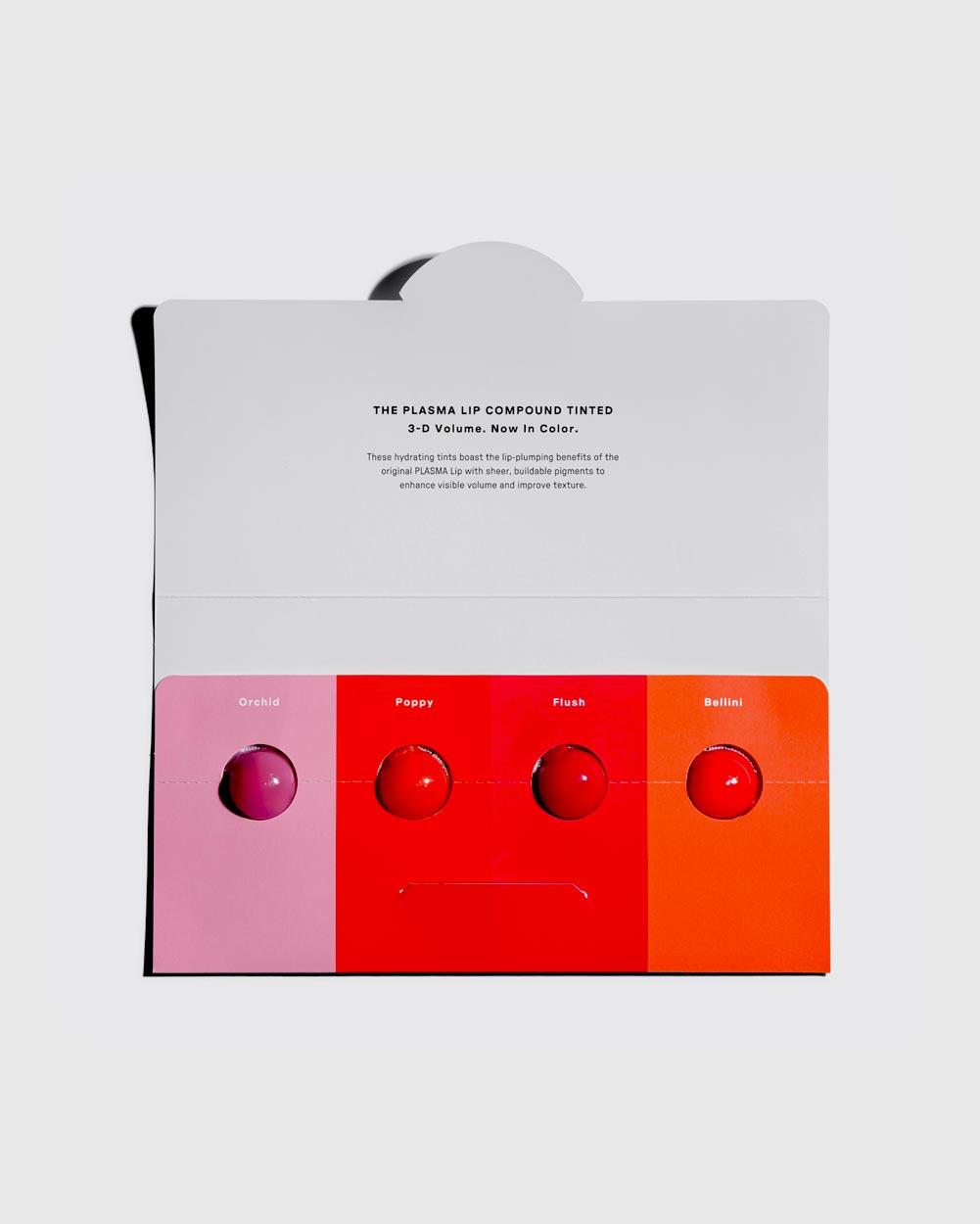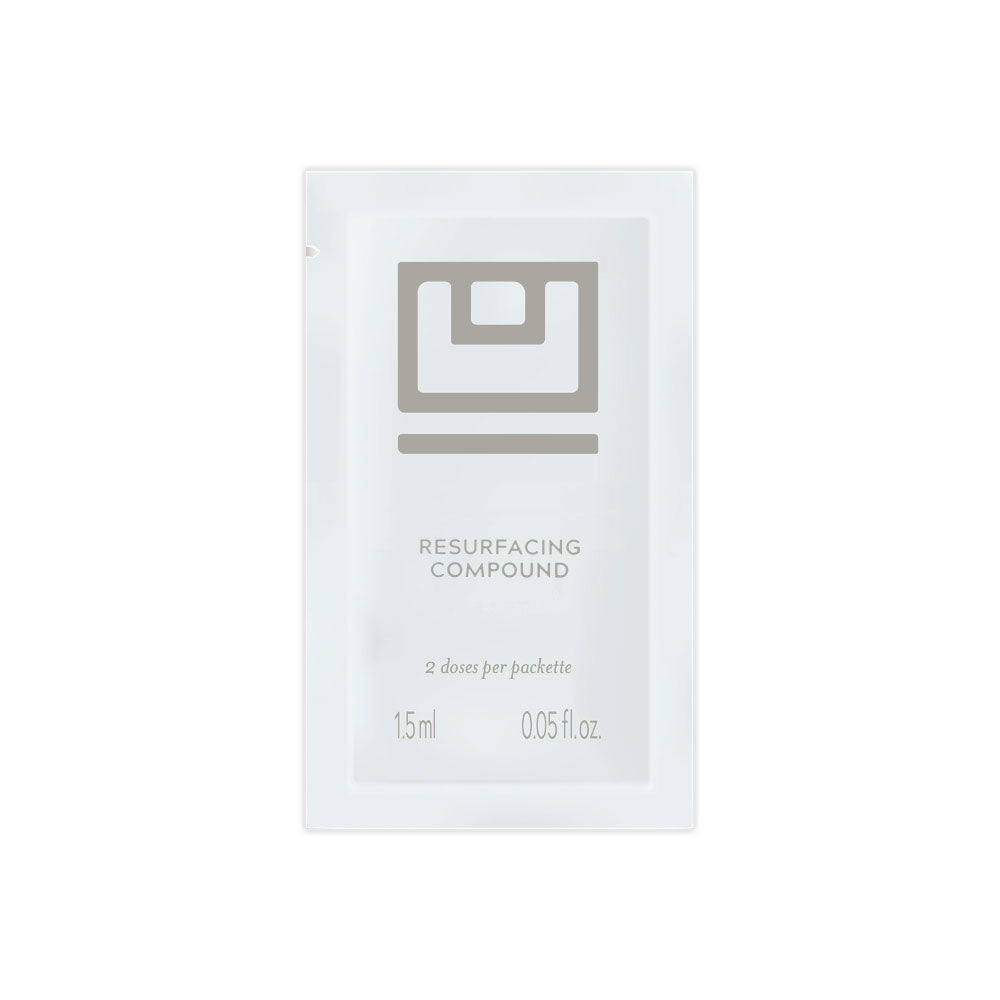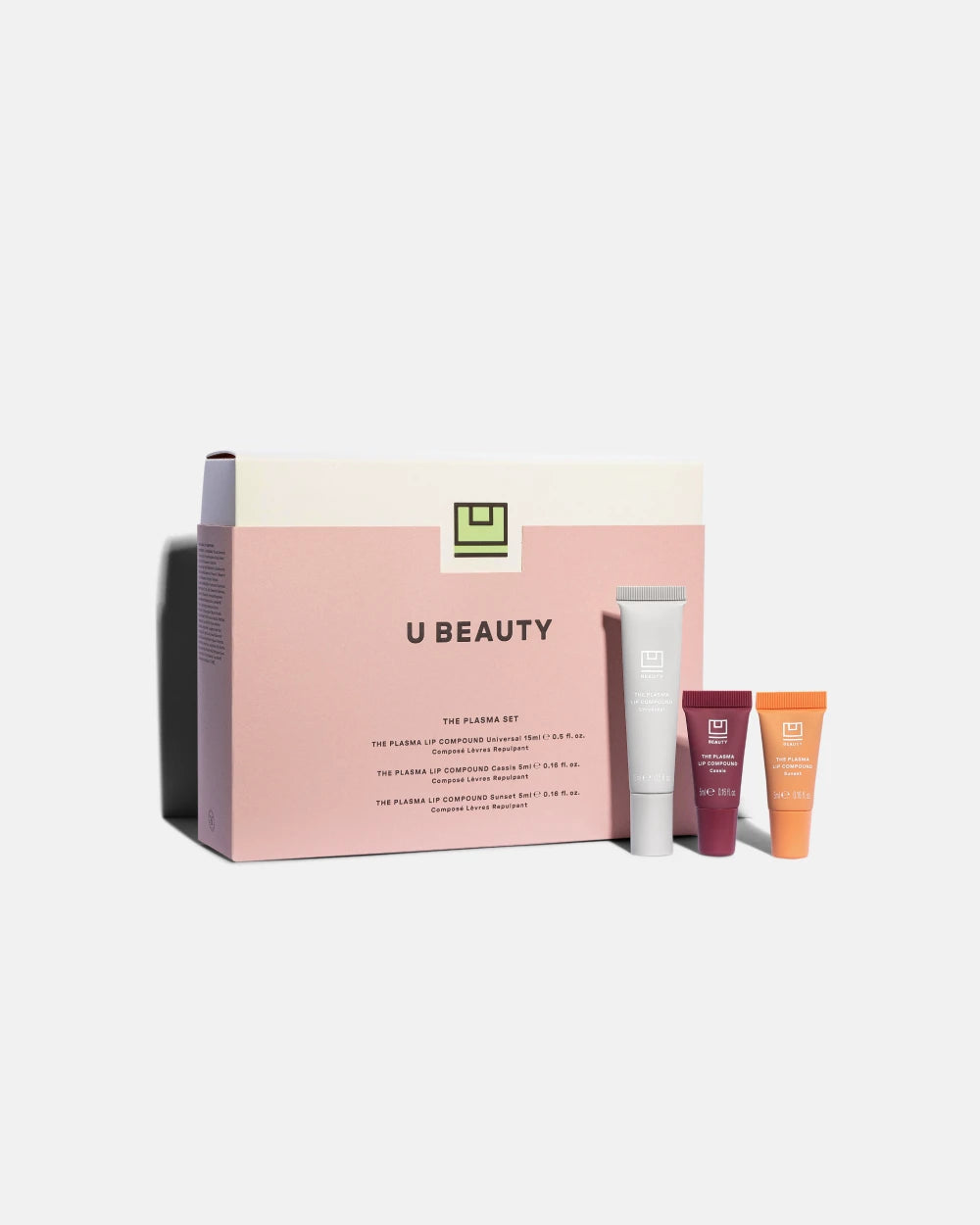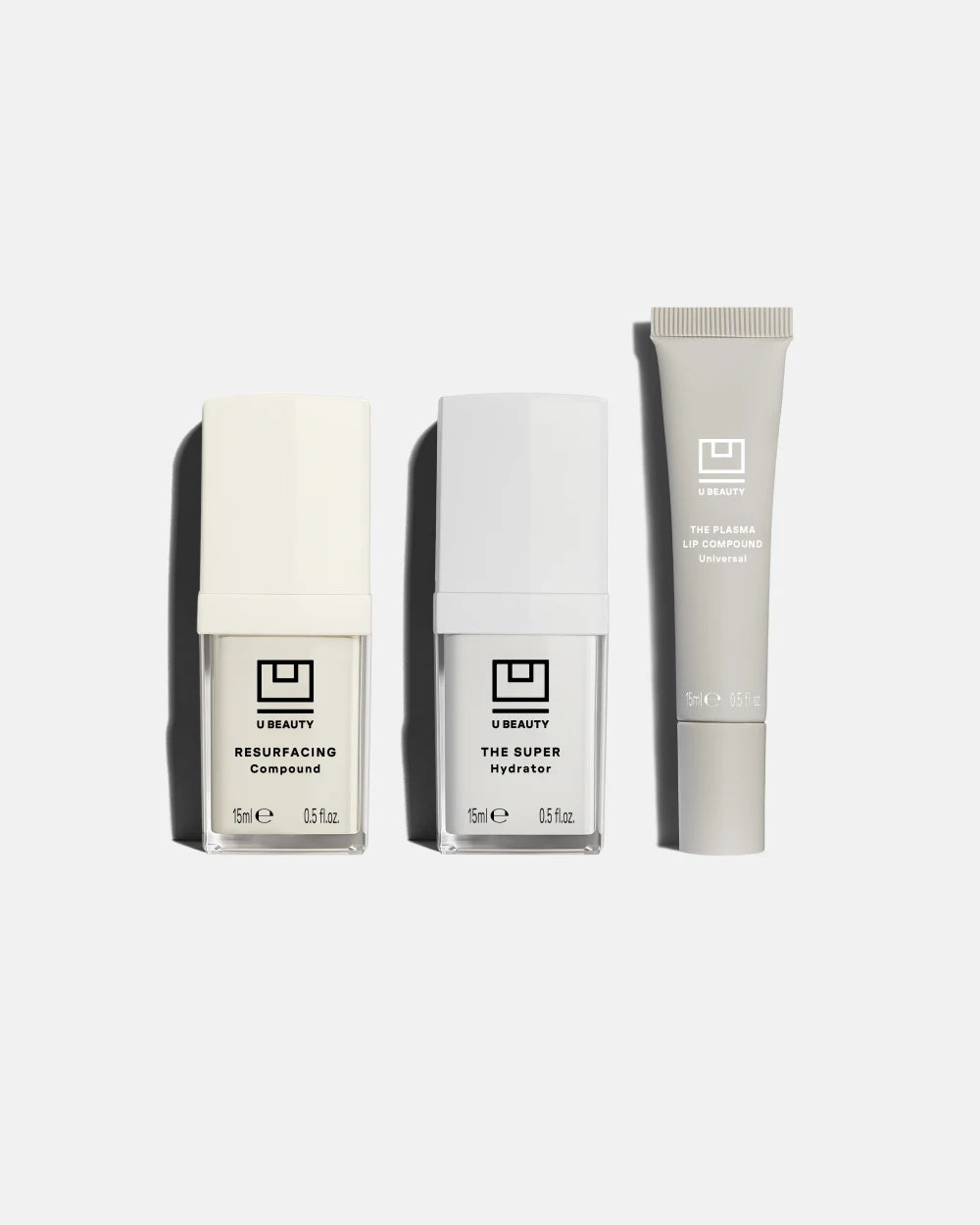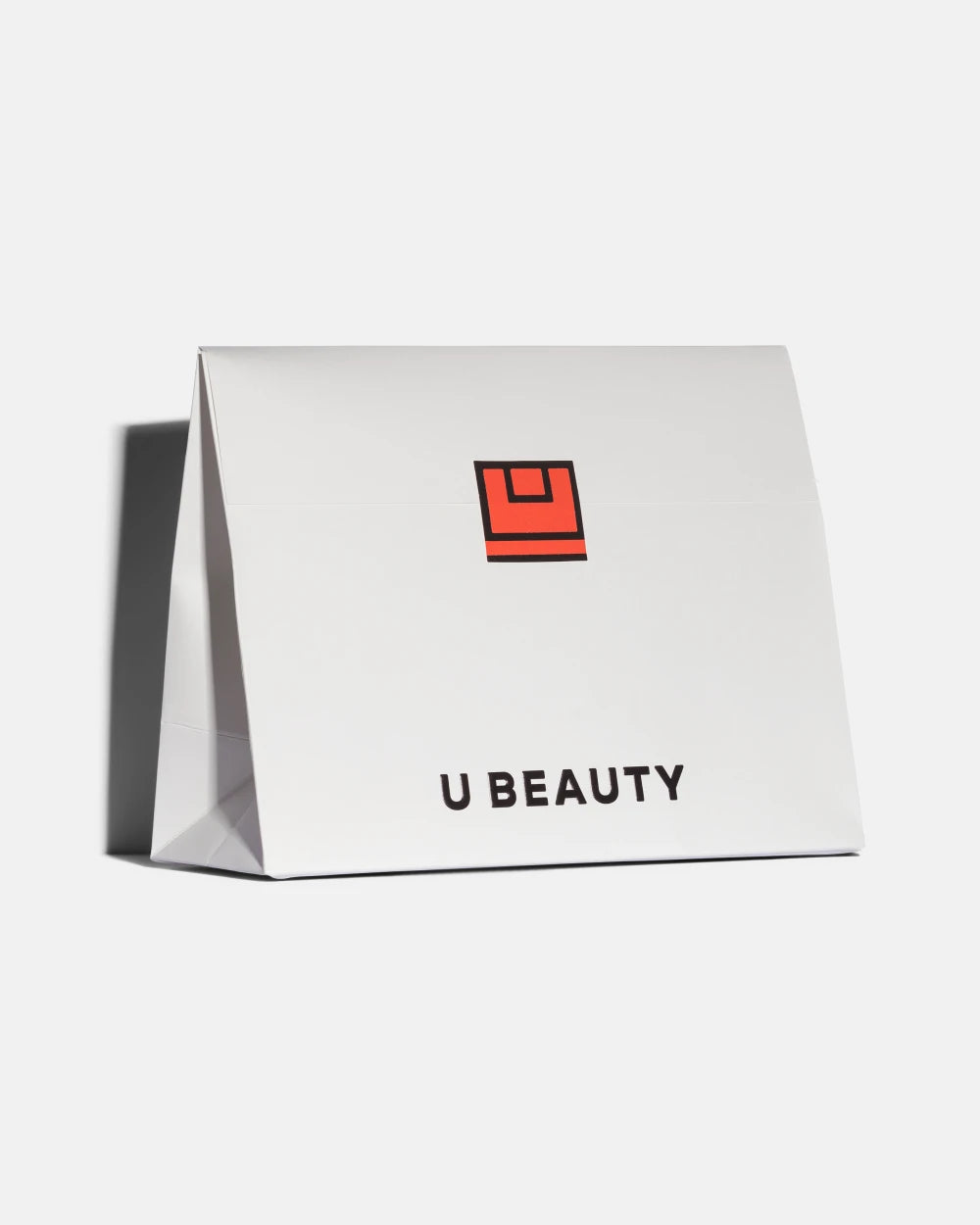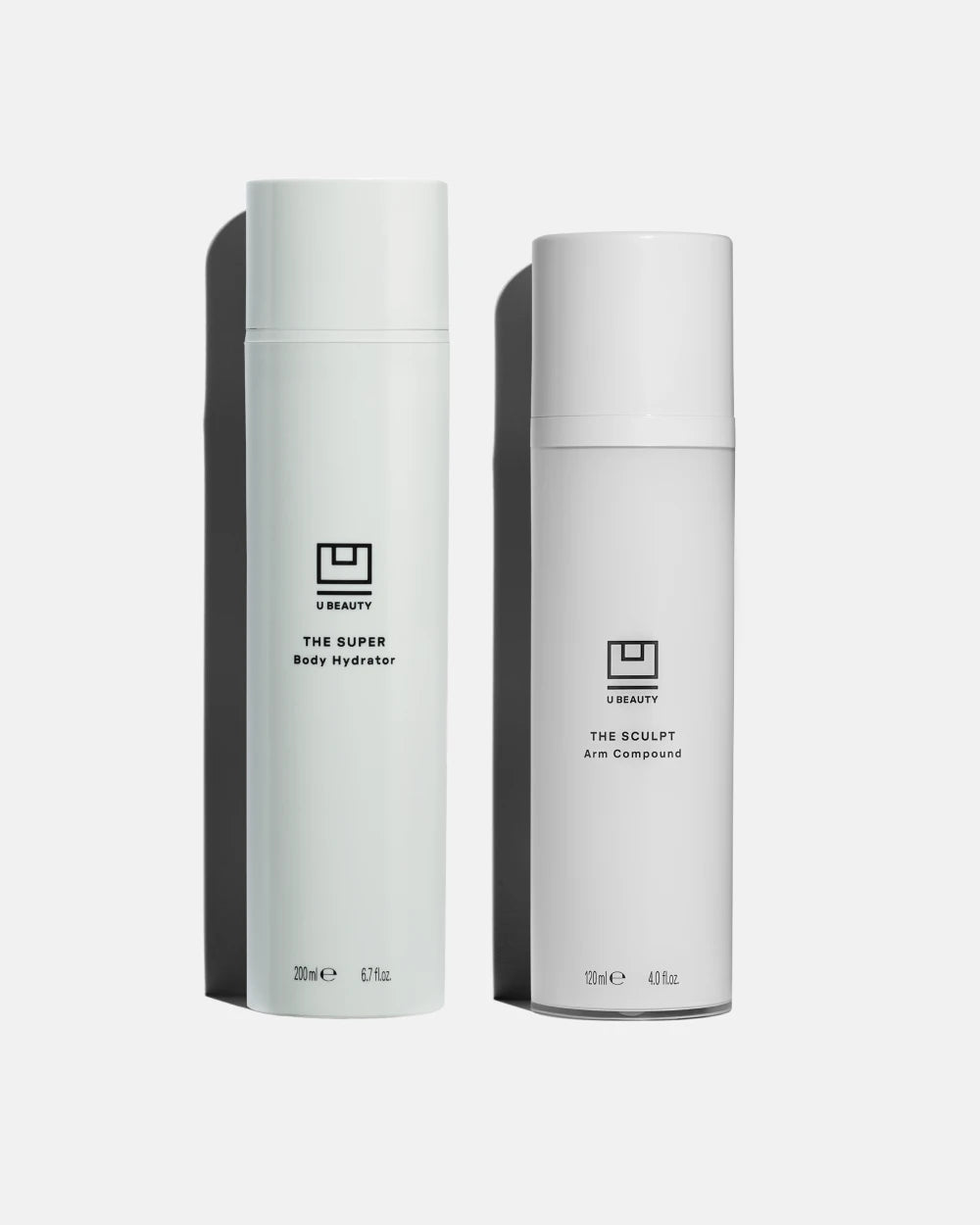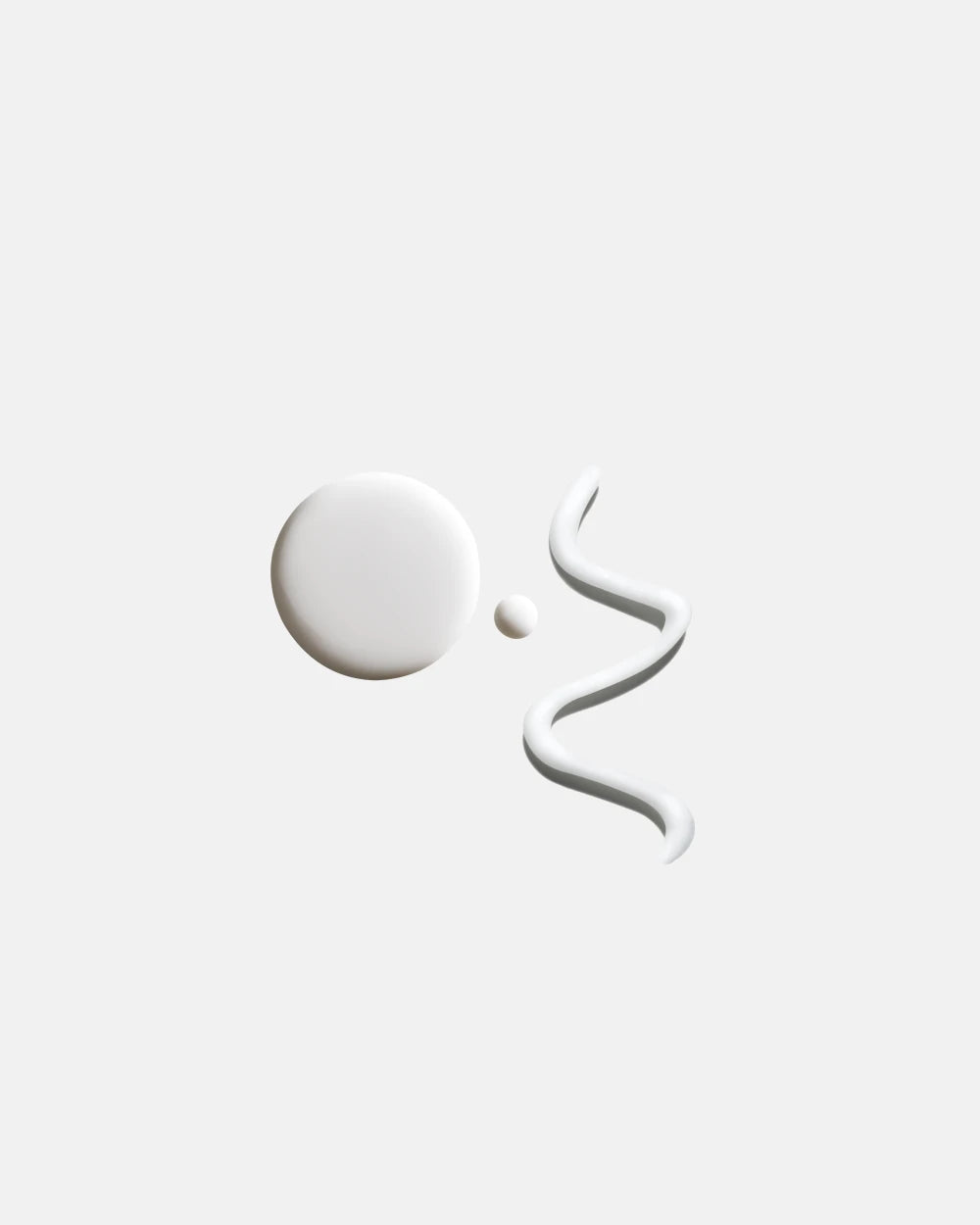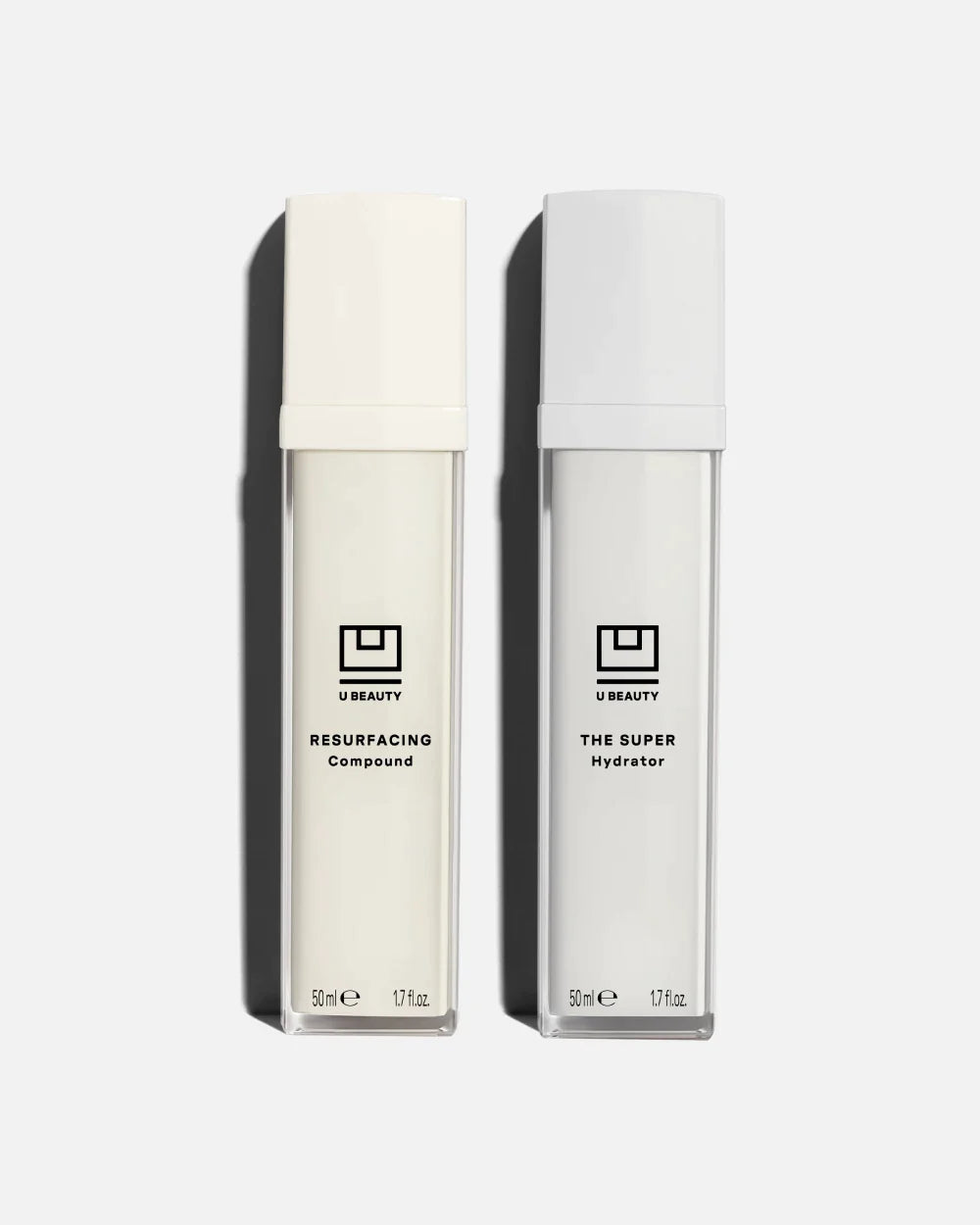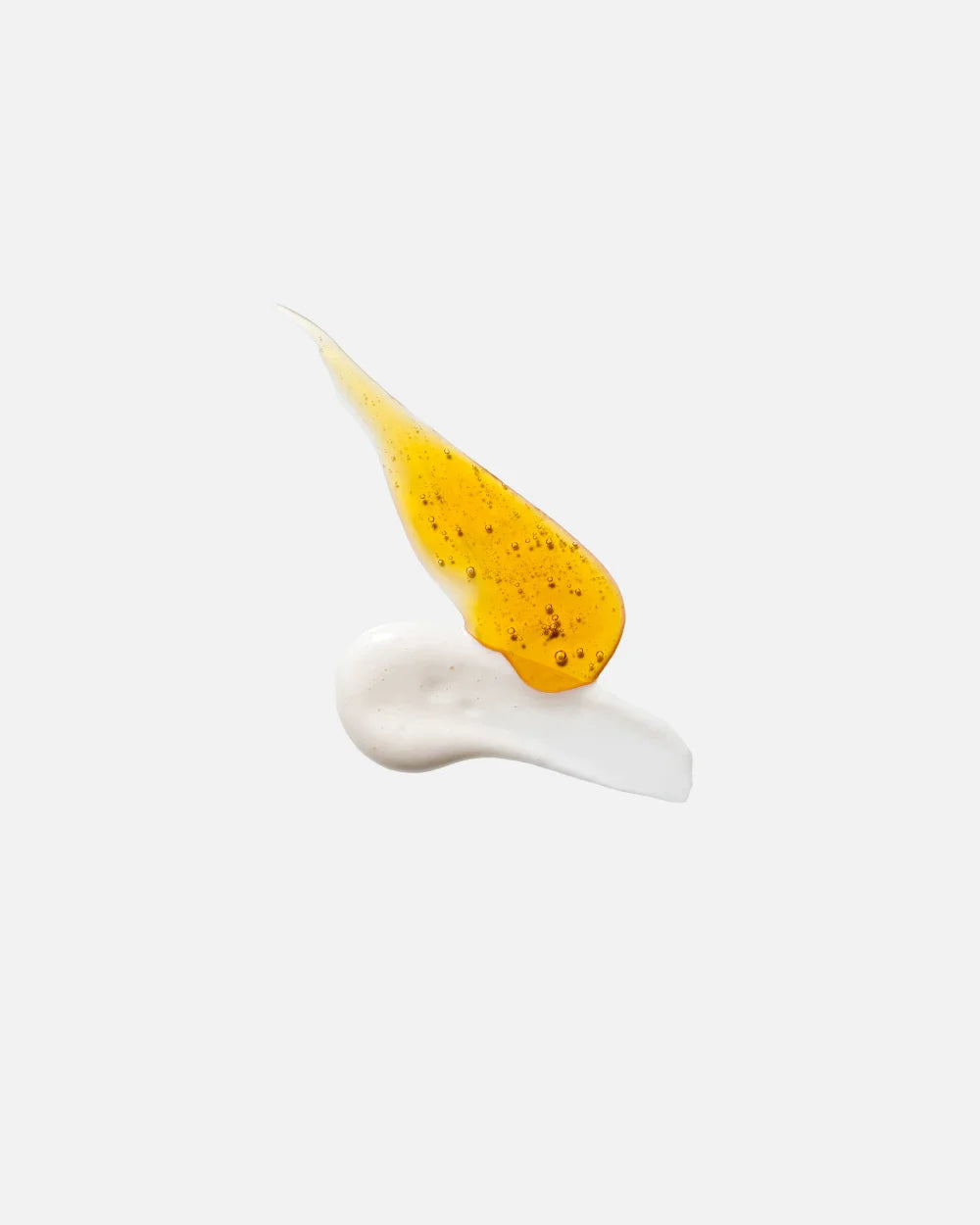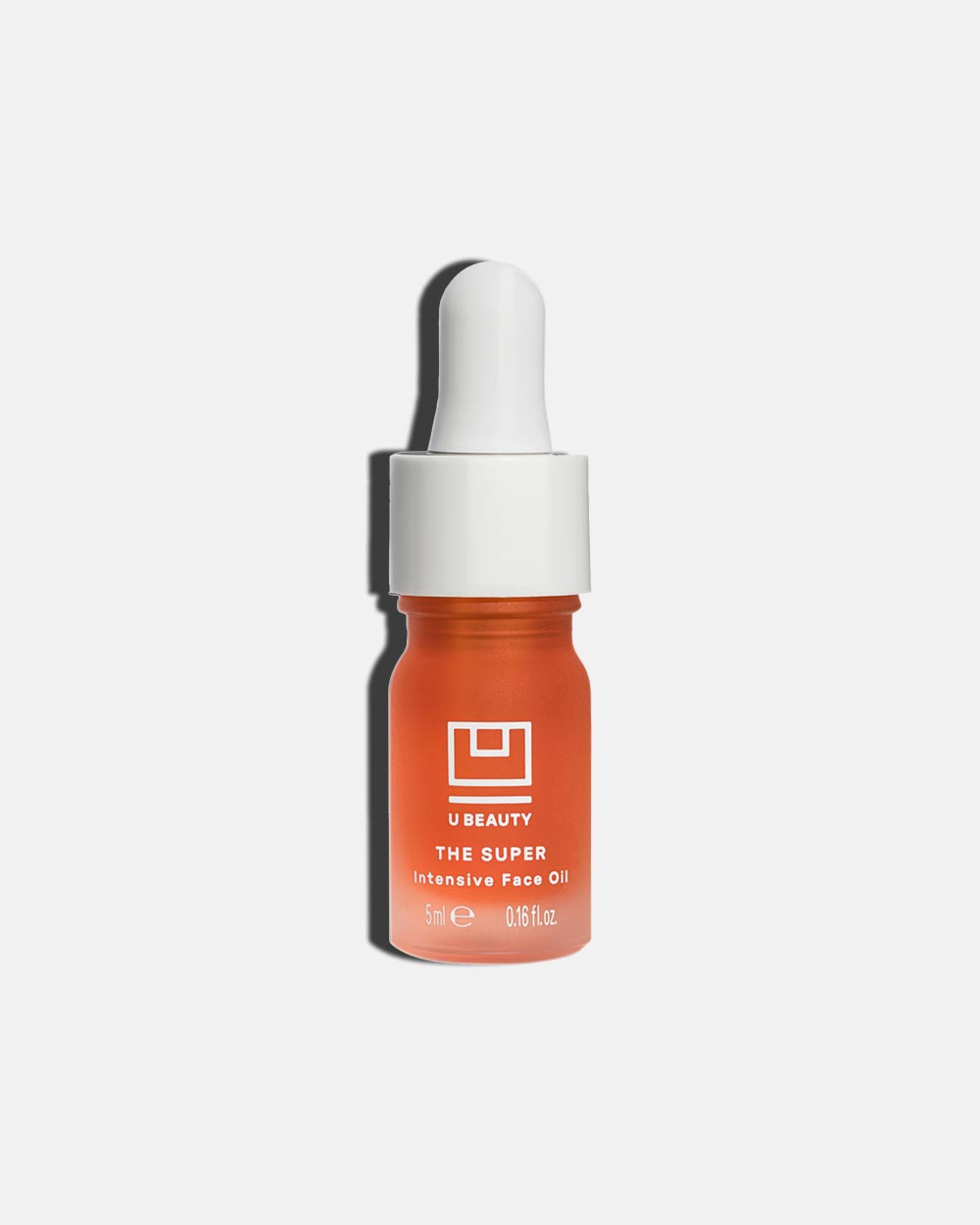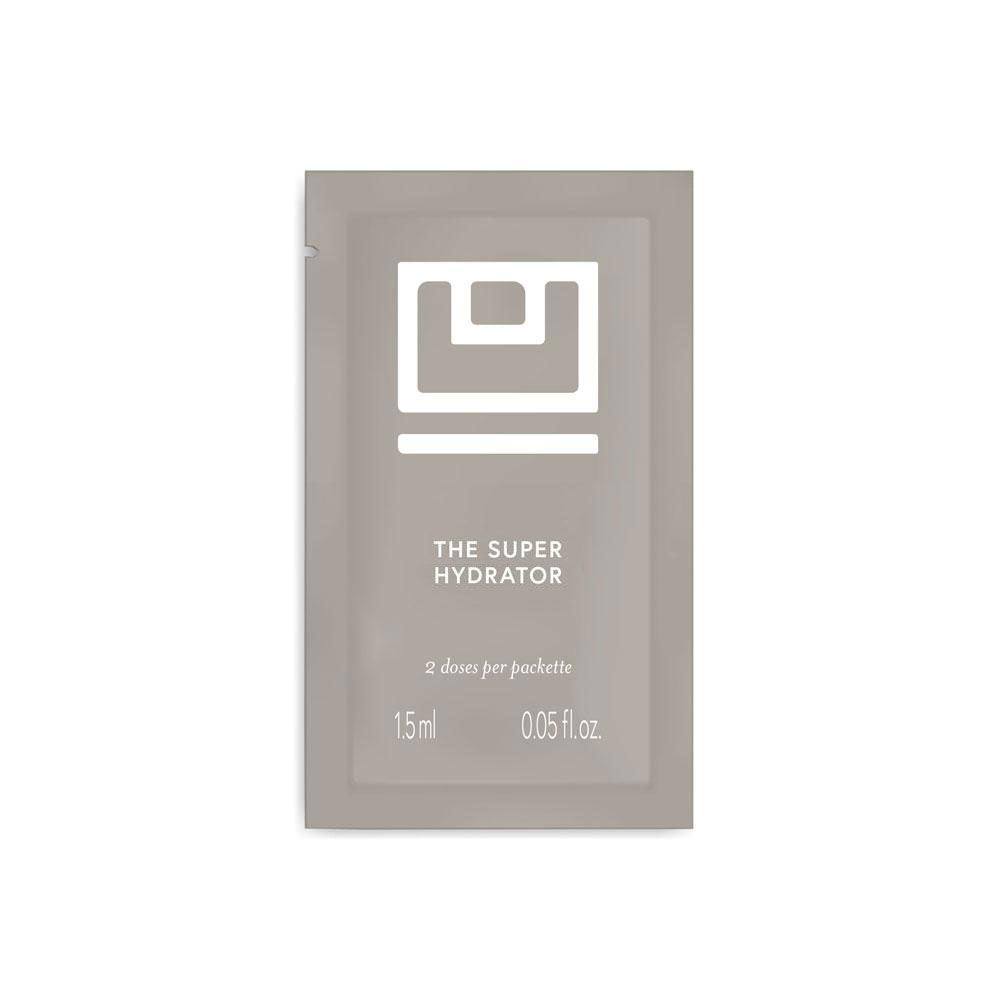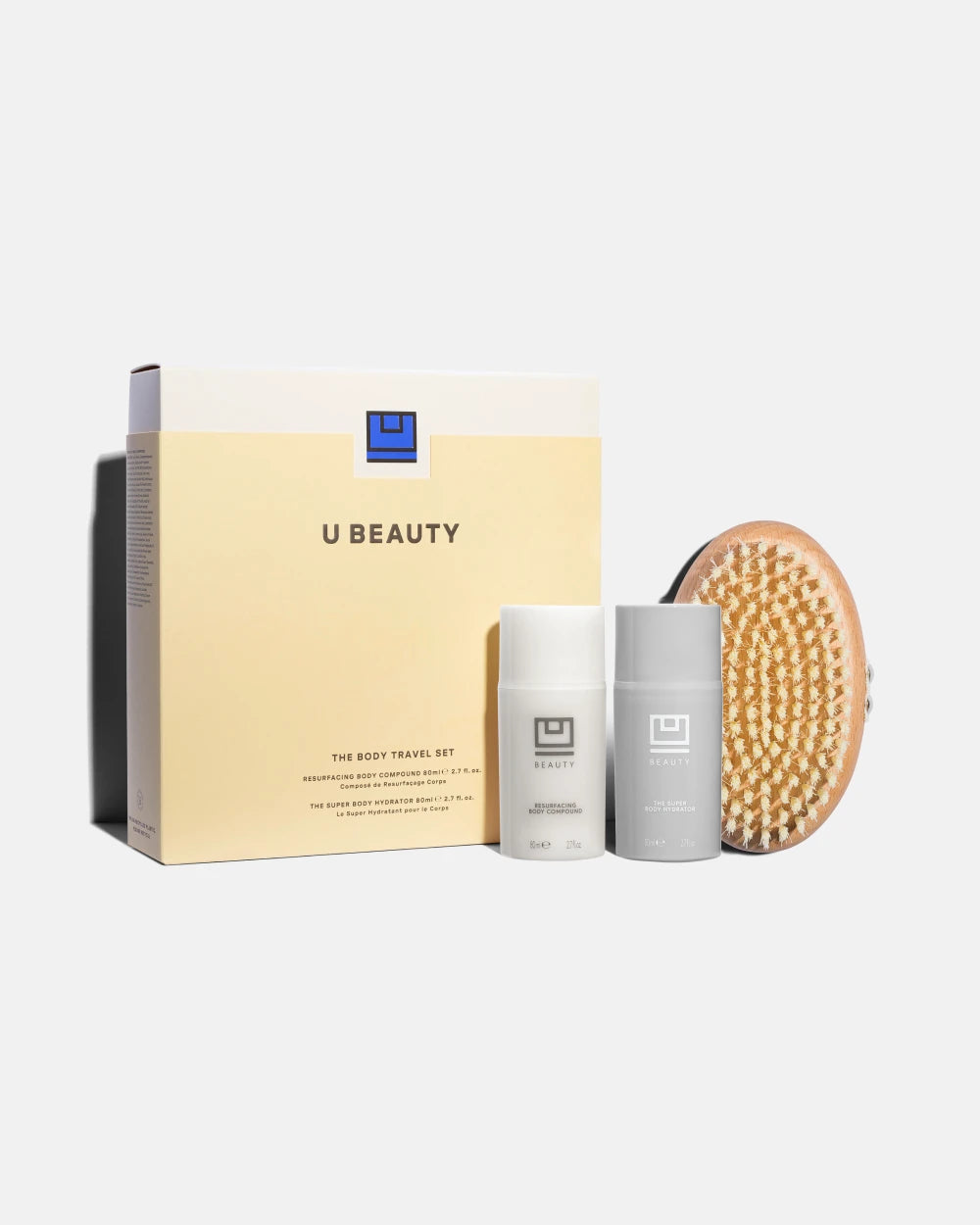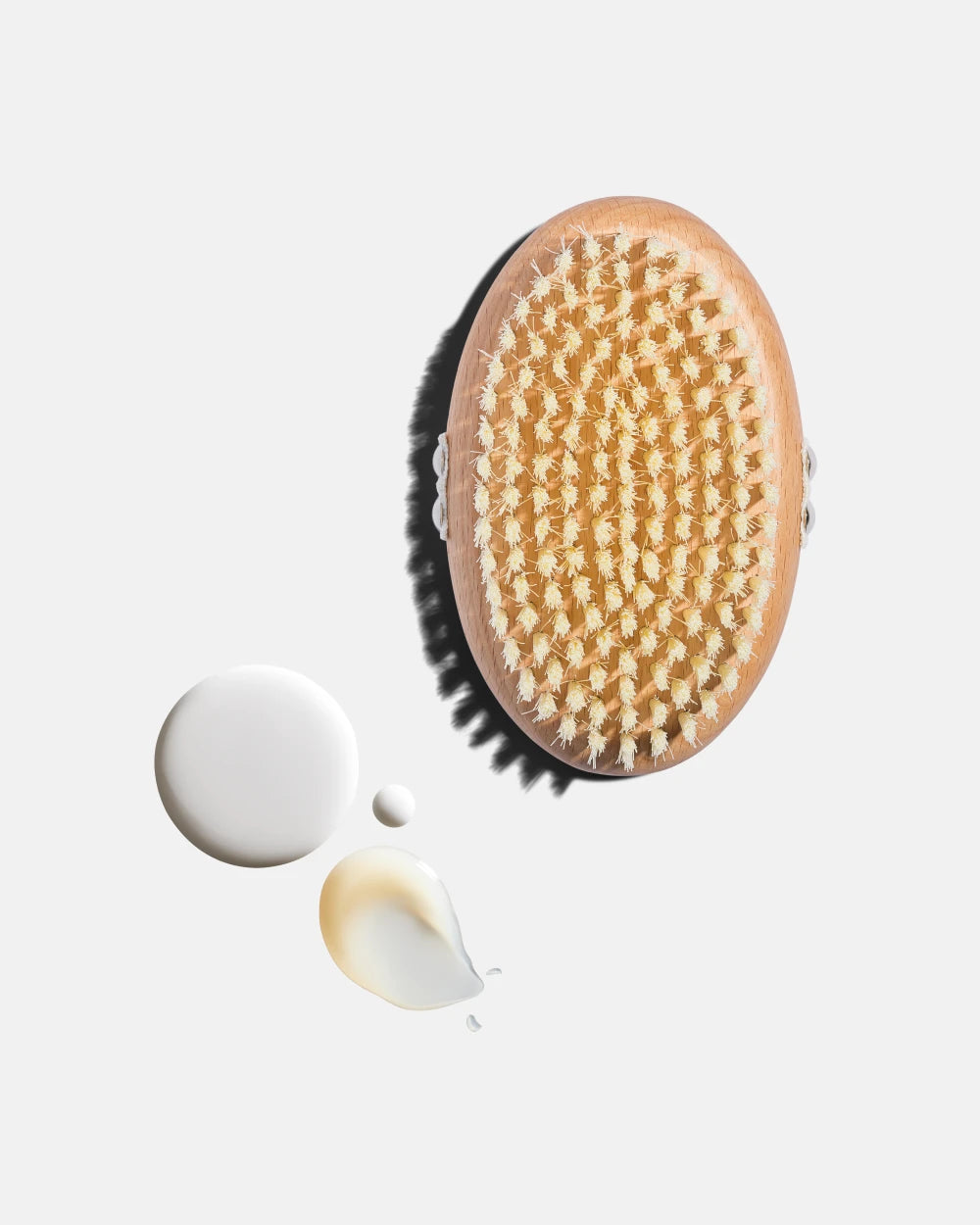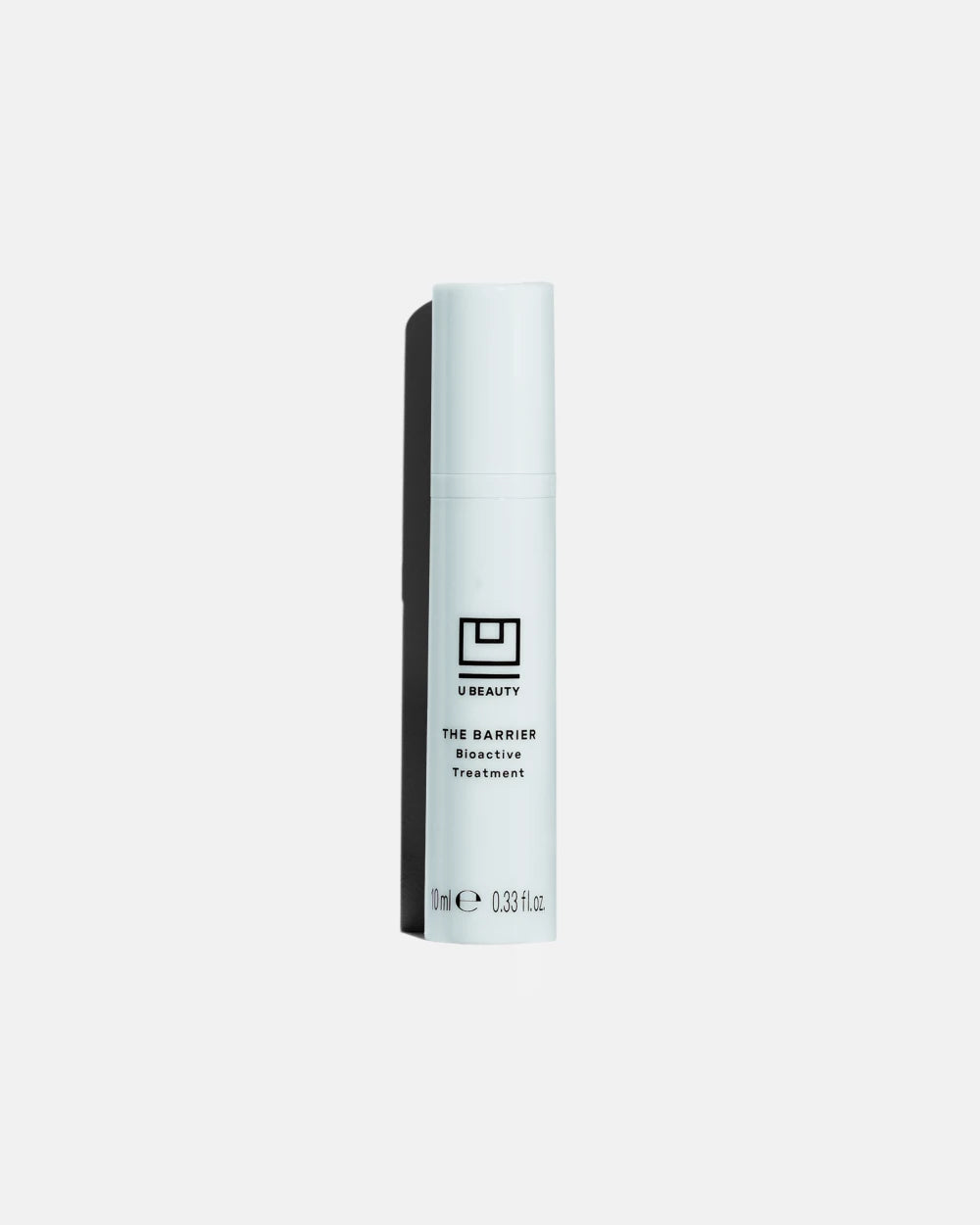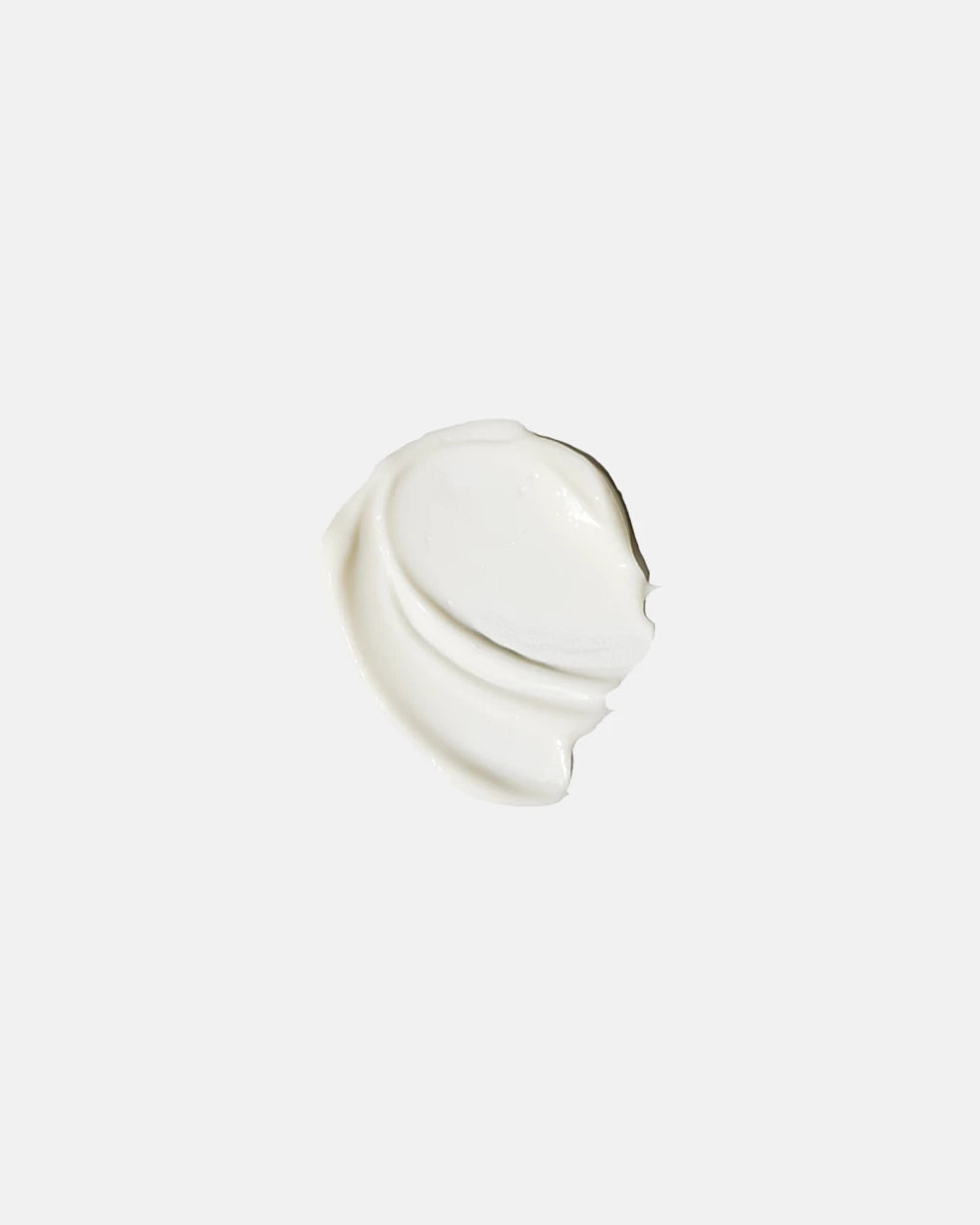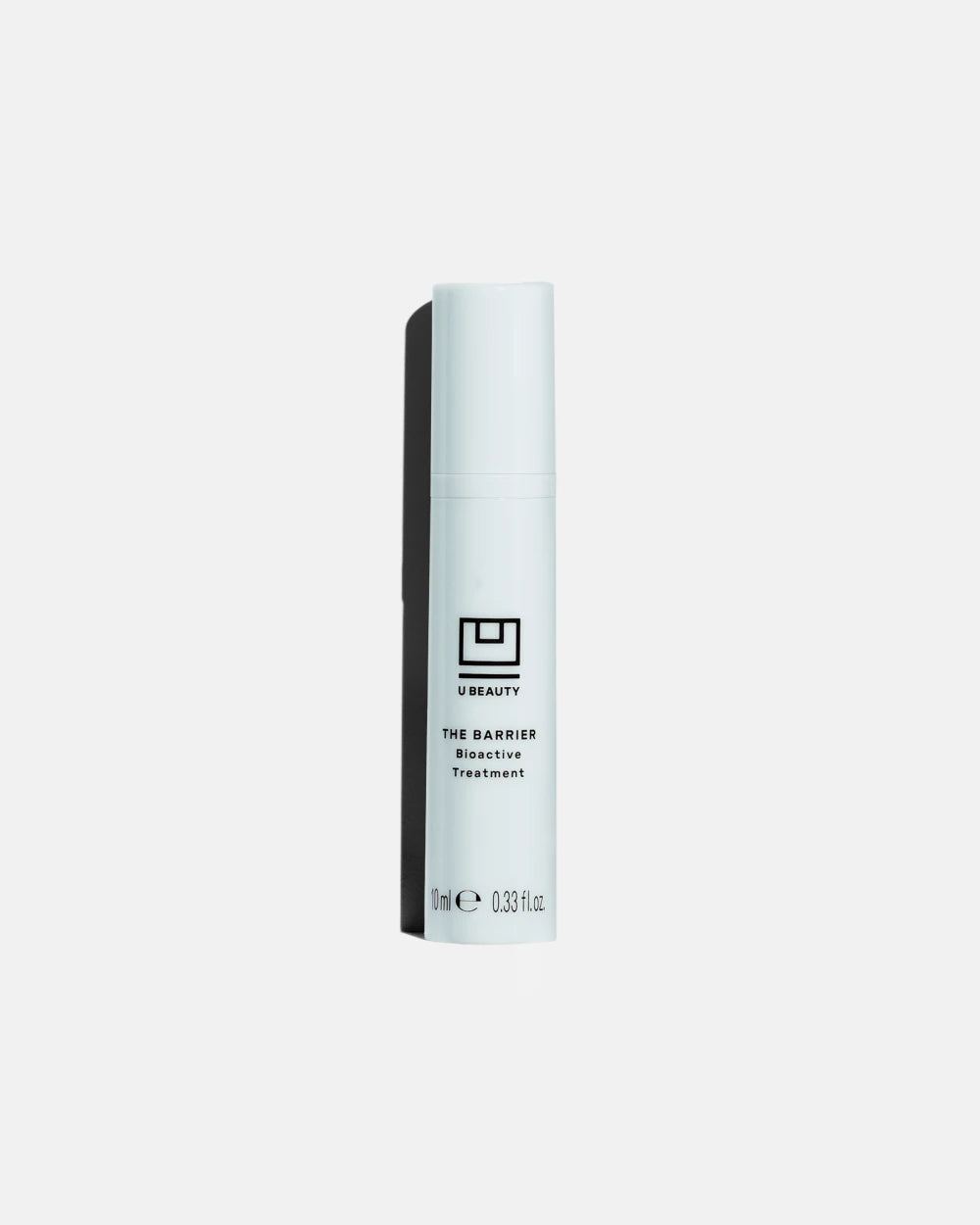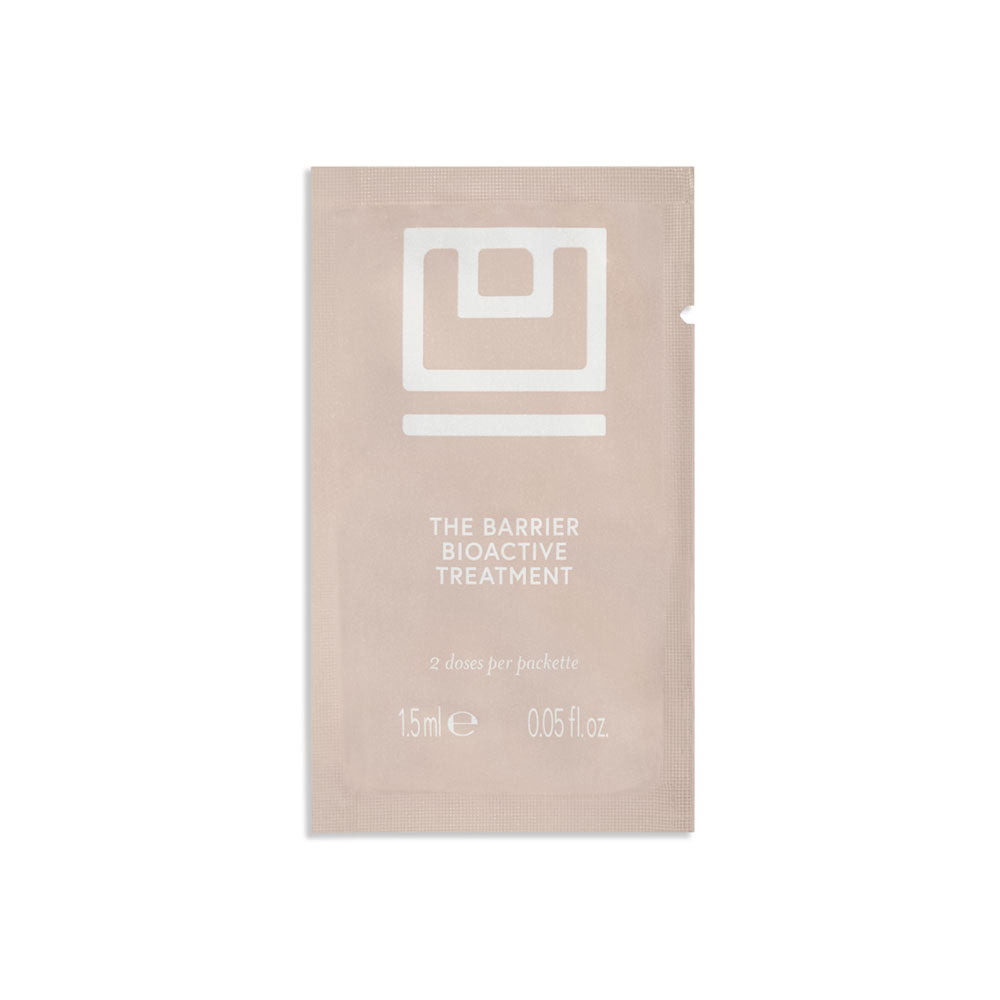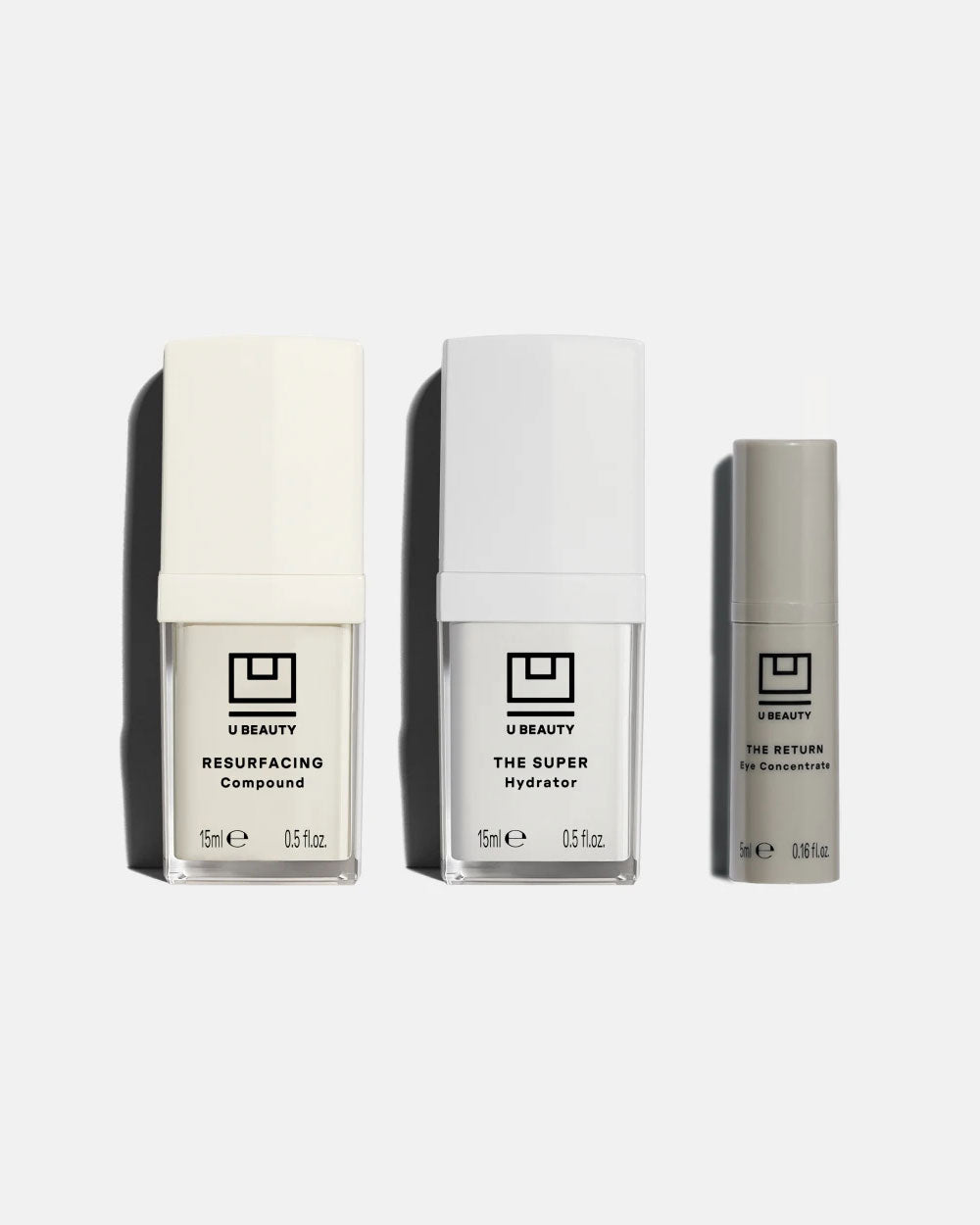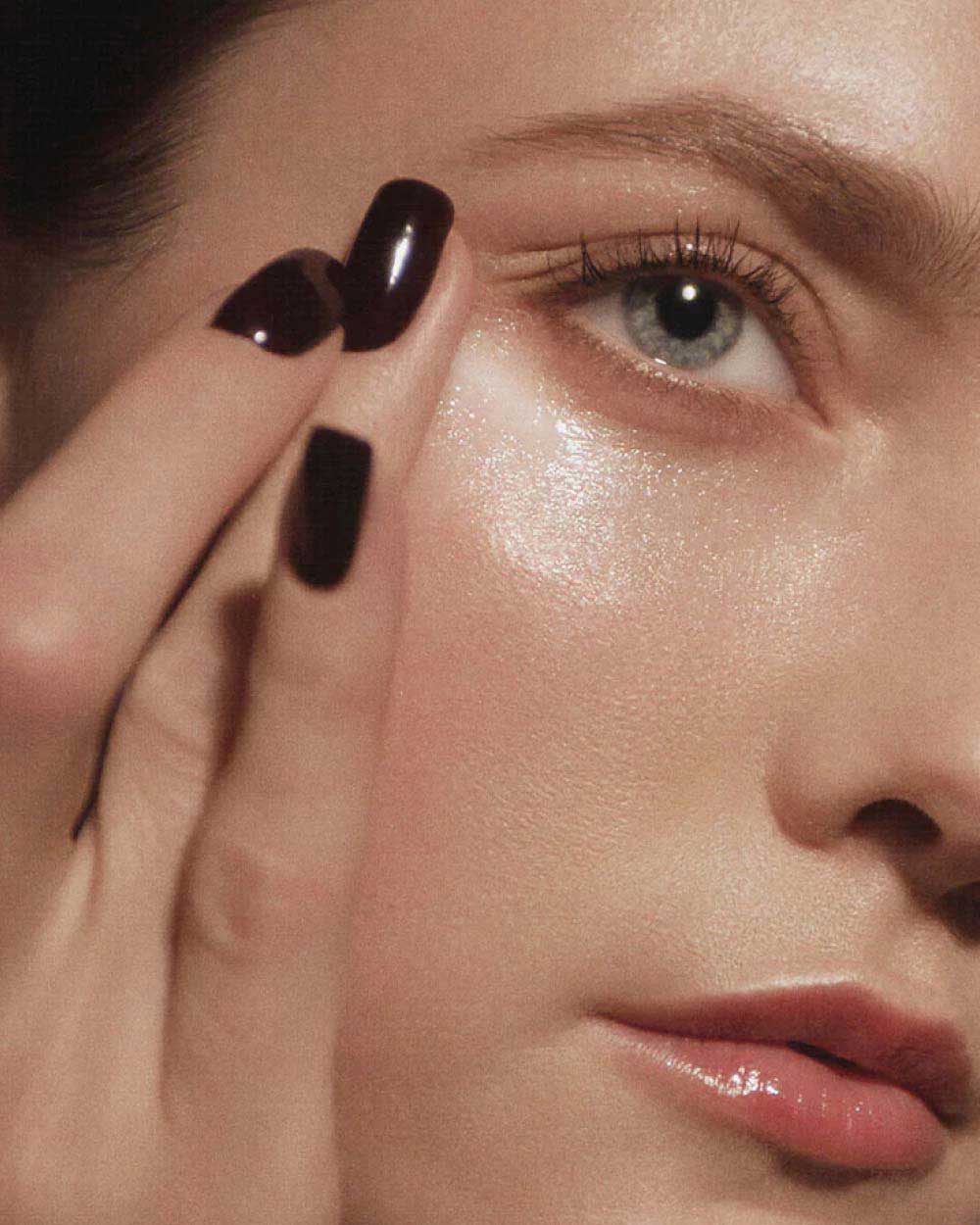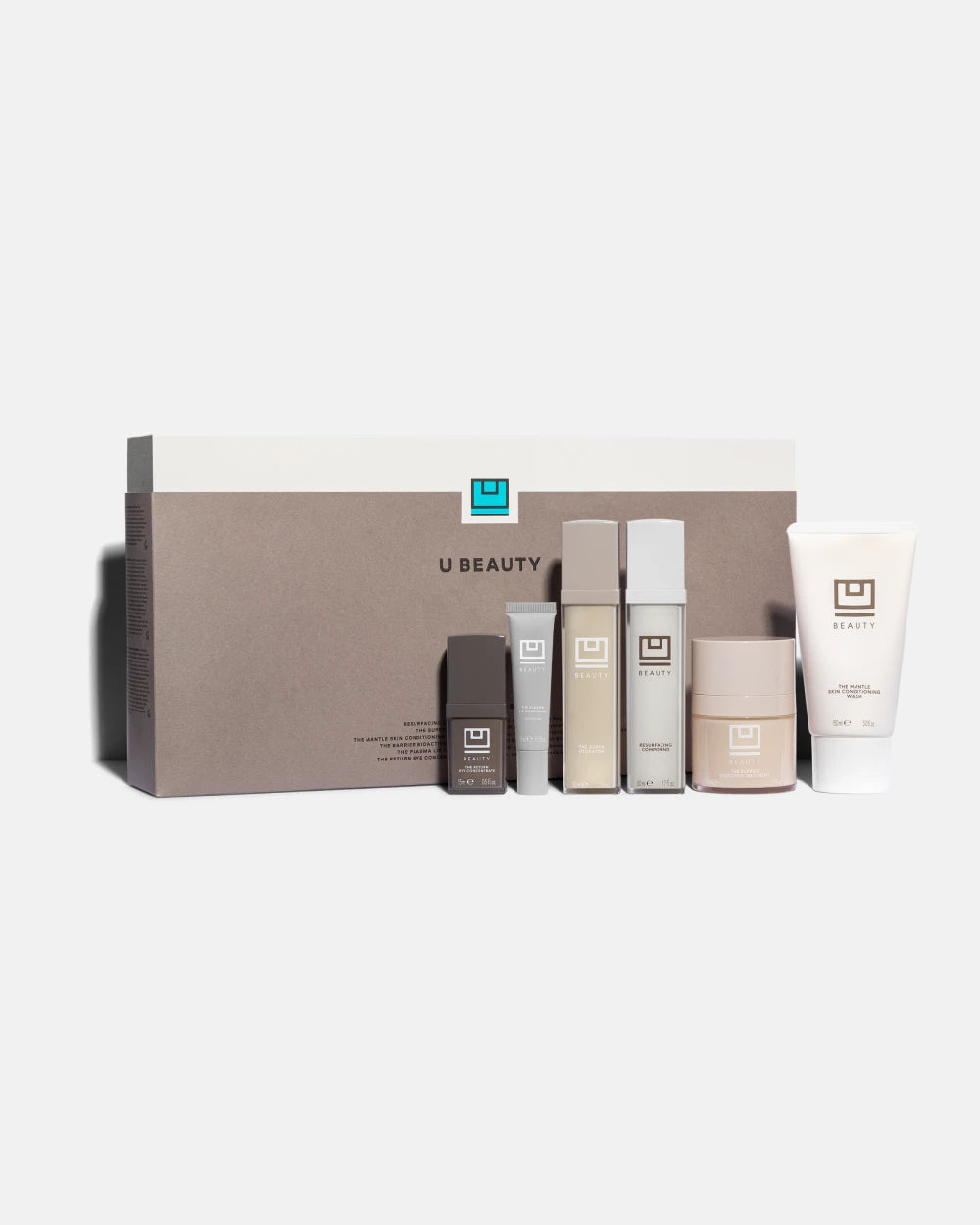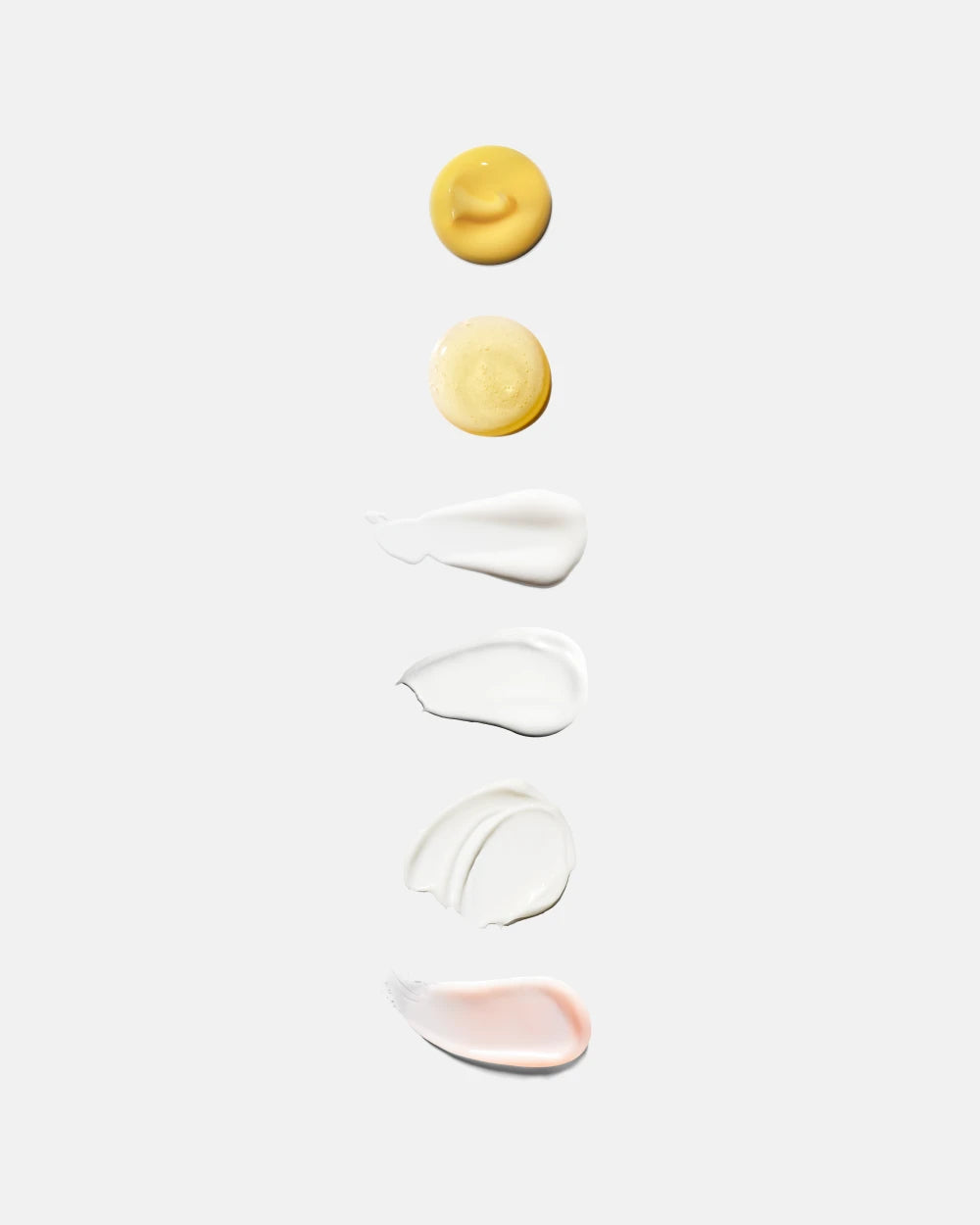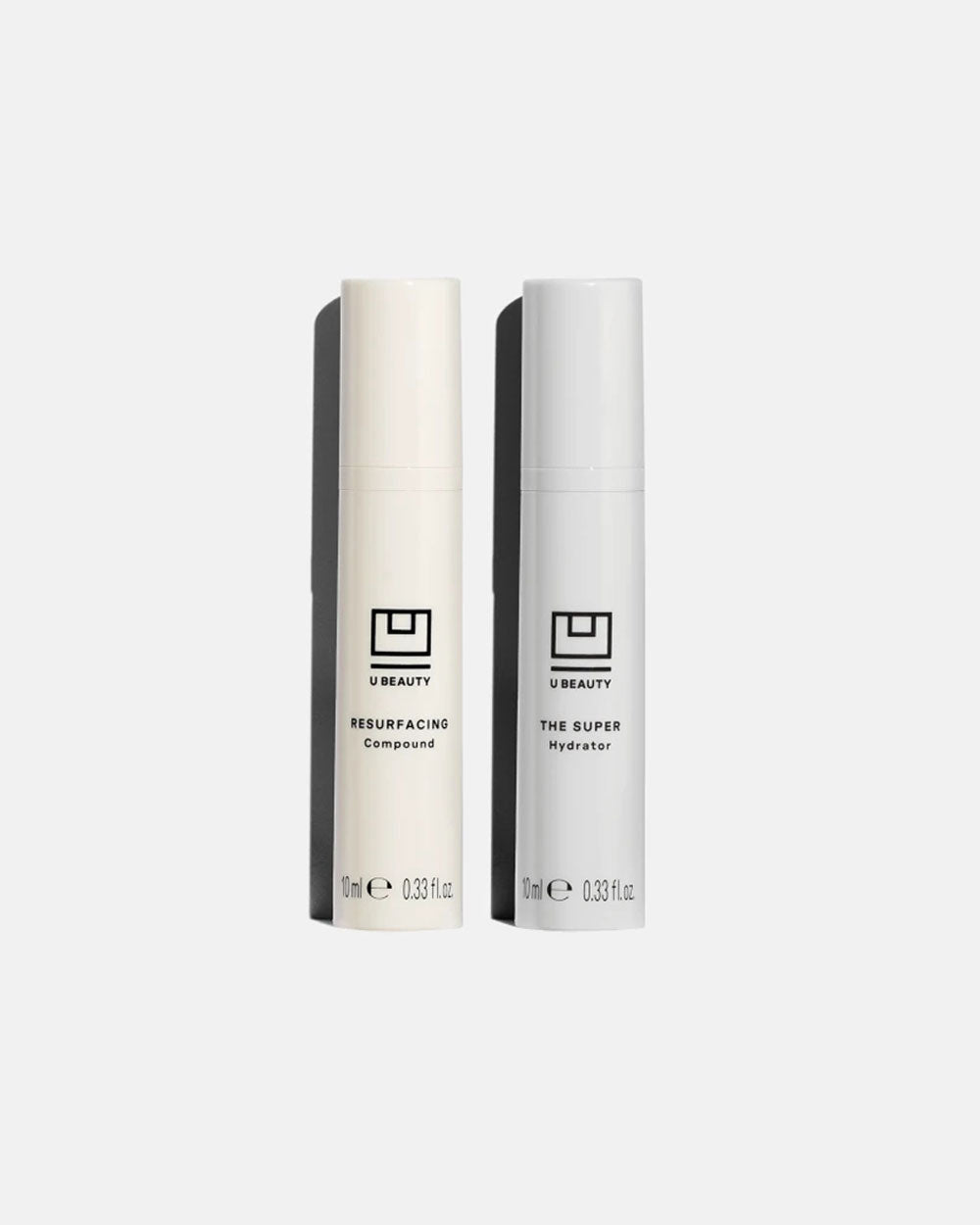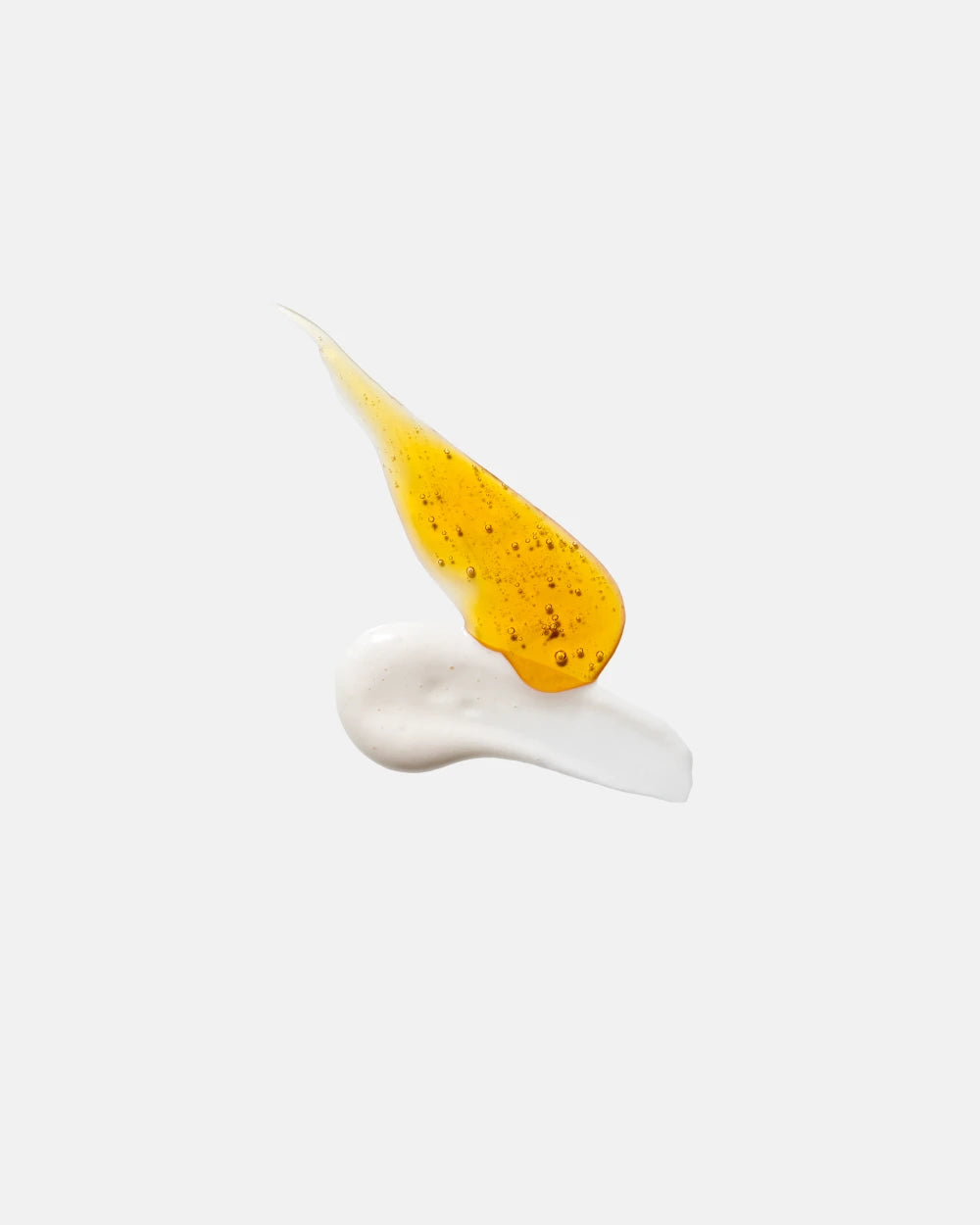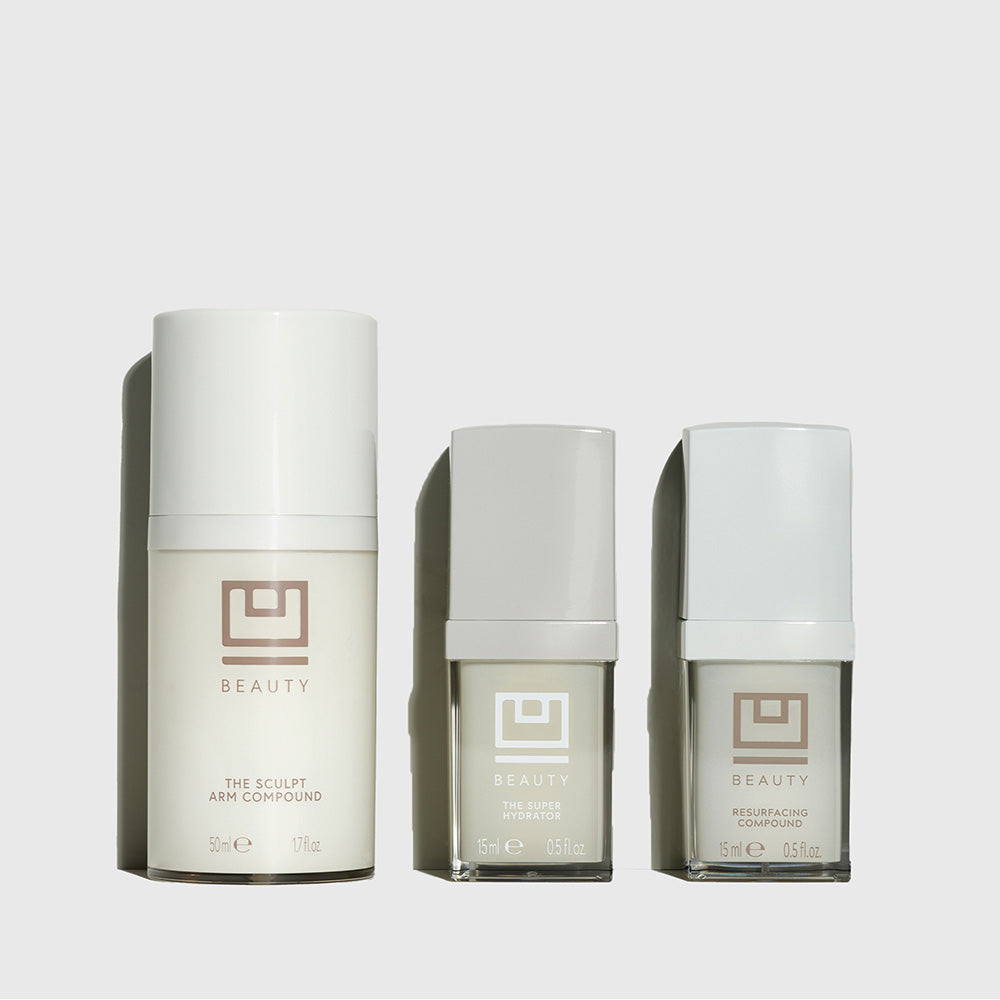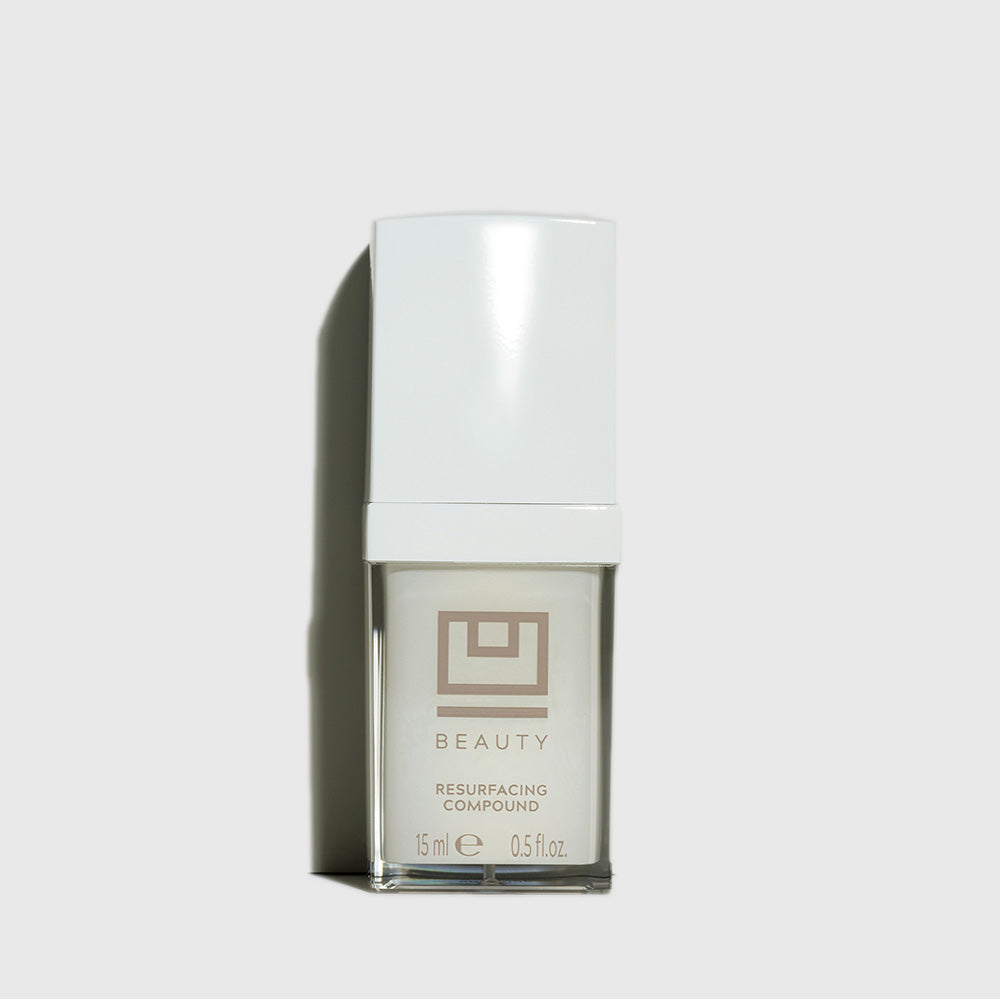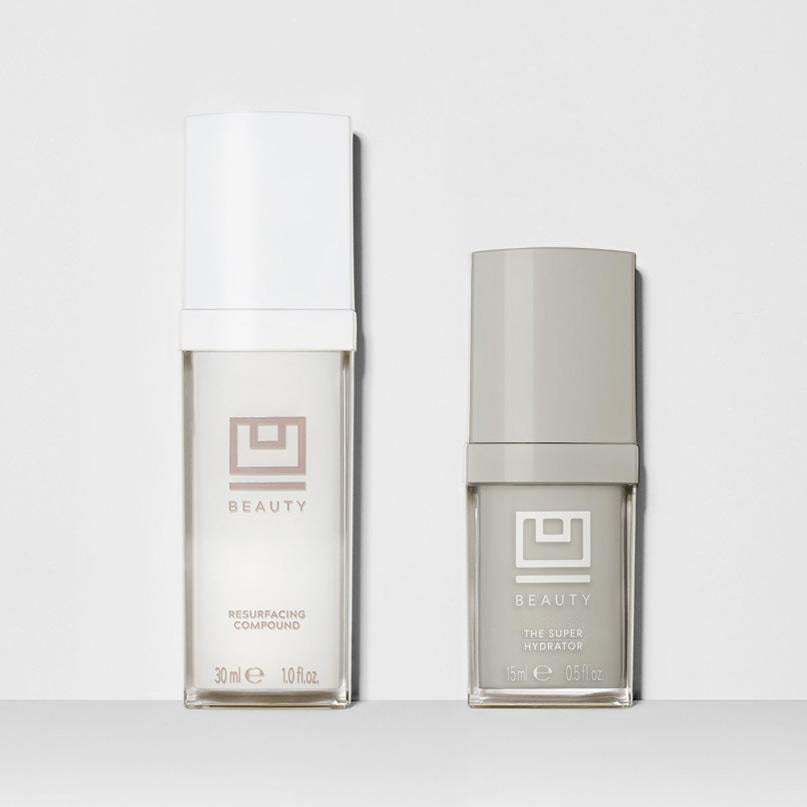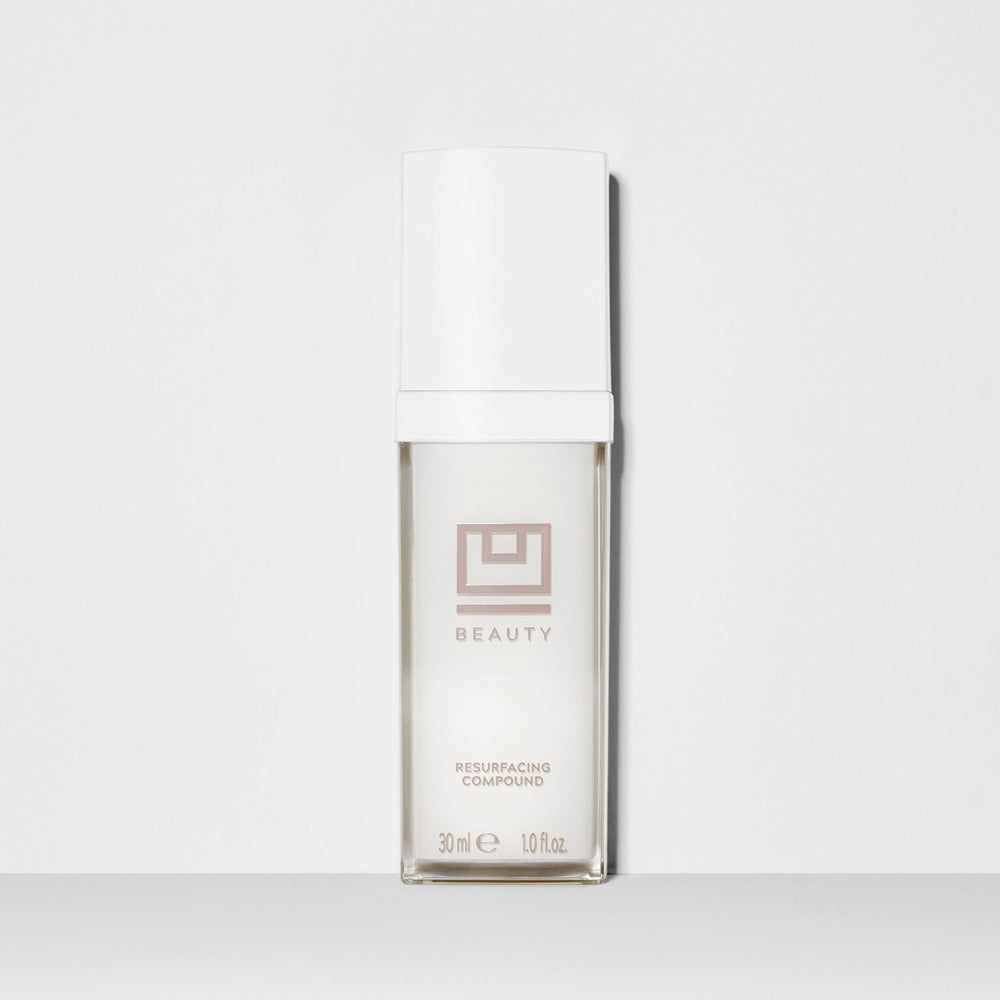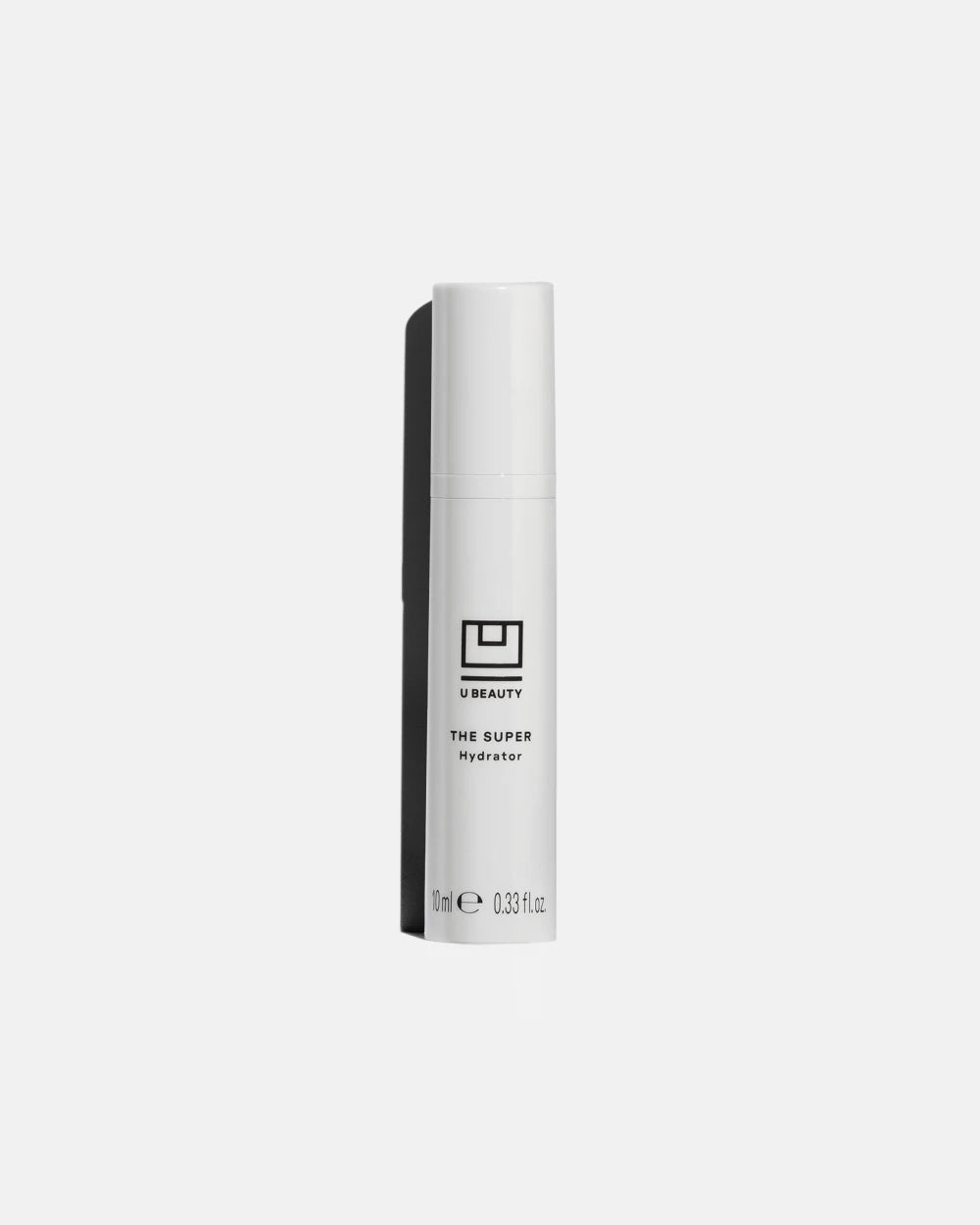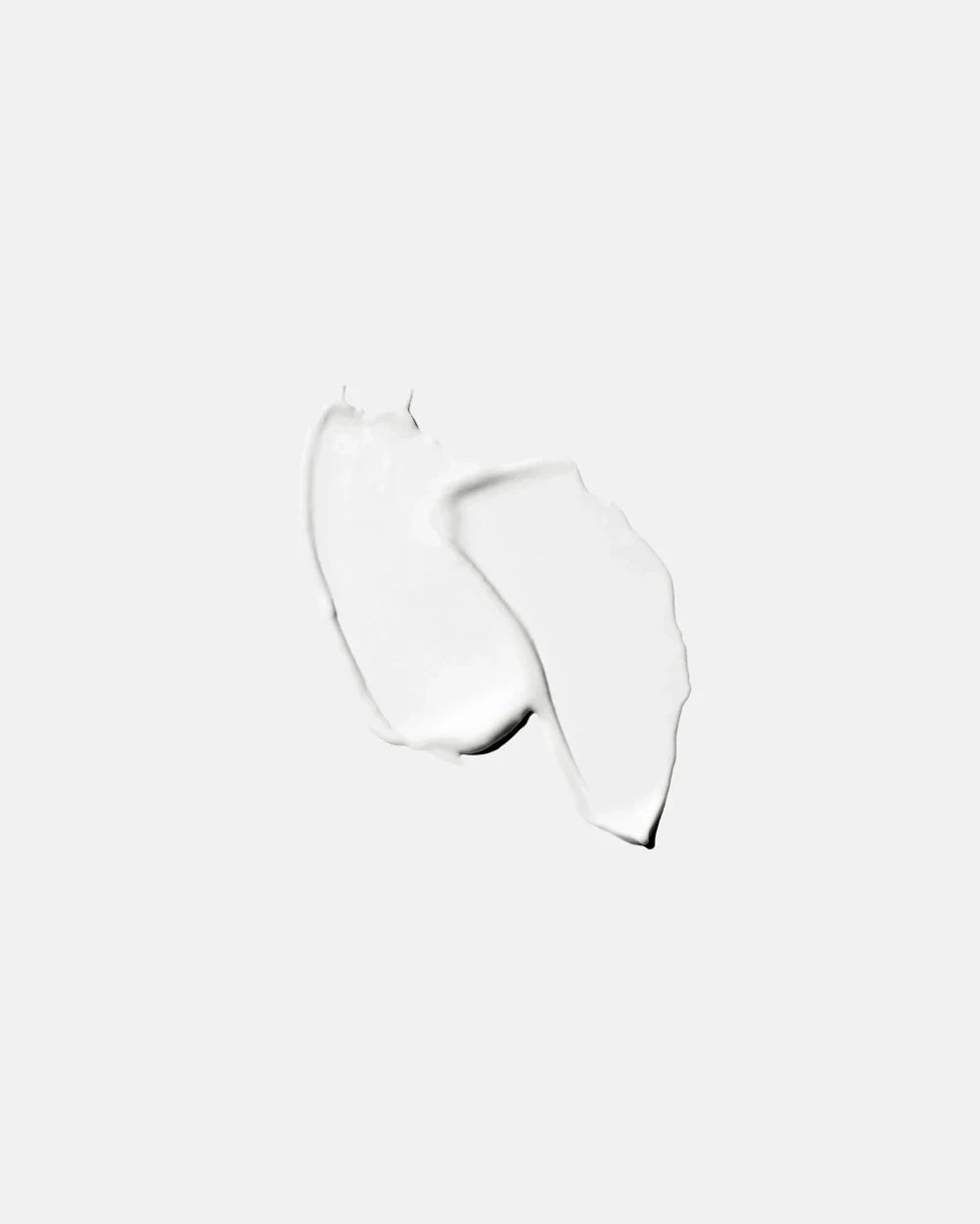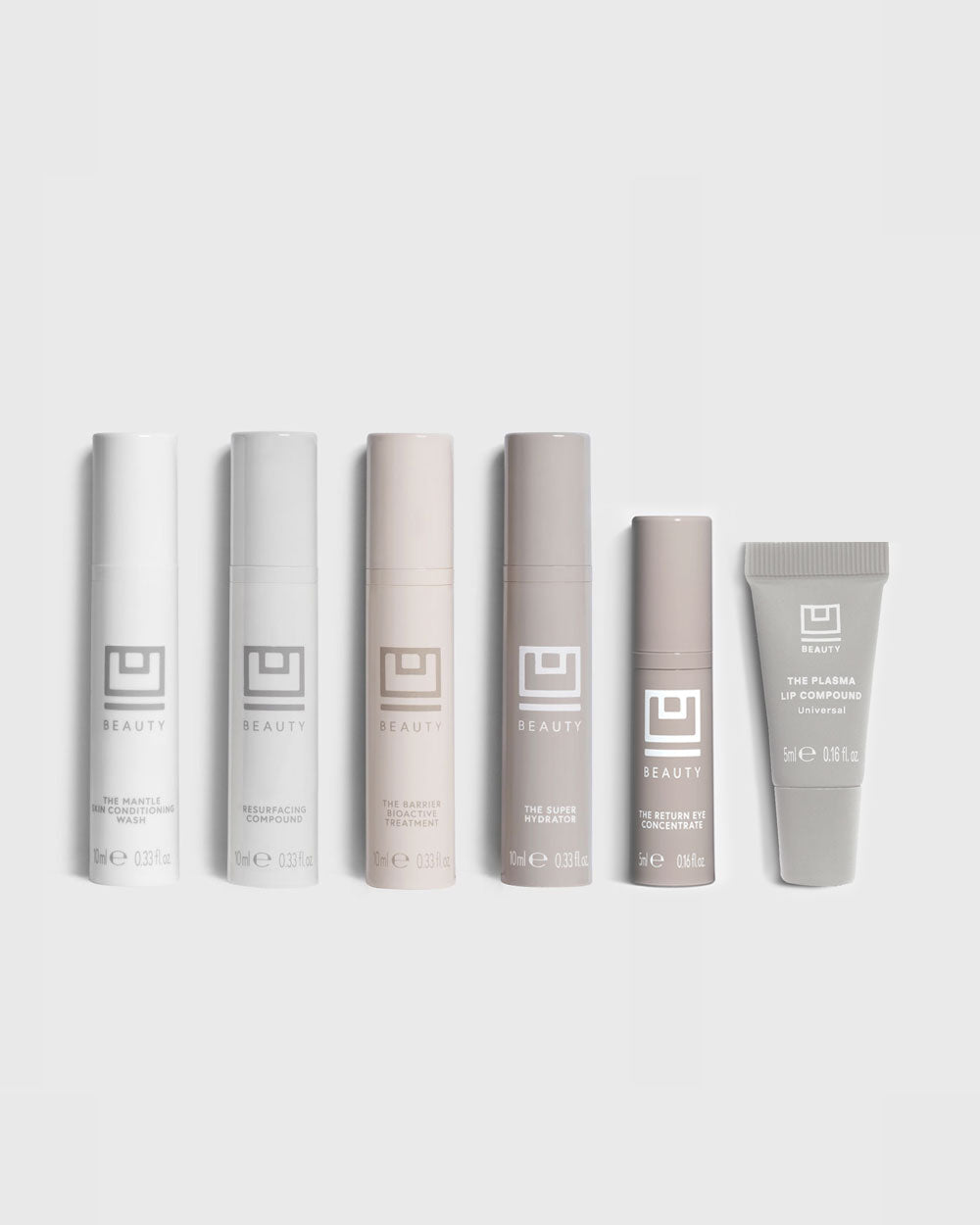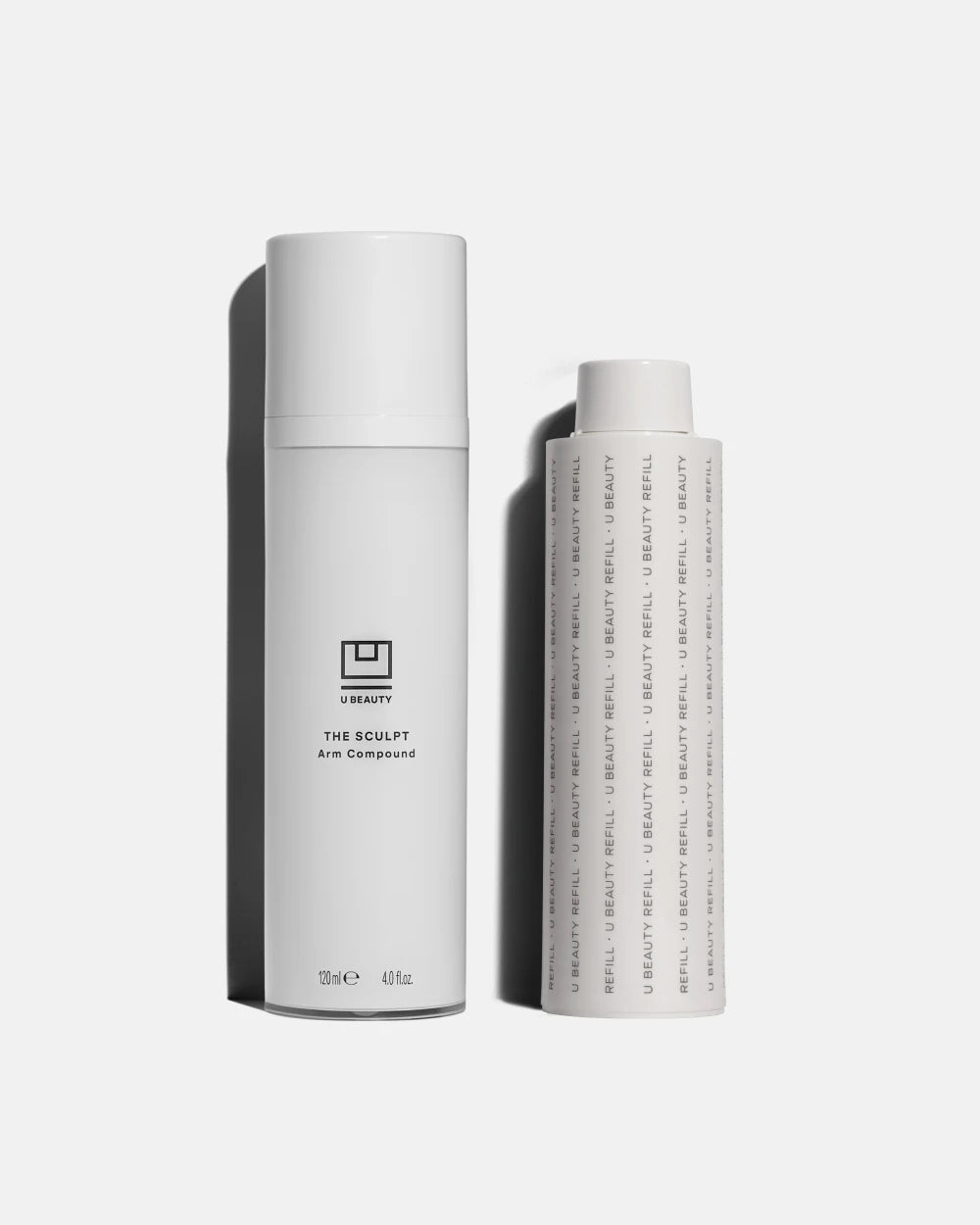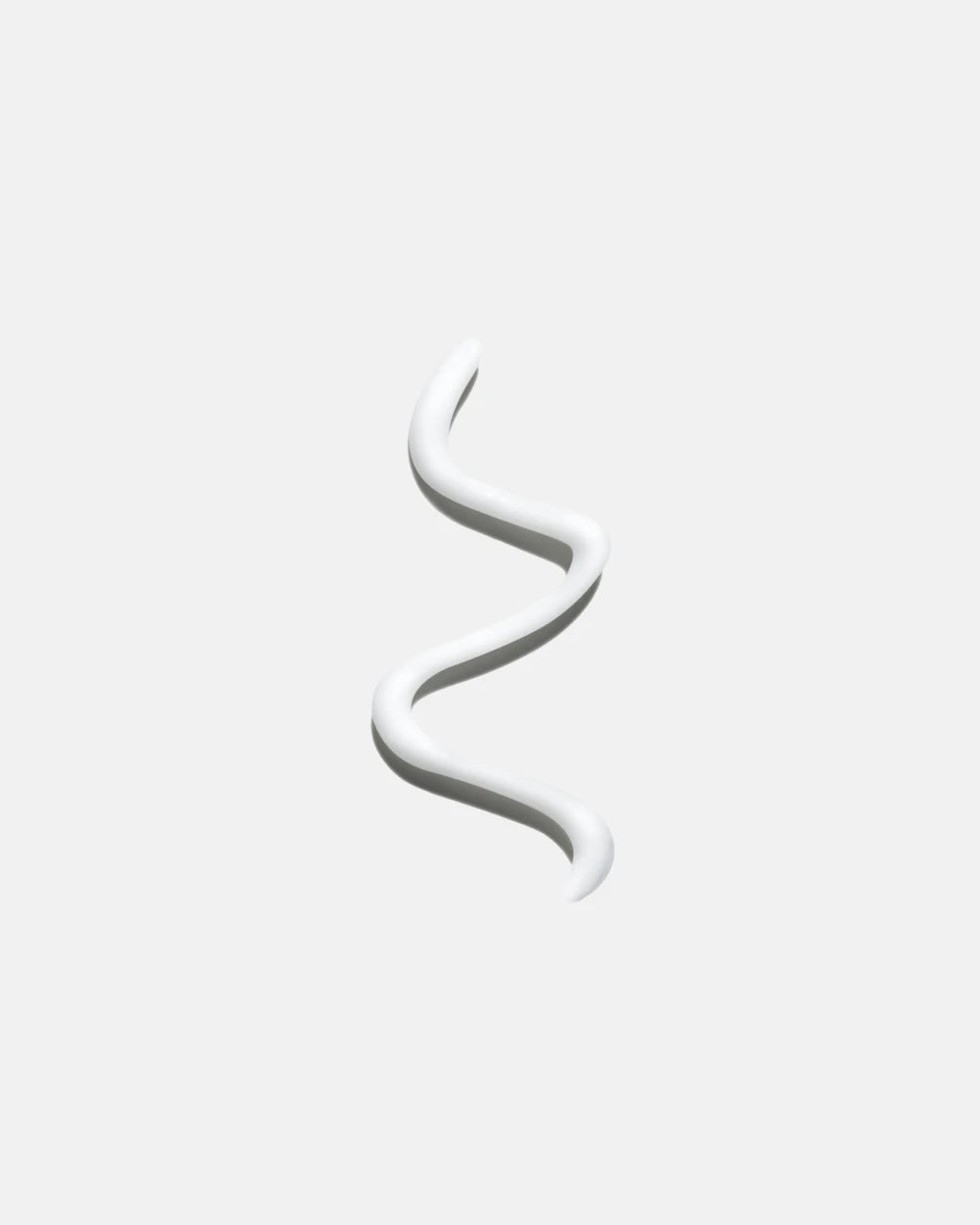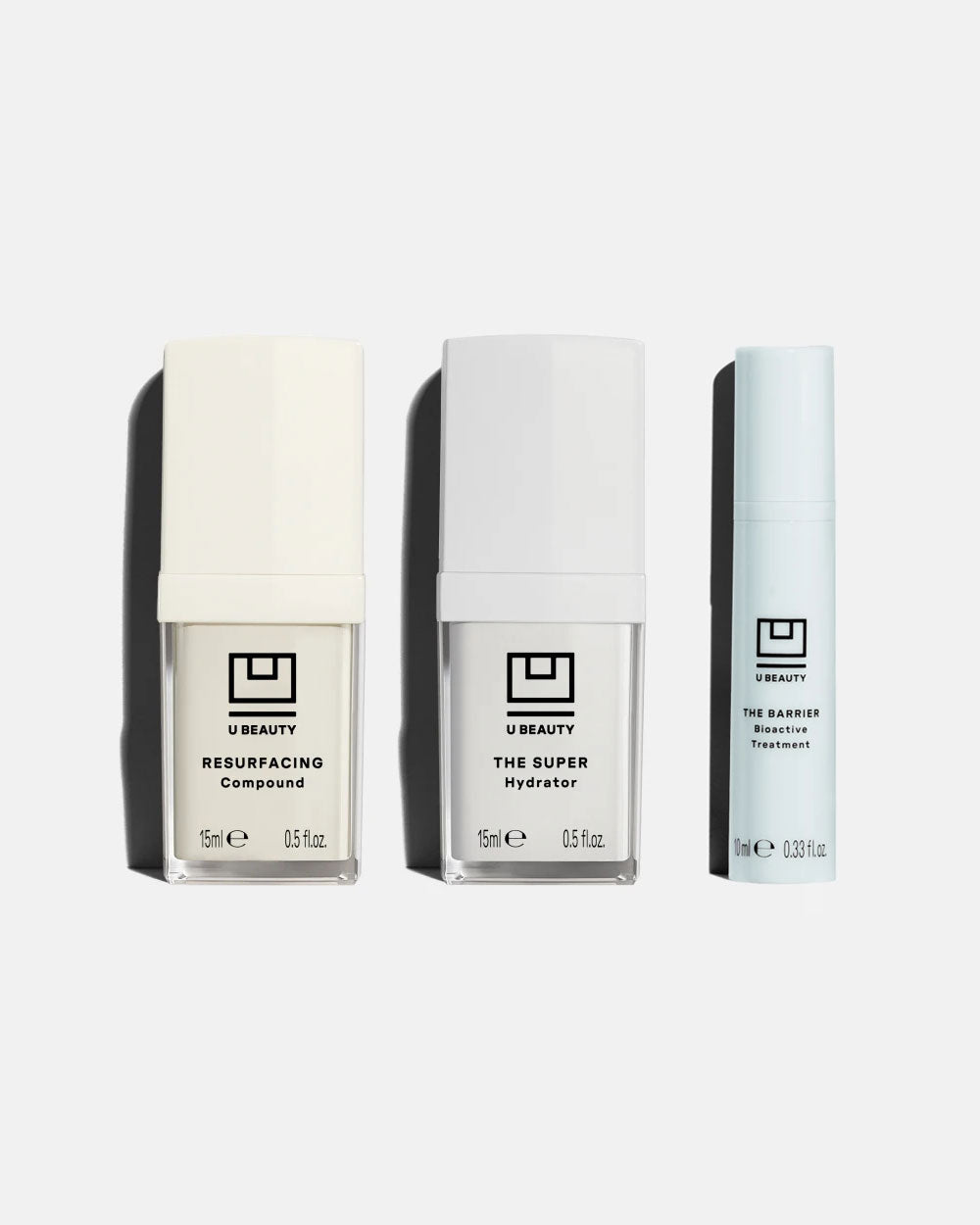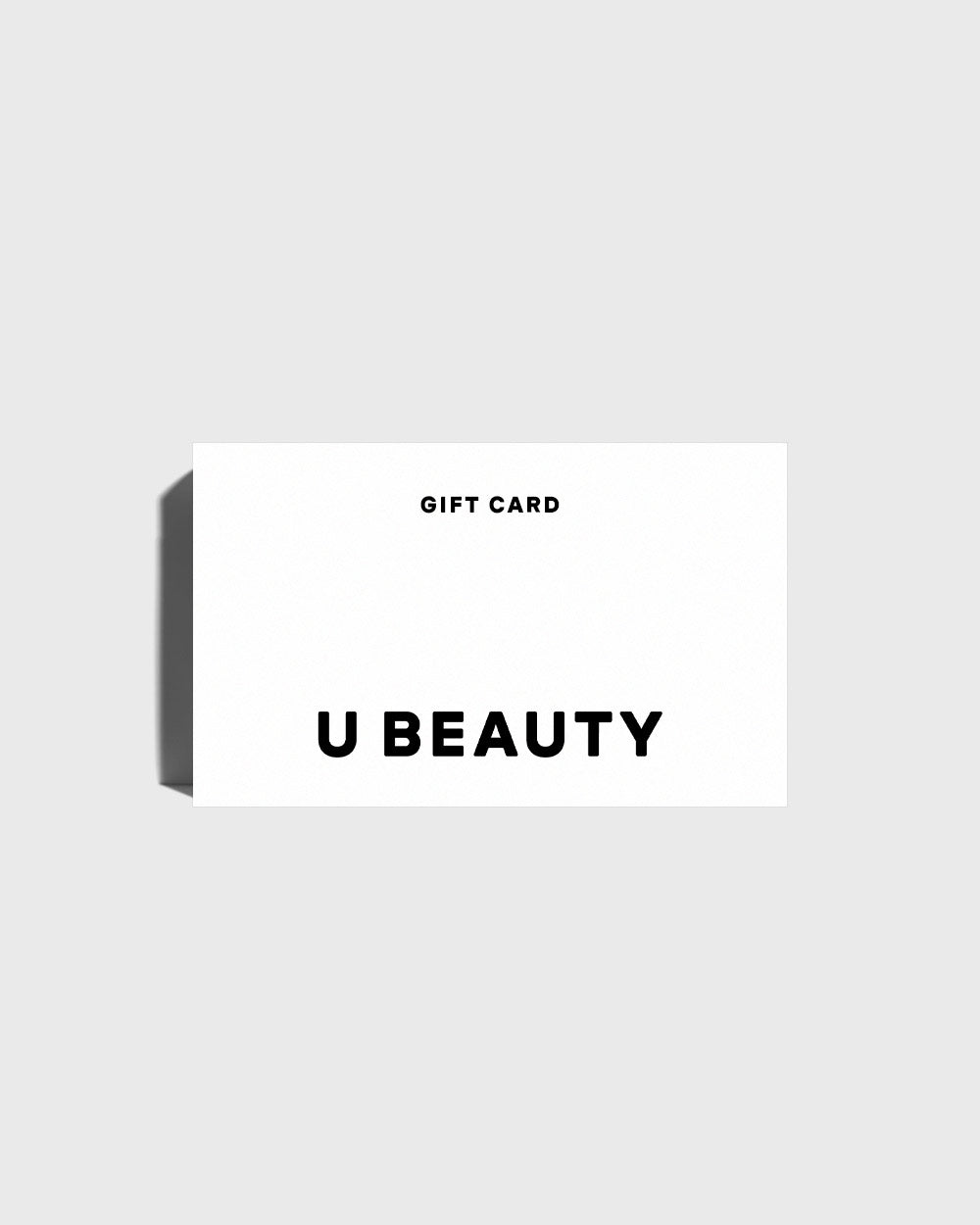Chemical vs. Mineral Sunscreens

Decoding Sun Protection: Chemical vs. Mineral Sunscreens
Deciding between chemical and mineral sunscreens is a quandary many face, especially given the many options available on the shelves. When it comes to sun protection, understanding your choices is key, especially if you're aiming for a truly protective skincare routine.
With phrases like "SPF 50," "broad-spectrum," and "reef-safe" splashed across the packaging, making an informed decision might start to feel like decoding a scientific journal. Beyond safeguarding against sunburn and skin aging, the right type of sunscreen can also offer critical defense against issues related to unprotected sun exposure.
Whether you have sensitive skin or you're simply looking to switch up your suncare routine, knowing the nuances between chemical and mineral sunscreens could make all the difference. So, let’s talk about SPF protection and the differences between chemical and mineral sunscreens.
Why Is Sunscreen So Important?
Let's start with the basics. The sun emits UVA and UVB rays, which can take a toll on your skin's appearance. UVB rays are the primary culprits behind sunburn, while UVA rays penetrate deeper, causing premature aging. Not to sound alarming, but skipping out on sunscreen is a surefire way to speed up the clock on fine lines and saggy skin.
But the relevance of sunscreen isn't merely skin-deep. These UV rays are capable of altering your DNA, increasing risks associated with unprotected sun exposure. Broad-spectrum sunscreen provides a shield against both UVA and UVB radiation.
This is where the SPF (sun protection factor) comes into play. SPF 30 and SPF 50 are common choices that offer substantial sun protection.
It’s important to note that SPF doesn't scale linearly: SPF 30 blocks approximately 97 percent of UVB rays, while SPF 50 blocks about 98 percent. In fact, SPF is simply a measure of how long it would take for your skin to burn without the sunscreen compared to with it. For instance, it would take your skin 30 times as long to burn while wearing SPF 30, and 50 times as long to burn while wearing SPF 50.
Beyond minimizing the risk of damage and slowing down visible signs of aging, sunscreens can improve the appearance of your skin's overall texture and tone. By fending off UV exposure, you're not just staving off burns; you're actively nurturing a smoother, more even-looking complexion.
Now that we've explored the importance of sun protection, it's time to delve into the science of chemical and mineral sunscreens. What are their active ingredients? How do they sit on your skin's surface? And most importantly, which is the best sunscreen for your specific skin type? Let's find out.
What Is Chemical Sunscreen?
These sunscreens boast active ingredients like oxybenzone, avobenzone, octinoxate, octocrylene, and octisalate. Don't let the jargon intimidate you—understanding these elements can elevate your sun protection game.
These ingredients are designed to absorb ultraviolet (UV) rays and convert them to heat. Upon absorption, a chemical reaction occurs, converting the UV rays into harmless heat, which is then released from the skin.
They can also provide high SPF ratings and broad-spectrum protection against both UVA and UVB rays. However, be aware that some active ingredients like oxybenzone have raised concerns about coral reef safety. Hawaii has even gone as far as to ban sunscreens containing oxybenzone and octinoxate to protect marine life.
If you have sensitive or acne-prone skin, be cautious. Some chemical sunscreen ingredients have been known to cause skin irritation or exacerbate existing skin issues.
It’s also important to opt for a product that is non-comedogenic if you're prone to breakouts. Despite these caveats, chemical sunscreens remain a popular choice for their ease of application, high SPF options, and broad-spectrum capabilities.
What Is Mineral Sunscreen?
Visualize mineral sunscreens as your skin's personal reflective shield. They often utilize zinc oxide or titanium dioxide as active ingredients. In addition to absorbing UV rays and converting them to heat, mineral sunscreens also reflect some light and heat. Picture these ingredients as millions of tiny mirrors bouncing harmful rays away from your face and body.
Because they form a physical barrier, mineral sunscreens are often referred to as "physical sunscreens." They offer broad-spectrum protection immediately upon application—no waiting period necessary. On the flip side, their thicker formulations can lead to a white cast, which is particularly noticeable on darker skin tones. They may also feel heavier and are sometimes more challenging to blend into the skin.
Those with sensitive skin often gravitate toward mineral formulations, as they are less likely to irritate the skin or trigger allergies. Also, they're usually considered reef-safe, posing less of a threat to marine ecosystems than some chemical sunscreens. However, they often require more frequent reapplication, especially if you're sweating or swimming, to maintain effective sun protection.
What’s the Difference Between the Two?
The fundamental differences between chemical and mineral sunscreens extend beyond their mechanisms of protecting against UV radiation. Let's delve into some of the nuances.
For those who despise a greasy feel or white cast often associated with sunblock, chemical sunscreens could be your holy grail. They blend effortlessly into the skin and are often incorporated into cosmetics and moisturizers, making them a convenient addition to your skincare routine.
Mineral sunscreens, packed with zinc oxide or titanium dioxide, may initially leave a white cast, especially on darker skin. However, they are a favorite for sensitive skin due to their soothing properties.
The type of sunscreen that's best for you will vary based on your individual preferences, ethical considerations, and specific skin concerns. Be mindful of factors such as SPF levels, whether the sunscreen offers broad-spectrum protection against both UVA and UVB rays, and your planned activities for the day (for instance, you may want water-resistant formulations for a day at the beach).
Introducing the Multimodal Defender
Navigating the labyrinth of sunscreens can be perplexing. To simplify the search, let's focus on a product that truly does it all: our Multimodal Defender Broad Spectrum SPF 30. It's formulated with a blend of powerful, skin-loving ingredients such as vitamin C, hyaluronic acid, and zinc oxide.
This product offers a range of benefits designed to improve your skin's appearance. Whether you're fighting off fine lines or combating an uneven skin tone, this sunscreen has got you covered—and you don’t have to take our word for it, either. Our clinical research speaks for itself.
An even skin tone is the foundation of a radiant complexion, and the vitamin C in this formulation works tirelessly to brighten the appearance of your skin, minimize the appearance of dark spots, and visually smooth signs of aging.
Vitamin C is also an antioxidant, providing an extra layer of defense against other environmental stressors. Hyaluronic acid, another standout ingredient, hydrates your skin at a cellular level, offering a plump, youthful appearance that minimizes visible signs of redness and puffiness.
Beyond these aesthetic advantages, our Multimodal Defender offers broad-spectrum protection. It's formulated to defend against both UVA and UVB rays, as well as infrared and blue light. Equipped with SPF 30, our sunscreen offers a balance of efficacy and comfort, making it a compelling option for a range of skin types and tones.
The Sunny Side of Skincare
Sunscreen is a year-round necessity for anyone serious about maintaining a beautiful, youthful-looking complexion. Why settle for a sunscreen that offers mere protection when you can have a product that can also encourage a bright and youthful radiance? Our Multimodal Defender is packed with ingredients designed to promote a healthier-looking complexion while offering robust protection against UVA, UVB, infrared, and blue light rays.
As you consider your options for that all-important sunscreen purchase, consider opting for a product that is backed by rigorous scientific research and offers a plethora of skin benefits. Your skin won't just be protected; it will feel nourished and revitalized.
Sources:
Many Common Sunscreens May Harm Coral. Here’s What To Use Instead | NPR
A Review of Inorganic UV Filters Zinc Oxide and Titanium Dioxide | National Library of Medicine
Sun Protection Factor (SPF) | Food and Drug Administration (FDA)
